Sculpture
Sculpture in the Bachelor study programme
In its broadest sense, sculpture involves the process of aesthetic formation in space and includes practices such as the plastic arts, sculpture, installations, object art, conceptual art and performance. The Bachelor's degree course taught in the Department of Sculpture gives its students the opportunity to establish an independent artistic vision and reflect on and engage with practical and conceptual/theoretical issues of sculpture in the past, present and future.
The artistic categories covered by the course include all fields of sculptural design, from the conception of form to colour and space, including their manifold levels of modulation. Students are also required to engage with contemporary art theoretical discourses and a wide range of historical and contemporary visual and form languages. They investigate spatial and environmental relations, issues of sustainability and learn to situate their own artistic articulations and those of others in the specific socio-cultural context of their development.
Learning and research on the degree course is structured by students’ completion of an artistic development project, in which they work independently or in groups to develop their individual artistic vision through the interplay of practical and conceptual work.
Practical sessions in the HFBK workshops and laboratories enable students to engage intensively with aspects of material and form and to acquire the design techniques requisite to the implementation of their artistic ideas. Working with a range of traditional materials – plaster, ceramics, plastics, wood and metal – they also learn 3D printing, media technology and electronics skills.
The interdisciplinary nature of the degree course provides students with the opportunity to engage with related disciplines, thereby situating their artistic endeavours within this broader methodological framework. The HFBK encourages and enables its students to widen their cultural horizons by spending part of their studies at a partner university abroad.
We also provide our students with the opportunity to gather experience in a range of contexts both within and outside the art world. Working in an in-house setting – such as the HFBK annual exhibition and in-house gallery – and at events organized by external partners, students gain experience in the presentation, communication and discussion of artistic works.
Supplementary courses taught in the Department of Theory and History enable students to explore a range of issues in art theory, history and method in further depth. Relating this to their own artistic vision and experience, students are able to establish their artistic approach and historical understanding.
Sculpture in the Master study programme
The Master’s degree course taught in the Department of Sculpture gives its students the opportunity to consolidate their independent artistic vision and develop their critical reflection skills to engage with practical and conceptual questions drawn from the past, present and future of sculpture.
Students of the degree course can work in a wide variety of fields of visual design, ranging from conception to realization. This can touch on issues of form, colour, spatial conception and its many levels of modulation. Students will engage with contemporary discourses of art theory, historical and contemporary visual and formal languages, relations with space and environment and issues of sustainability. They also learn to situate their own artistic articulations and those of others in the specific socio-cultural context of their development.
Learning on the degree course is structured by students’ completion of an artistic development project, in which they work independently or in groups to develop their independent artistic vision through the interplay of practical and conceptual work. Working independently and autonomously to explore a range of artistic expressions and the techniques deployed to realize them constitutes a central focus of the Master's degree course.
Students participate in projects conducted with museums, galleries and the HFBK gallery and annual exhibition to develop skills in the presentation, communication and discussion of artistic works. Master’s students can also study at one of the HFBK's many partner universities.
Supplementary courses taught in the Department of Theory and History enable students to explore a range of further issues. Together with the interdisciplinary nature of the degree course, students have the opportunity to engage with related disciplines, thereby developing and refining their artistic approach.
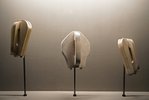









 Martin Boyce
Martin Boyce
 Thomas Demand
Thomas Demand
 Pia Stadtbäumer
Pia Stadtbäumer
 Kai Cui
Kai Cui
 Gerhard Krause
Gerhard Krause
 Alexander Holtkamp
Alexander Holtkamp
 Michael Dachselt
Michael Dachselt






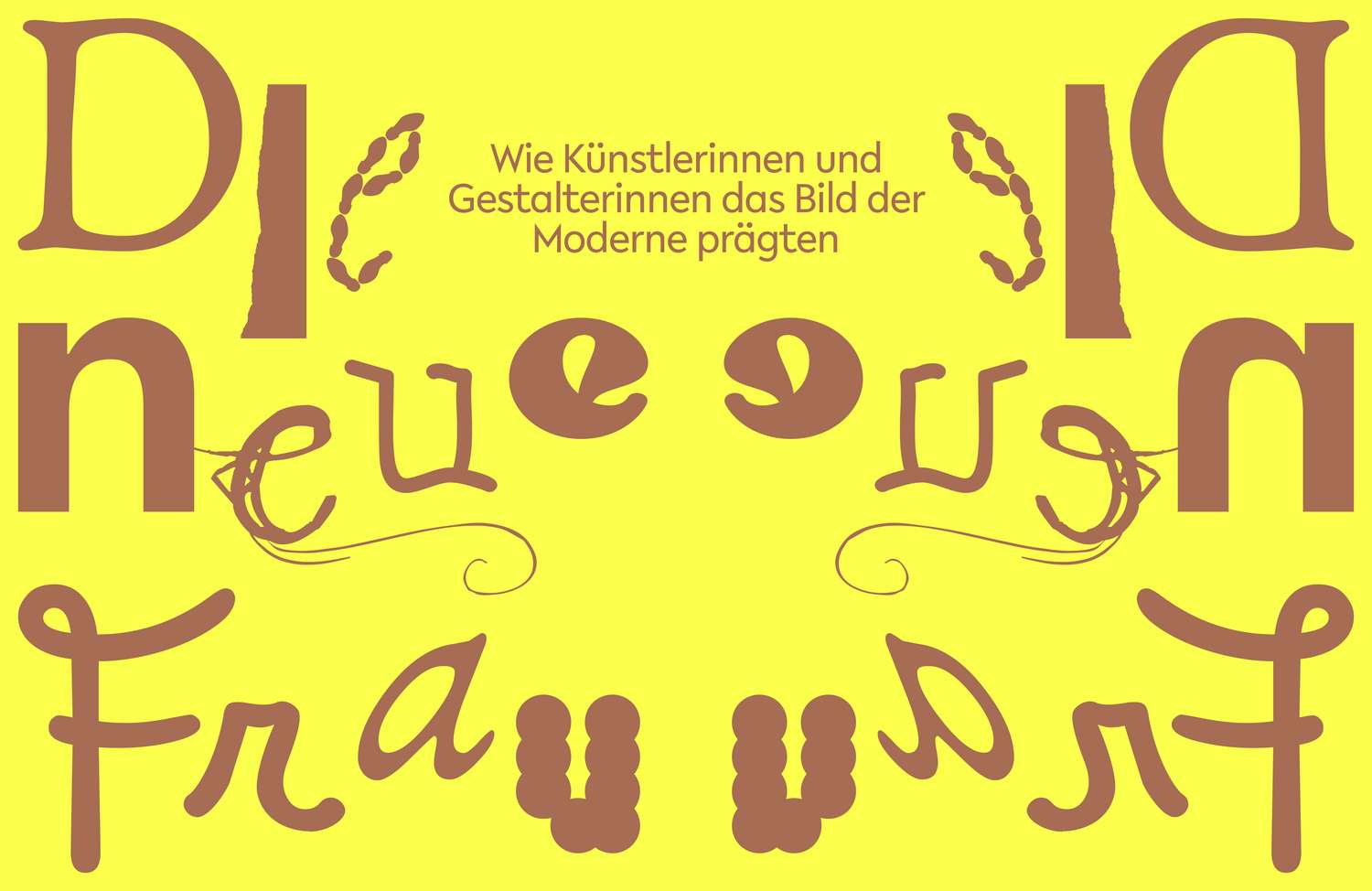
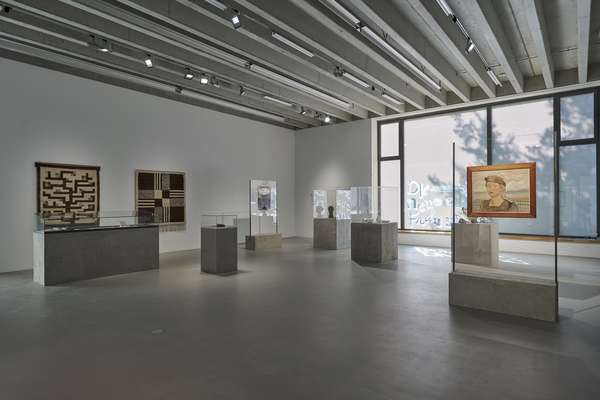
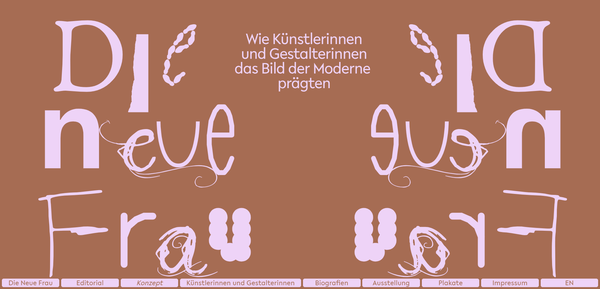
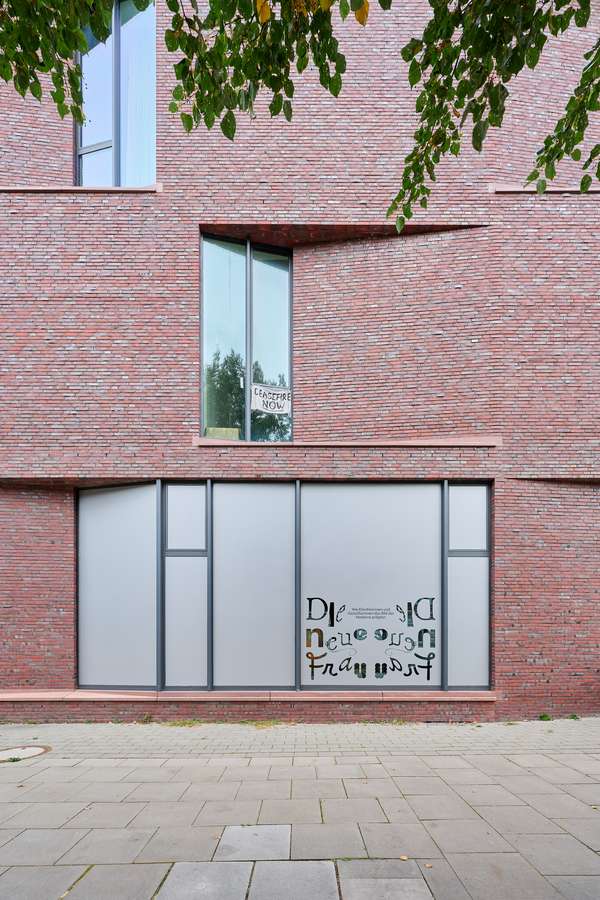
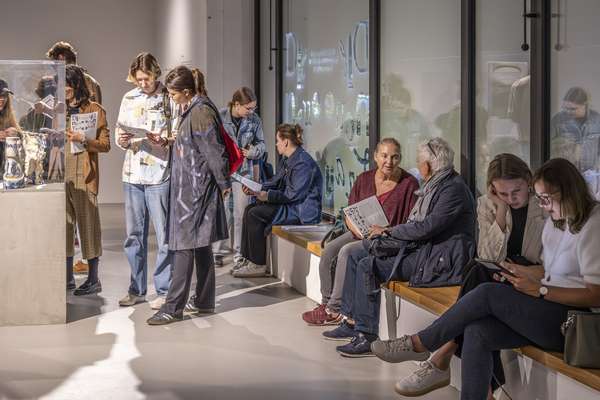
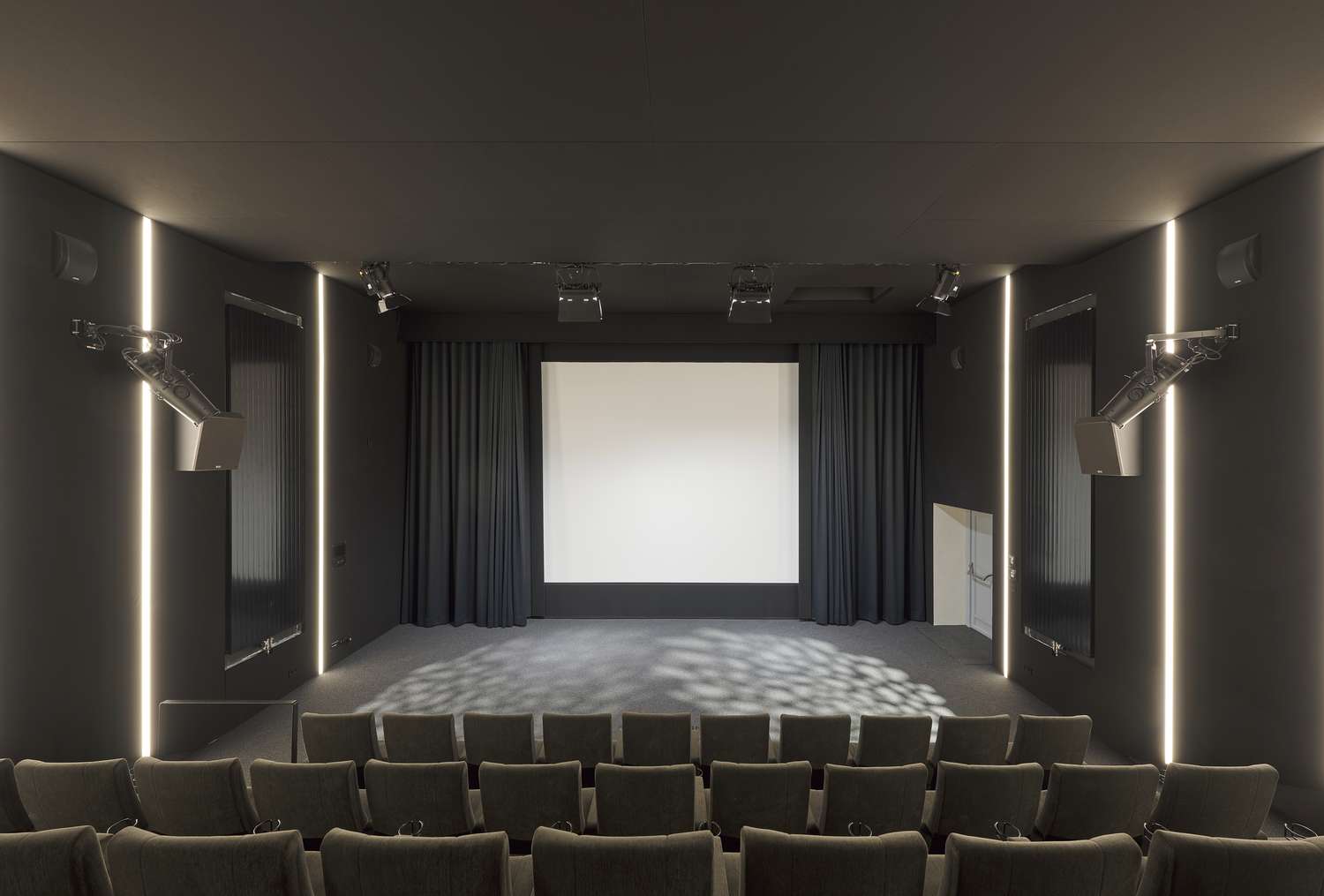
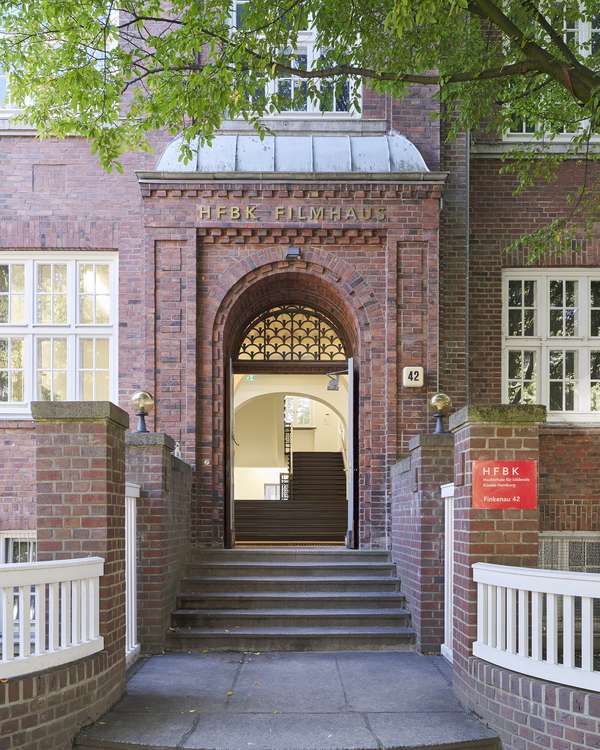
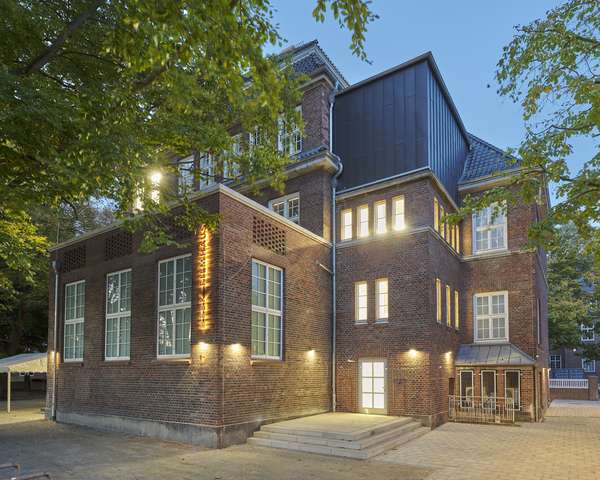

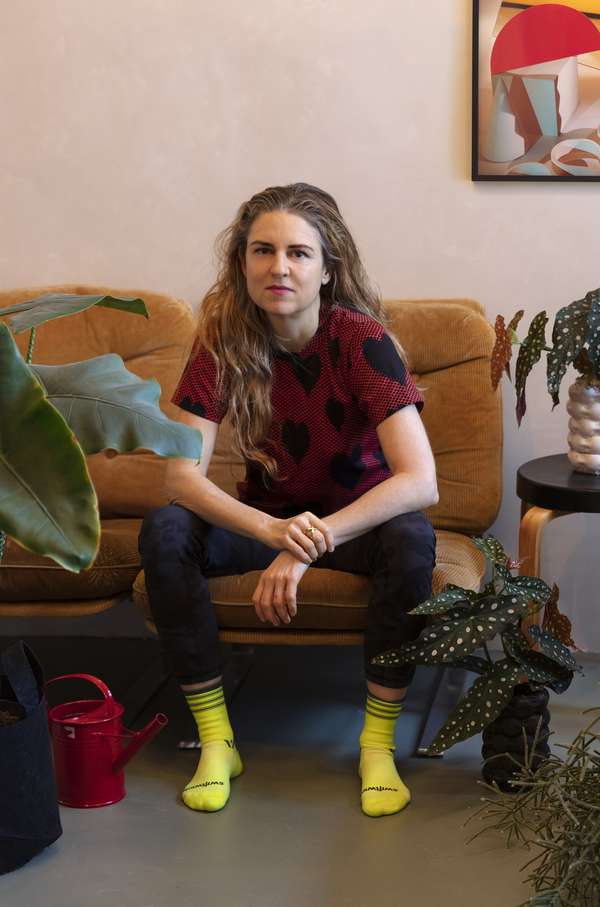
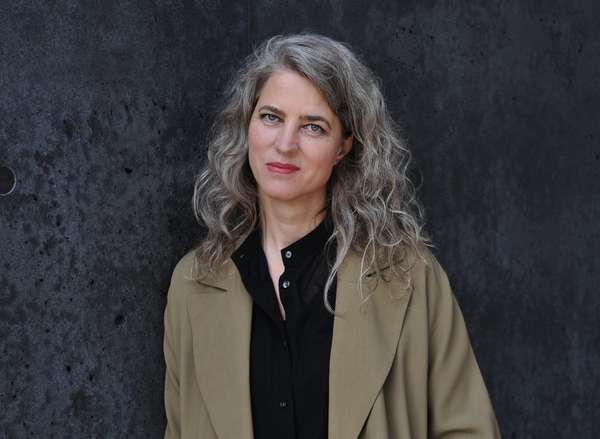
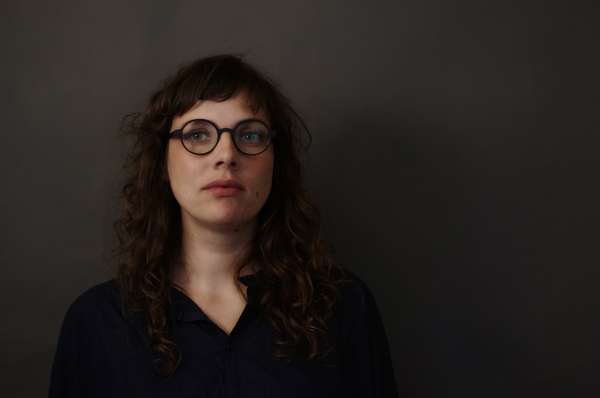
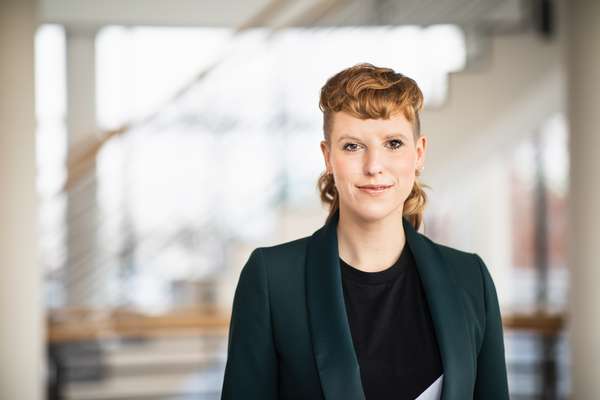

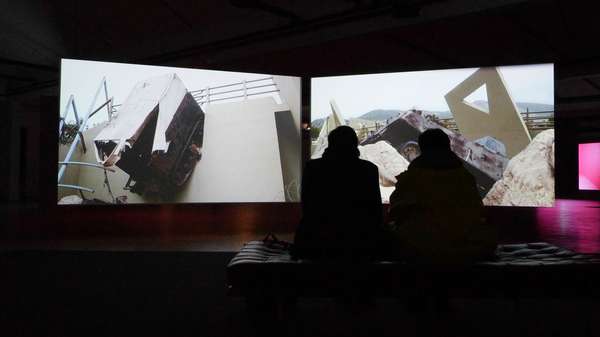
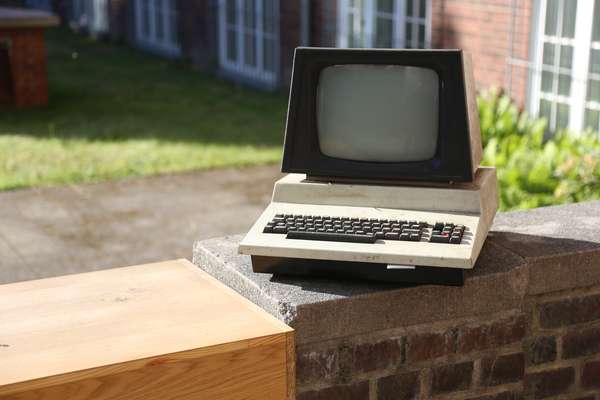
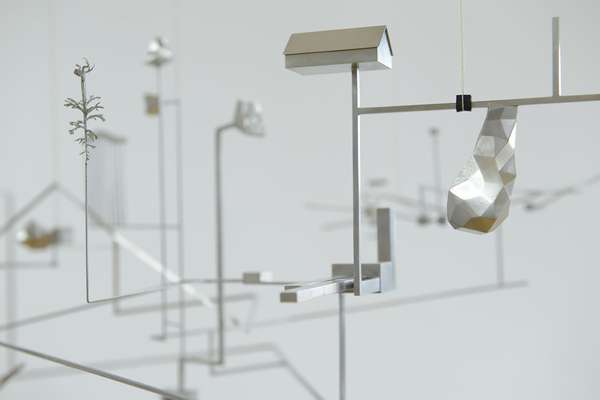

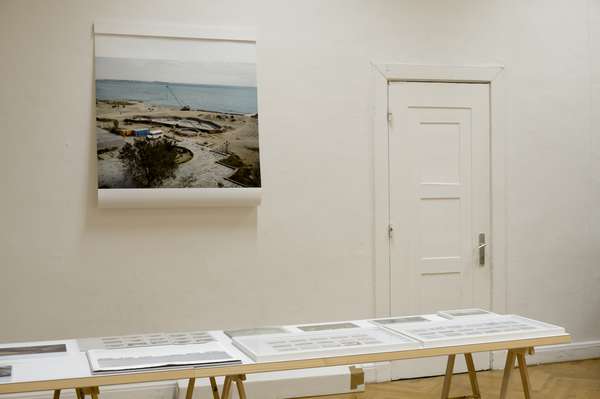


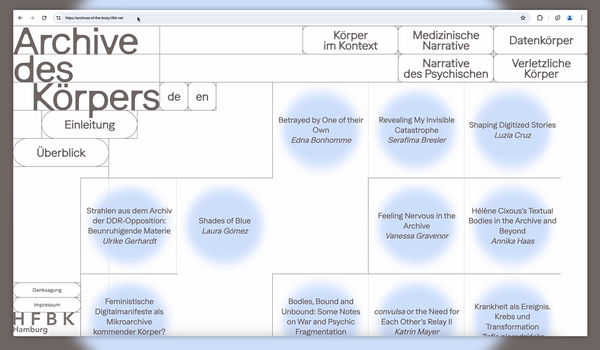


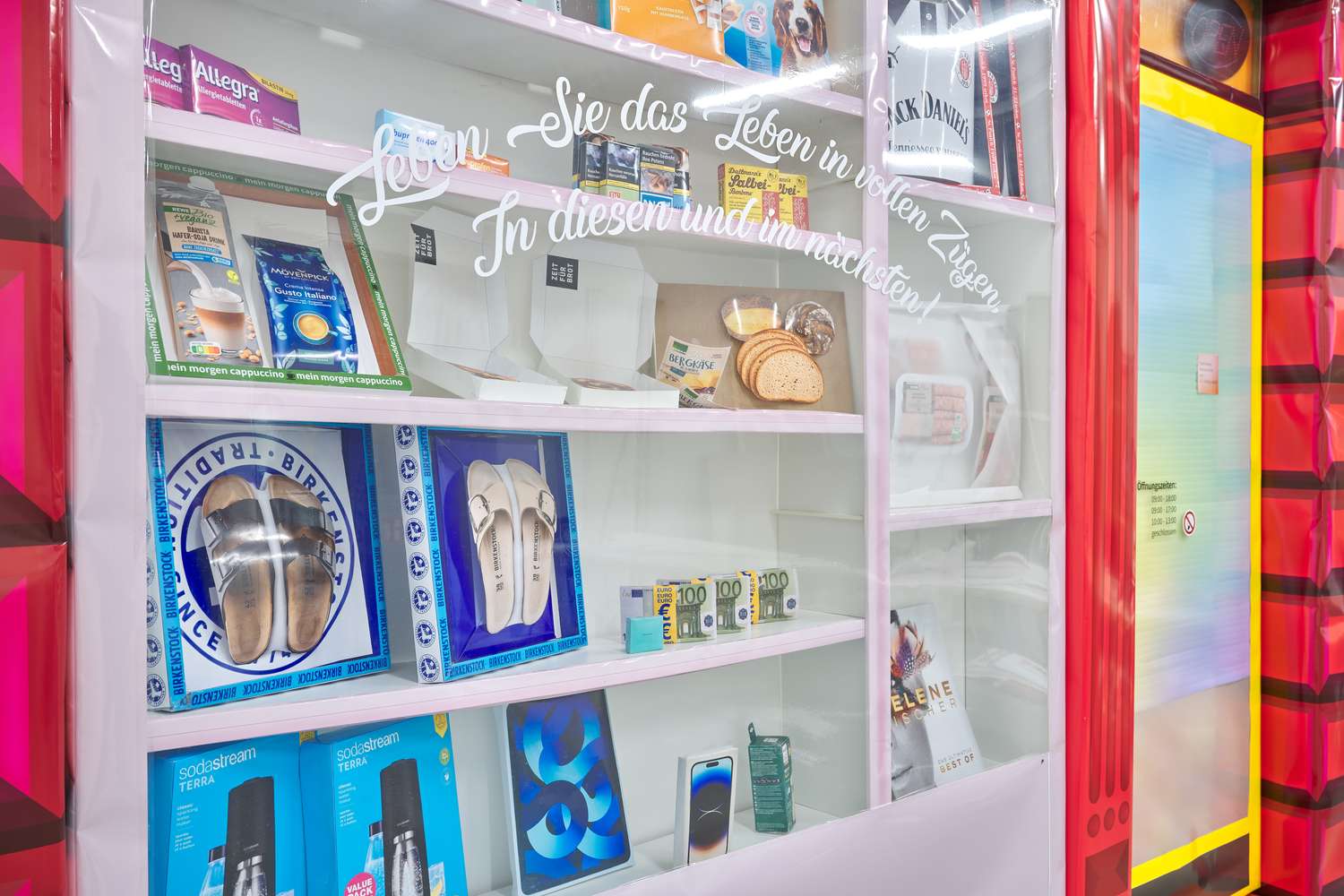
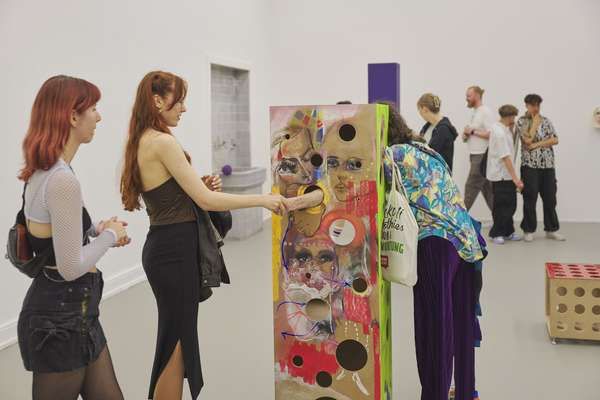
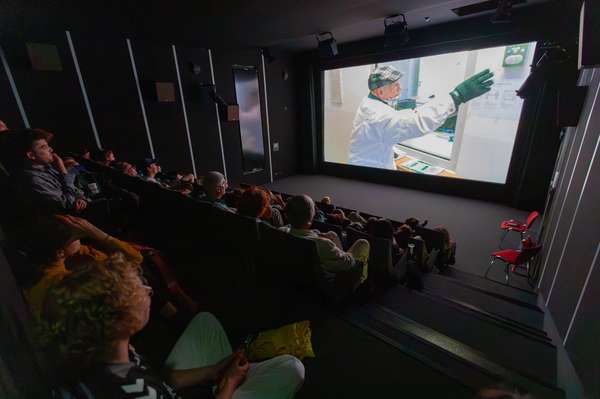
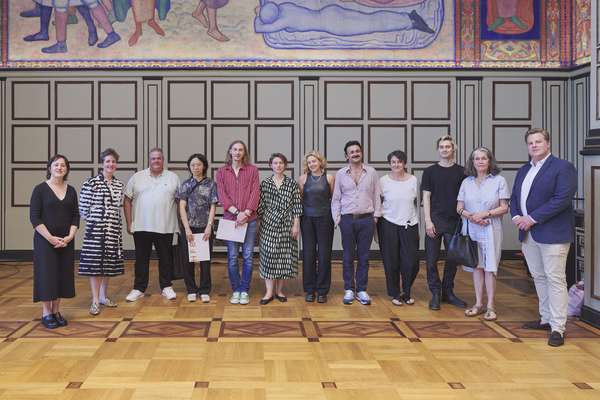

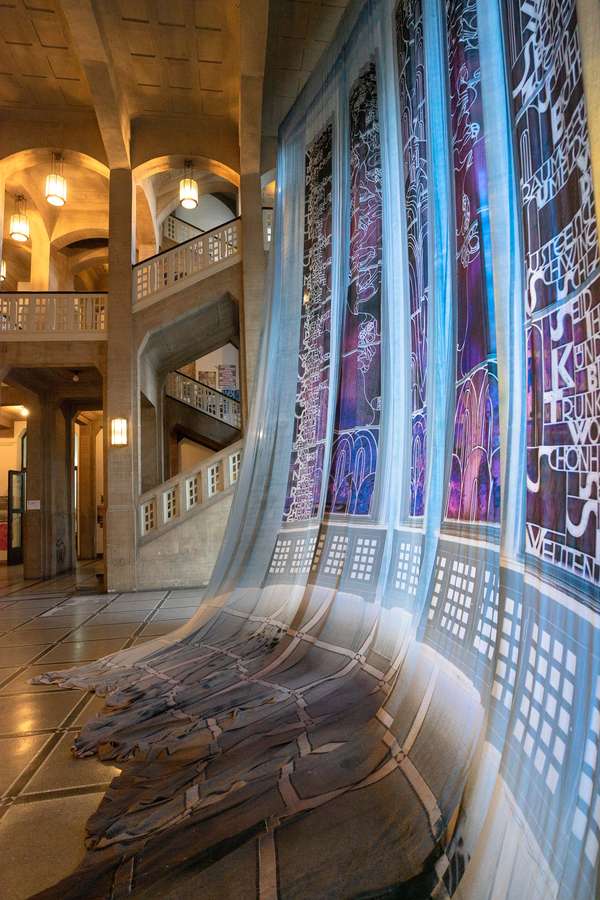
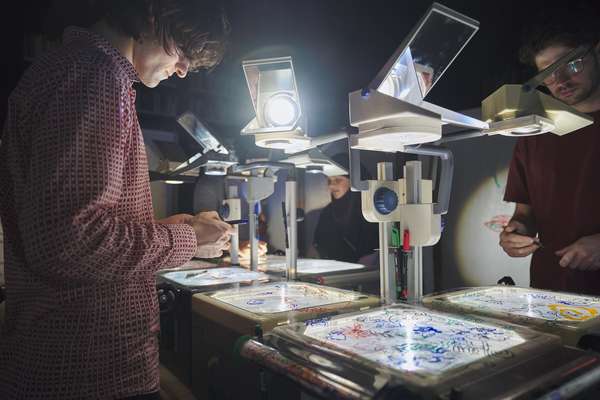


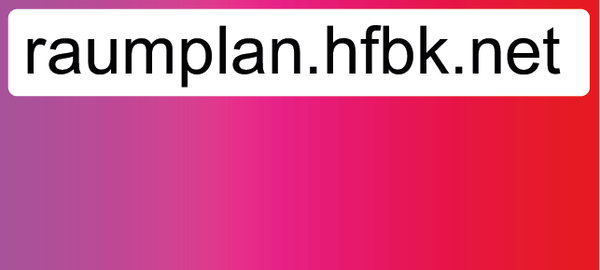
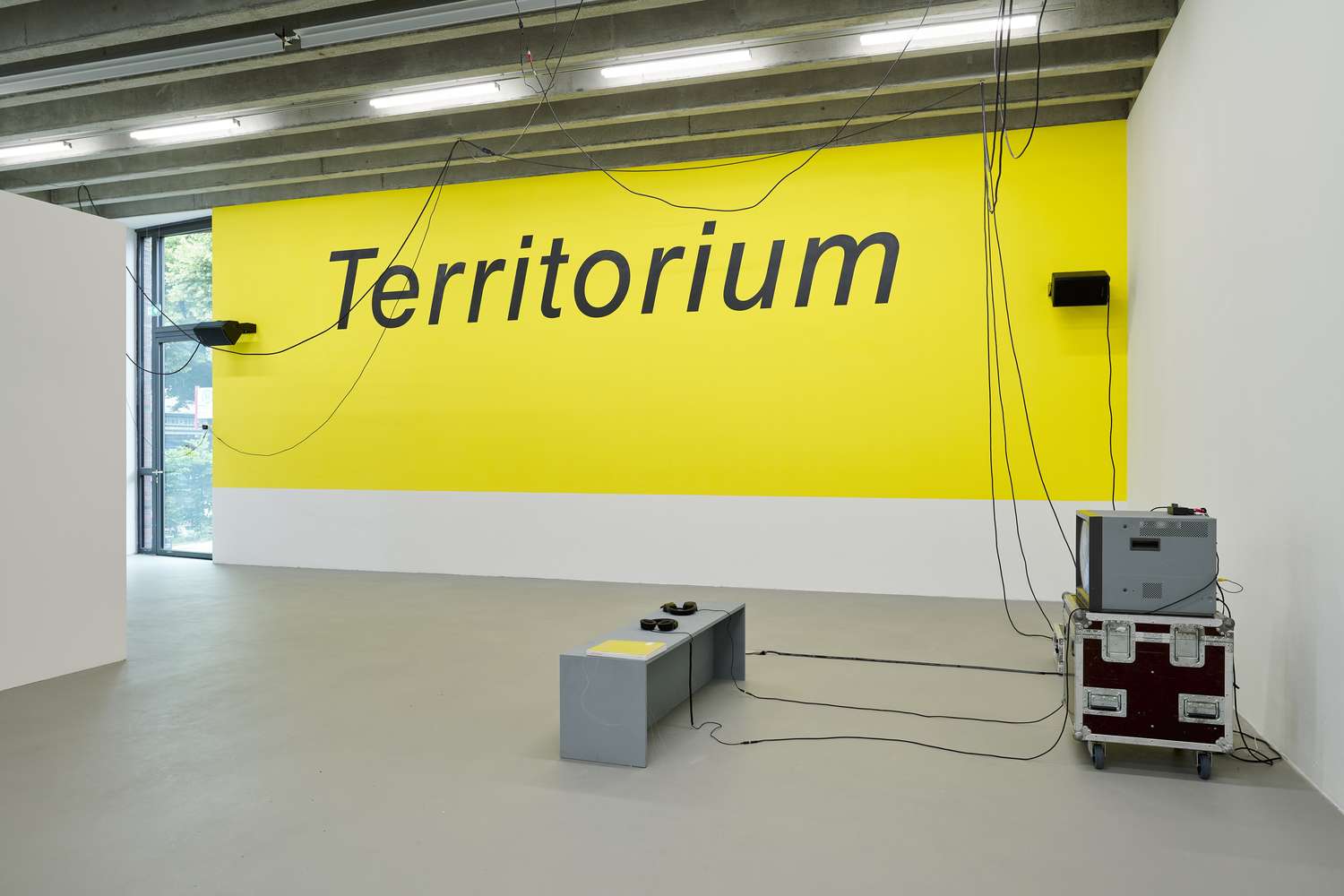
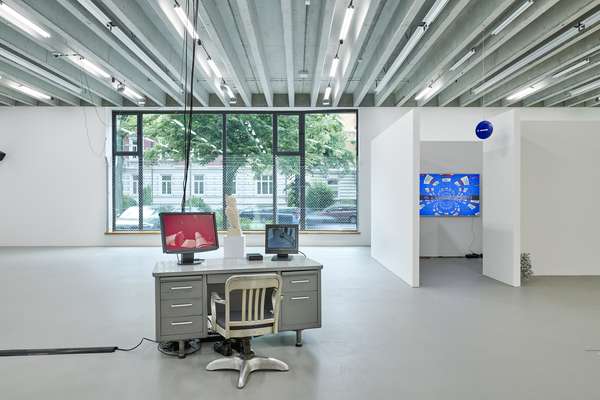
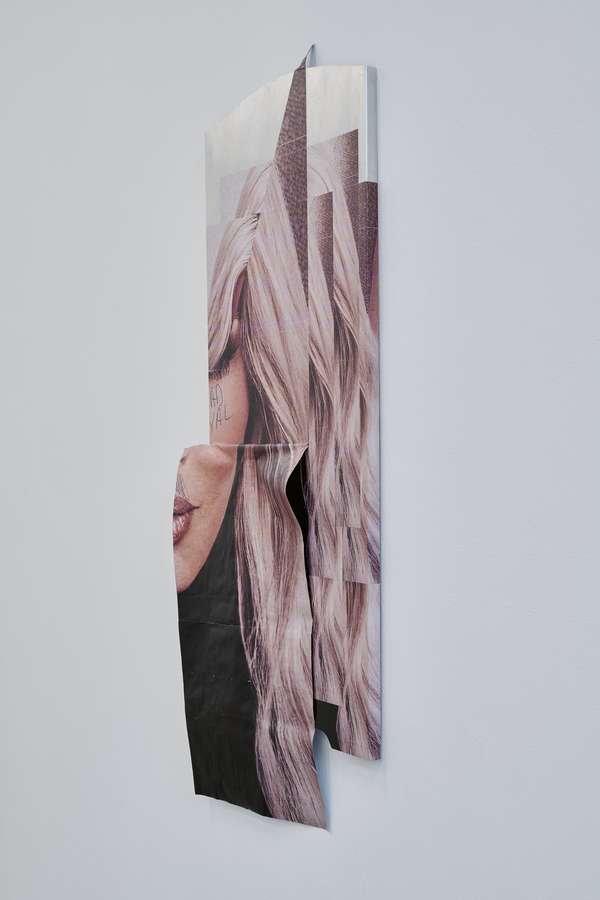
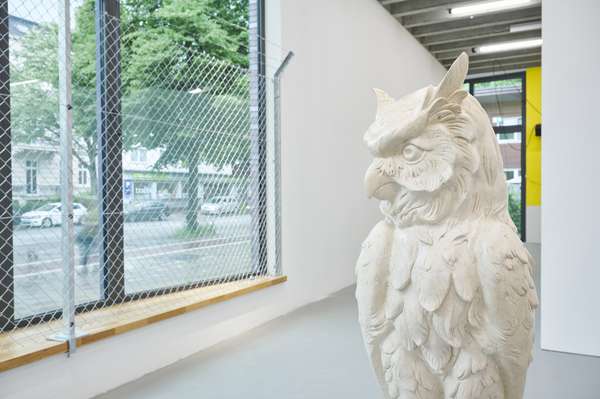
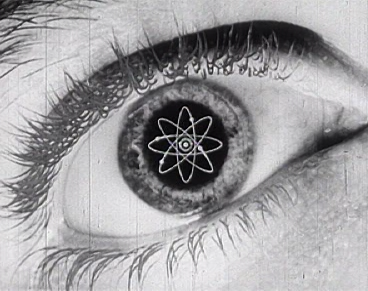
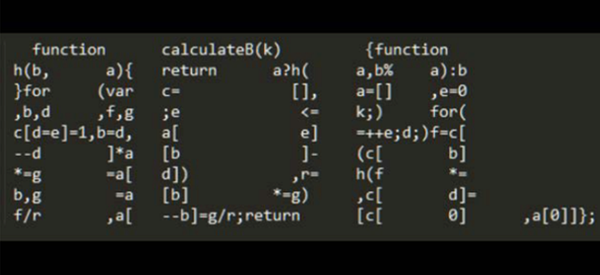
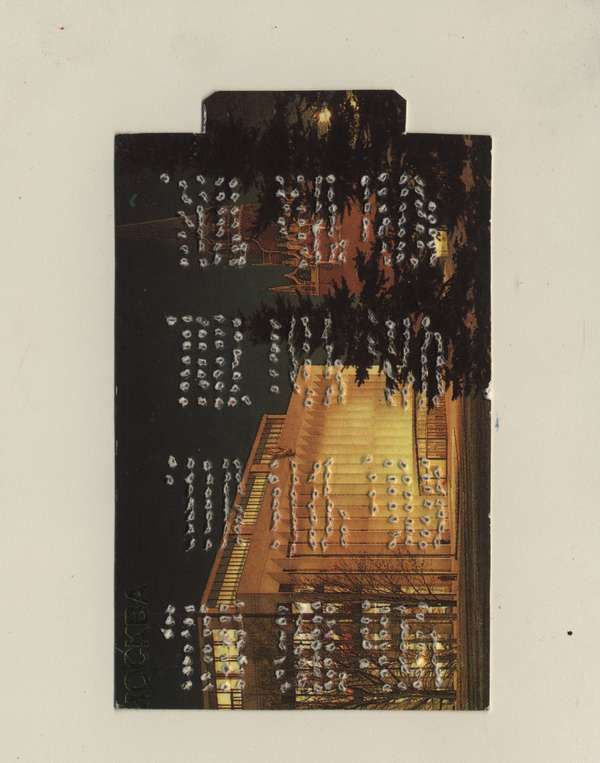
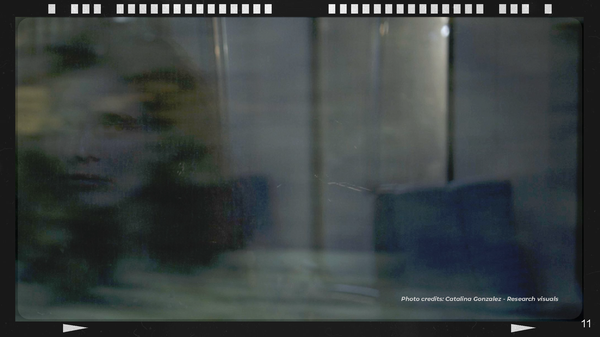
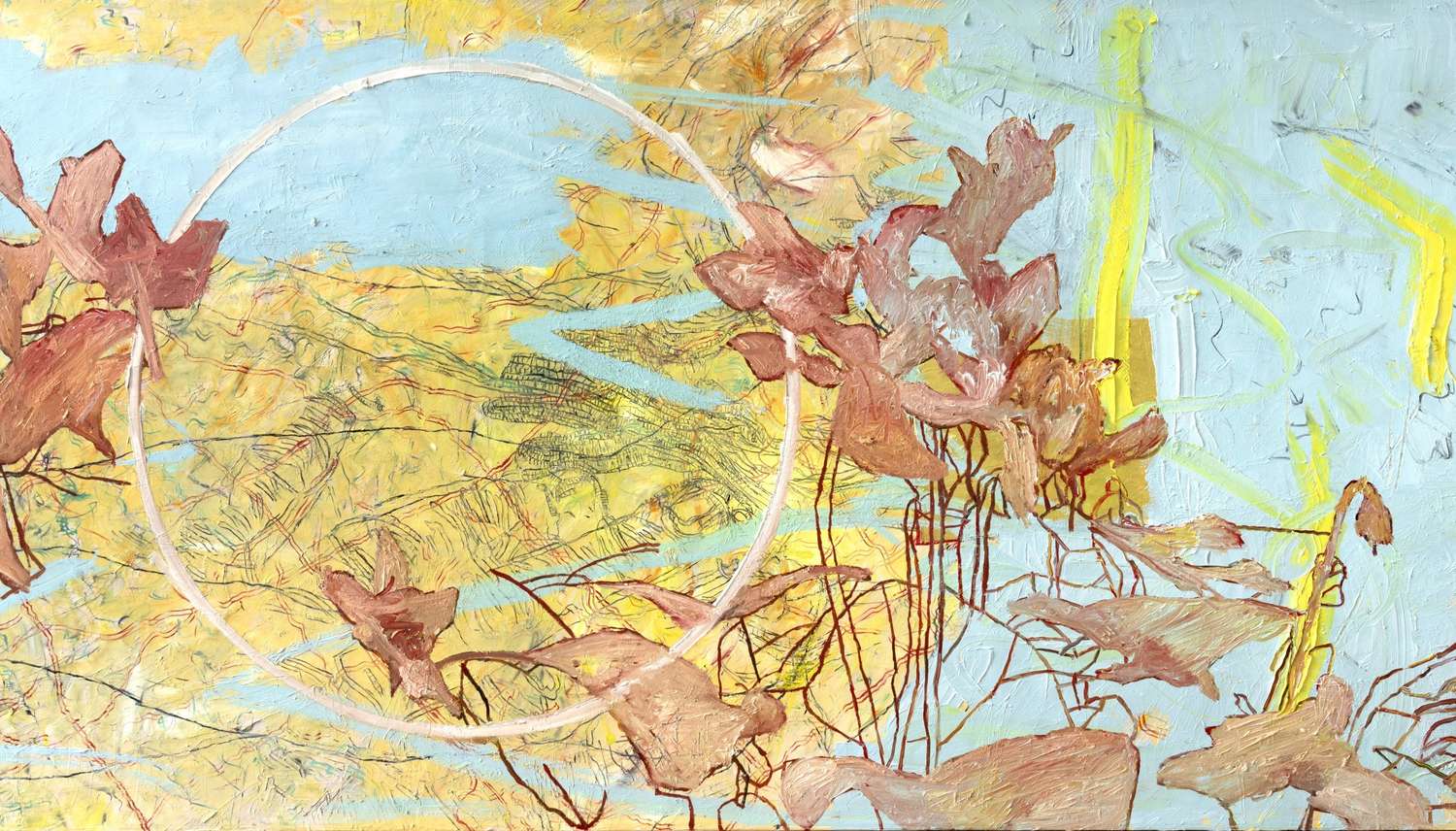
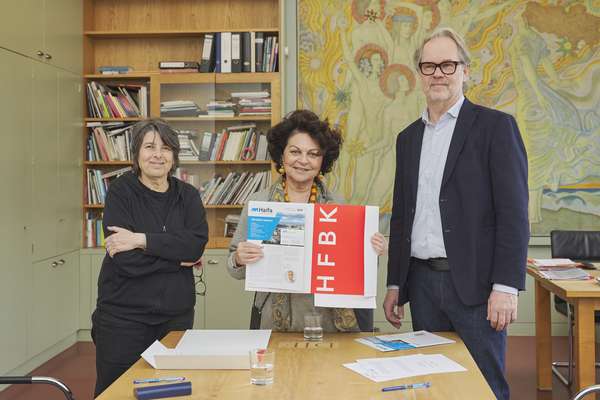
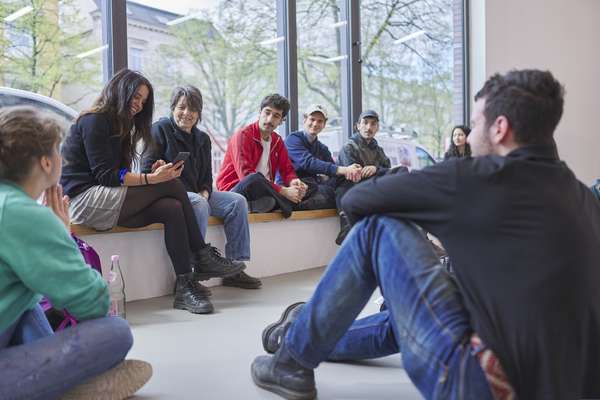
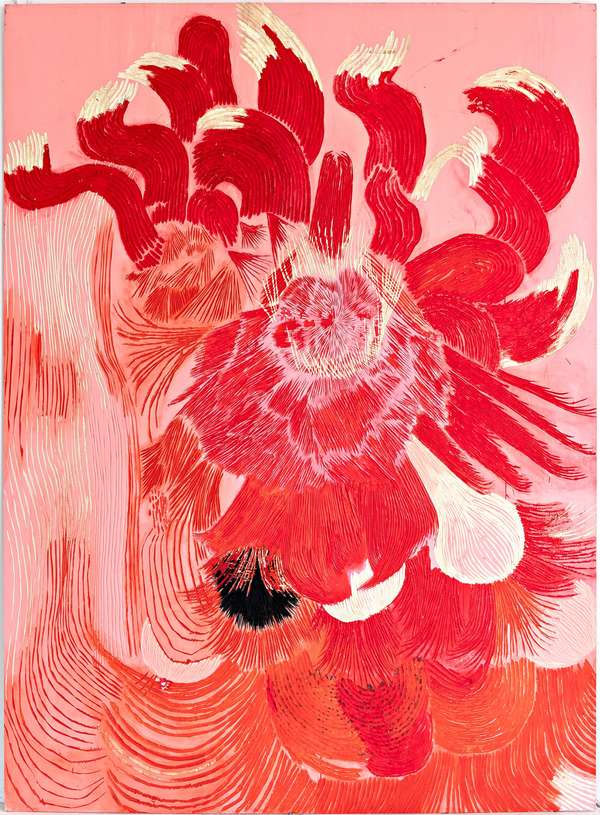
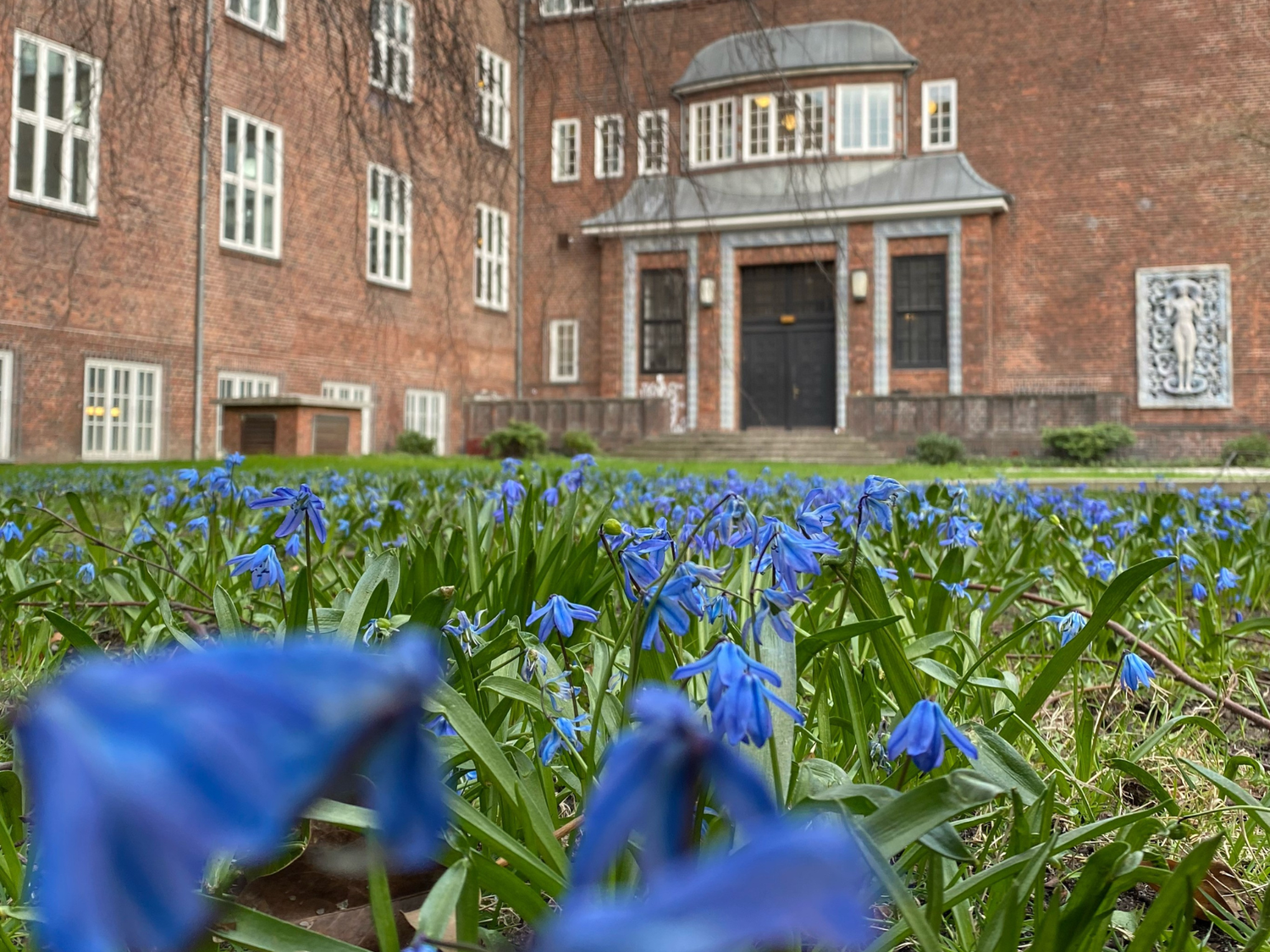
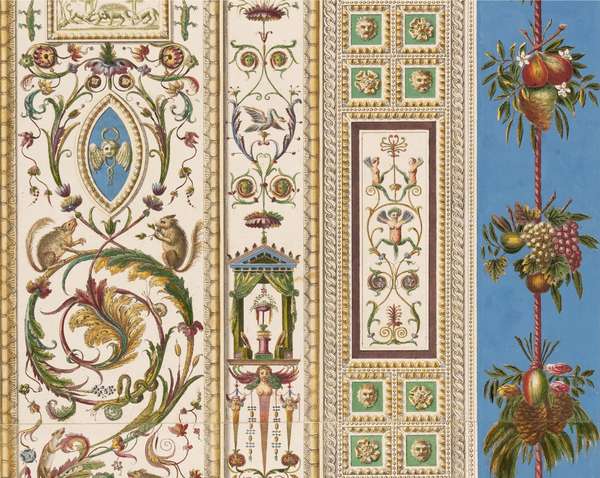
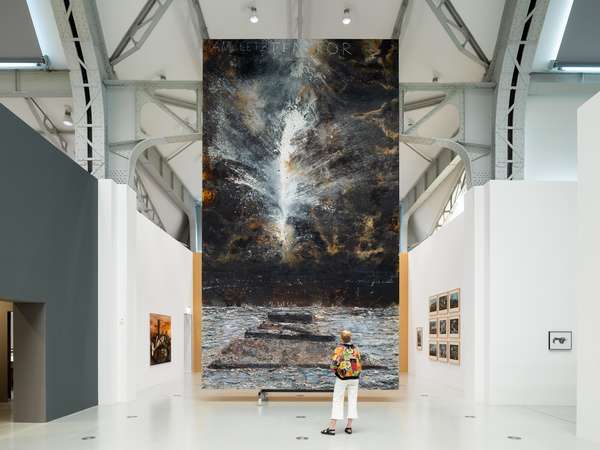
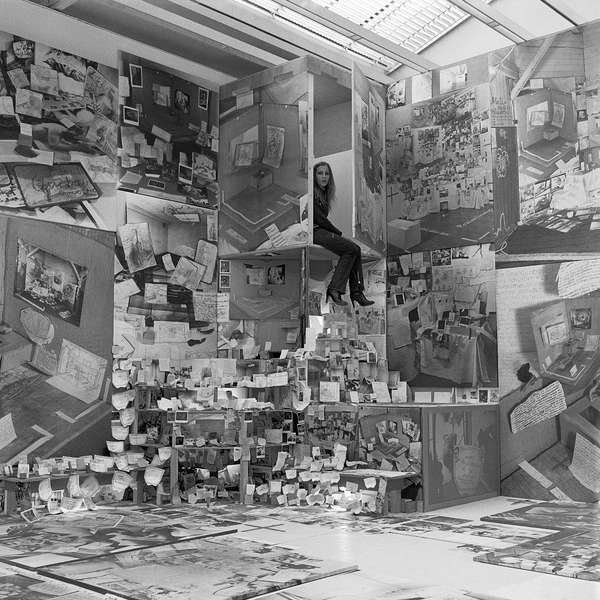
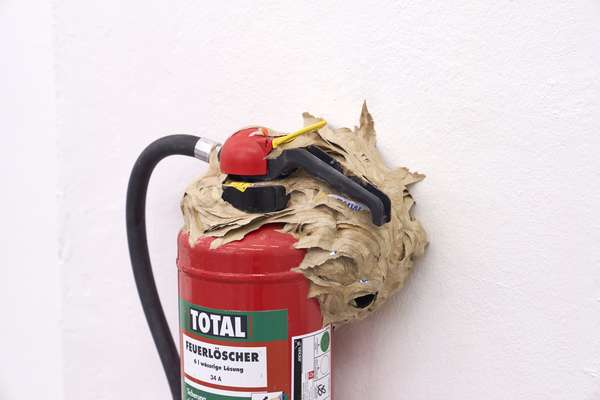
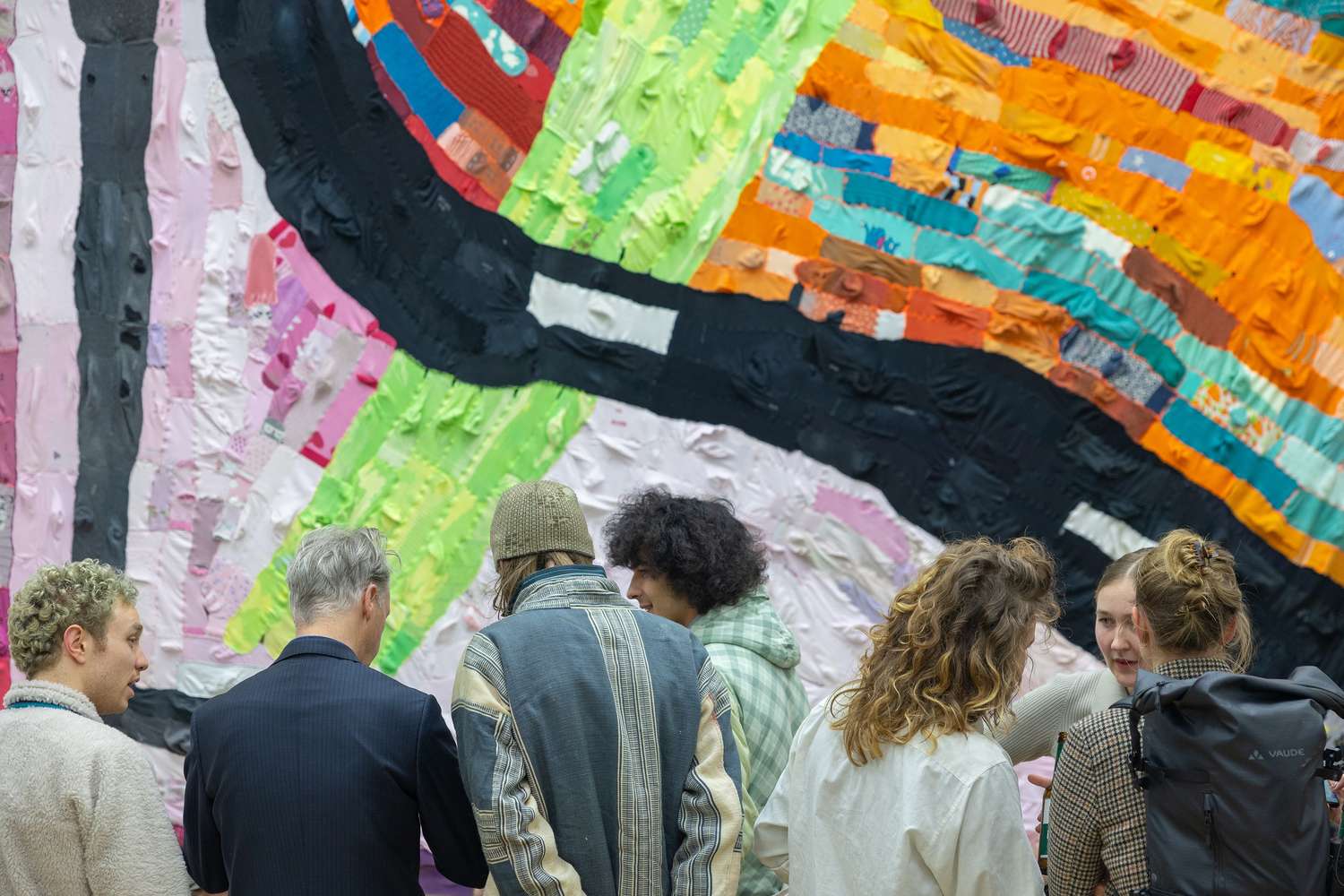
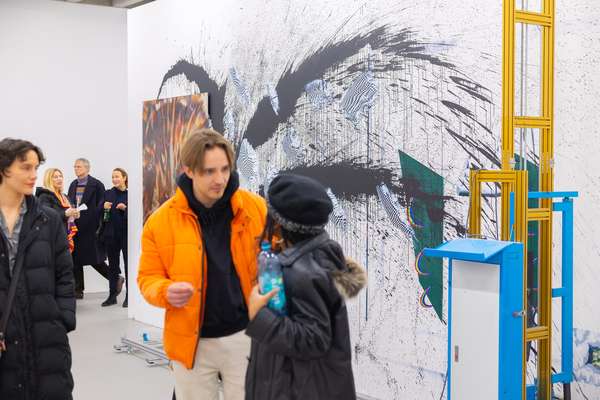
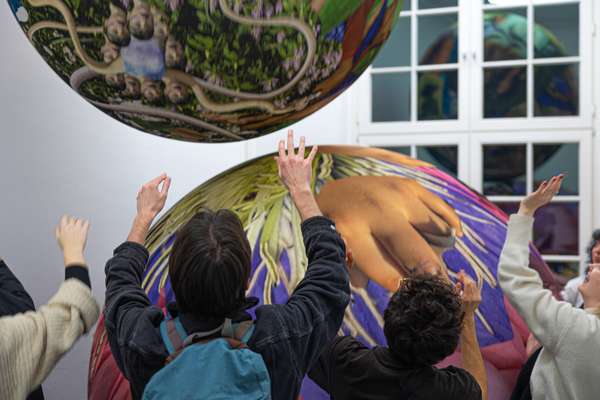
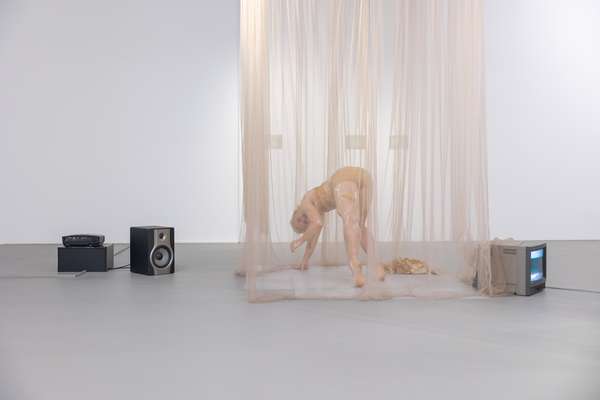
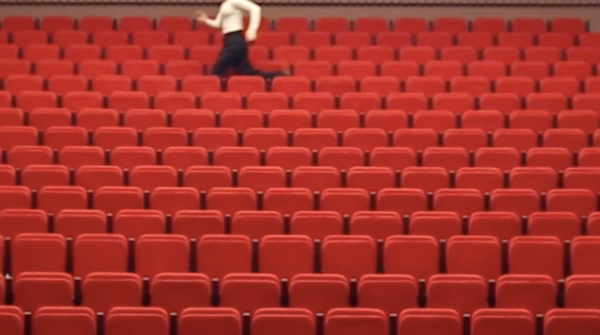
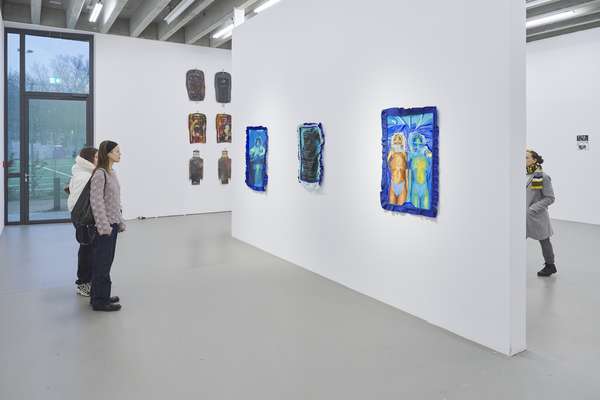
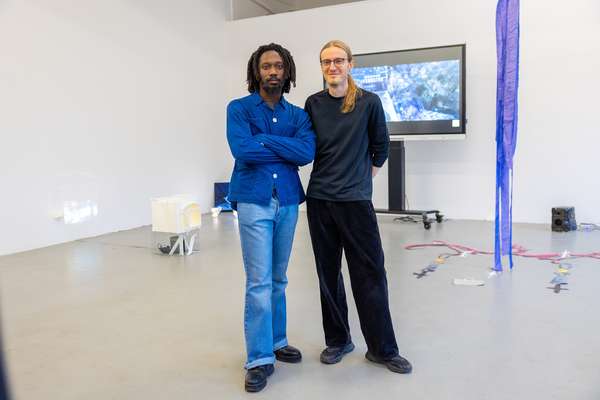
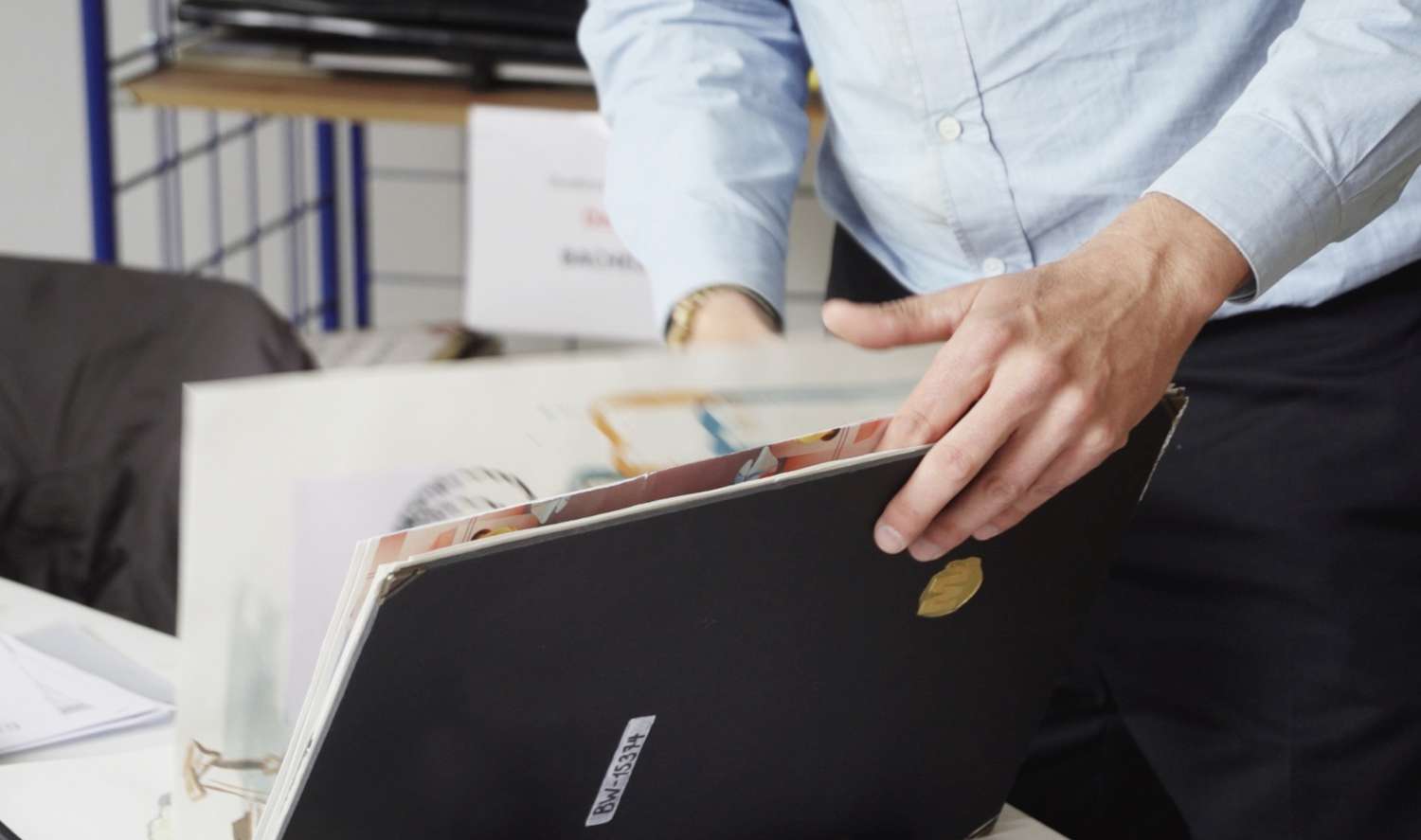
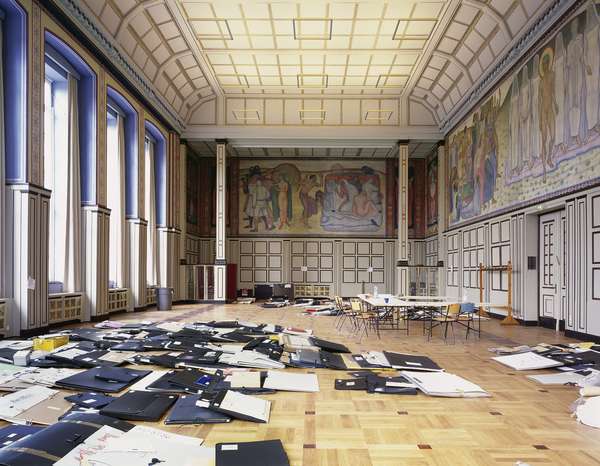


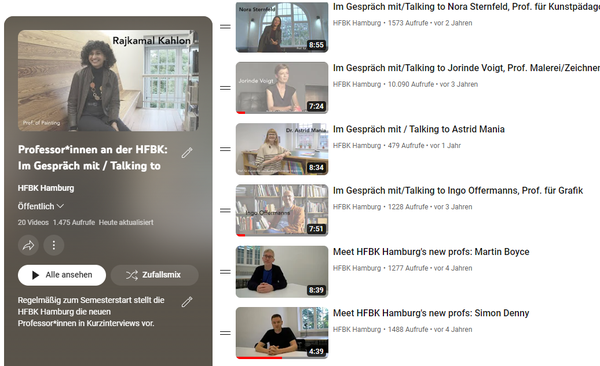
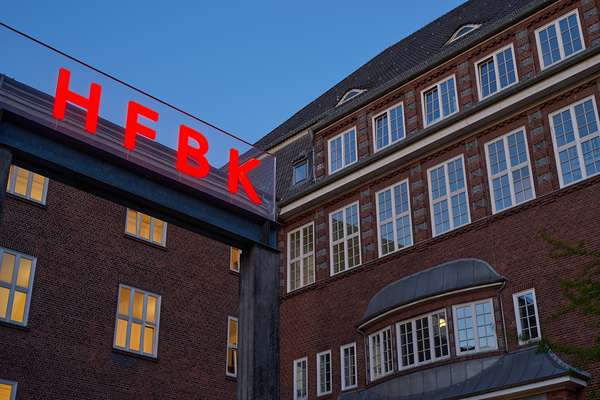
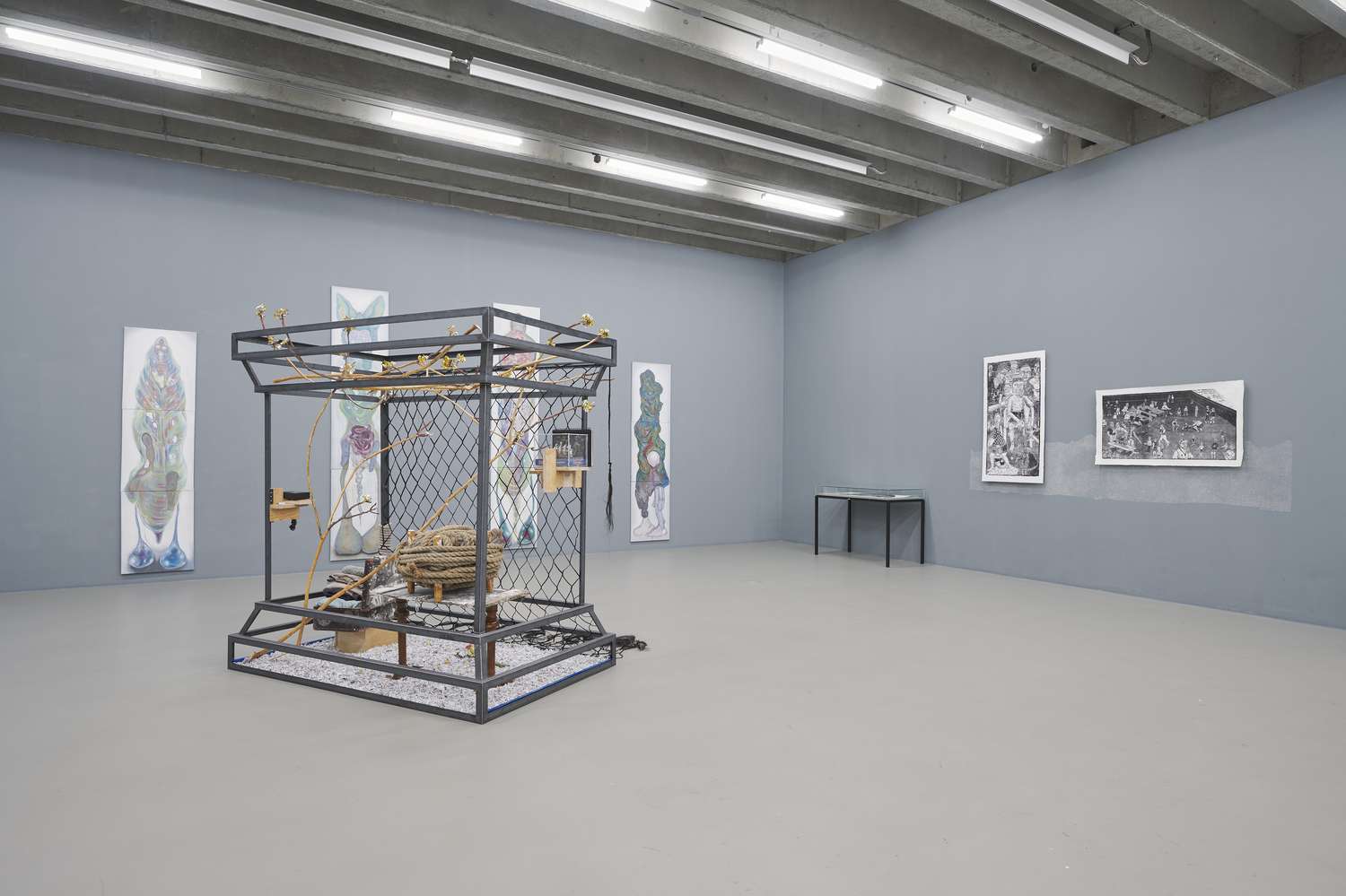
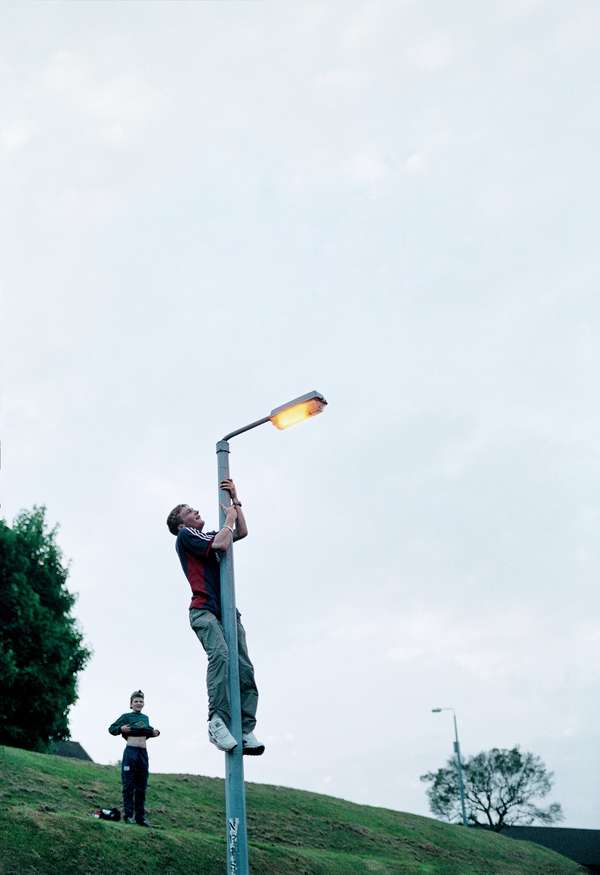
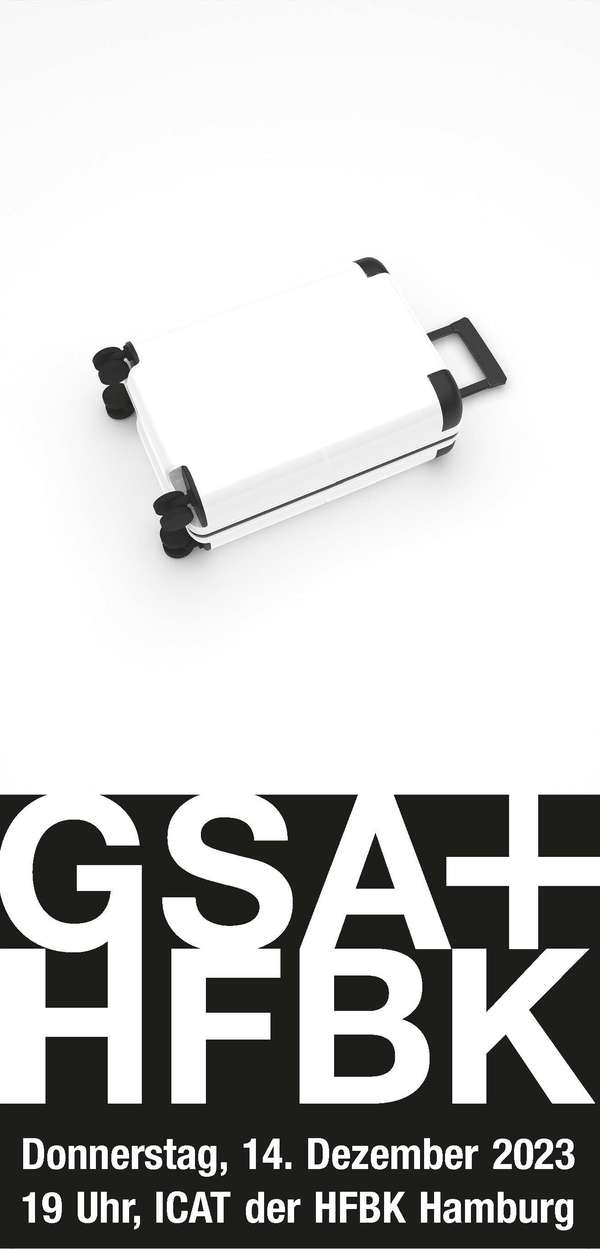
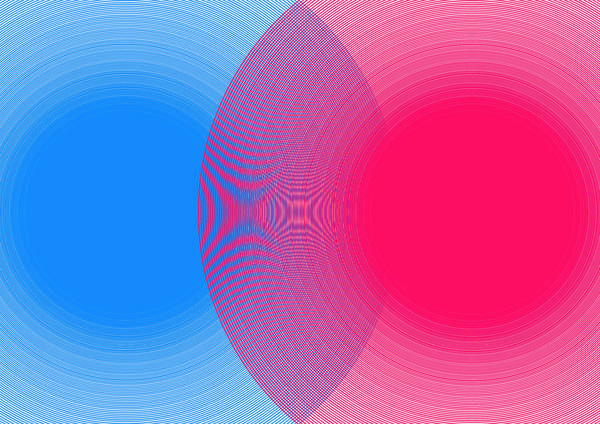
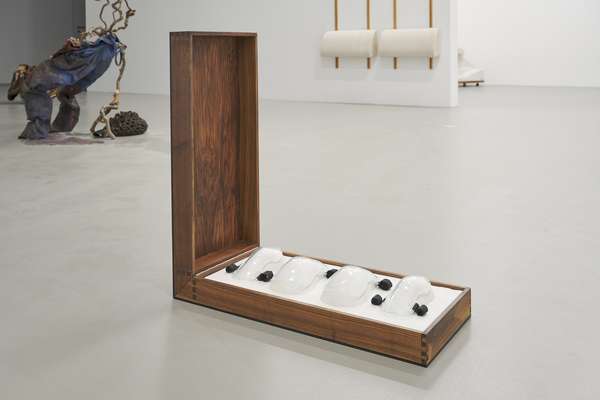
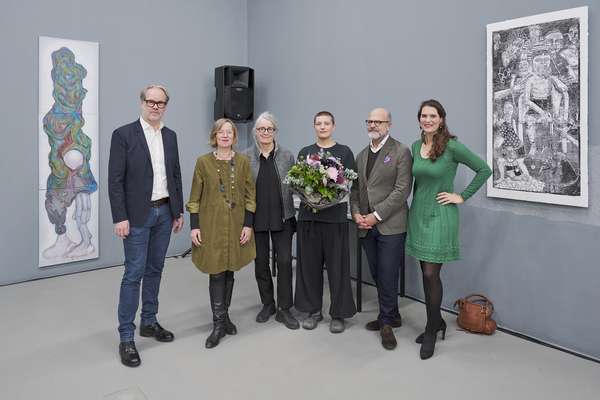
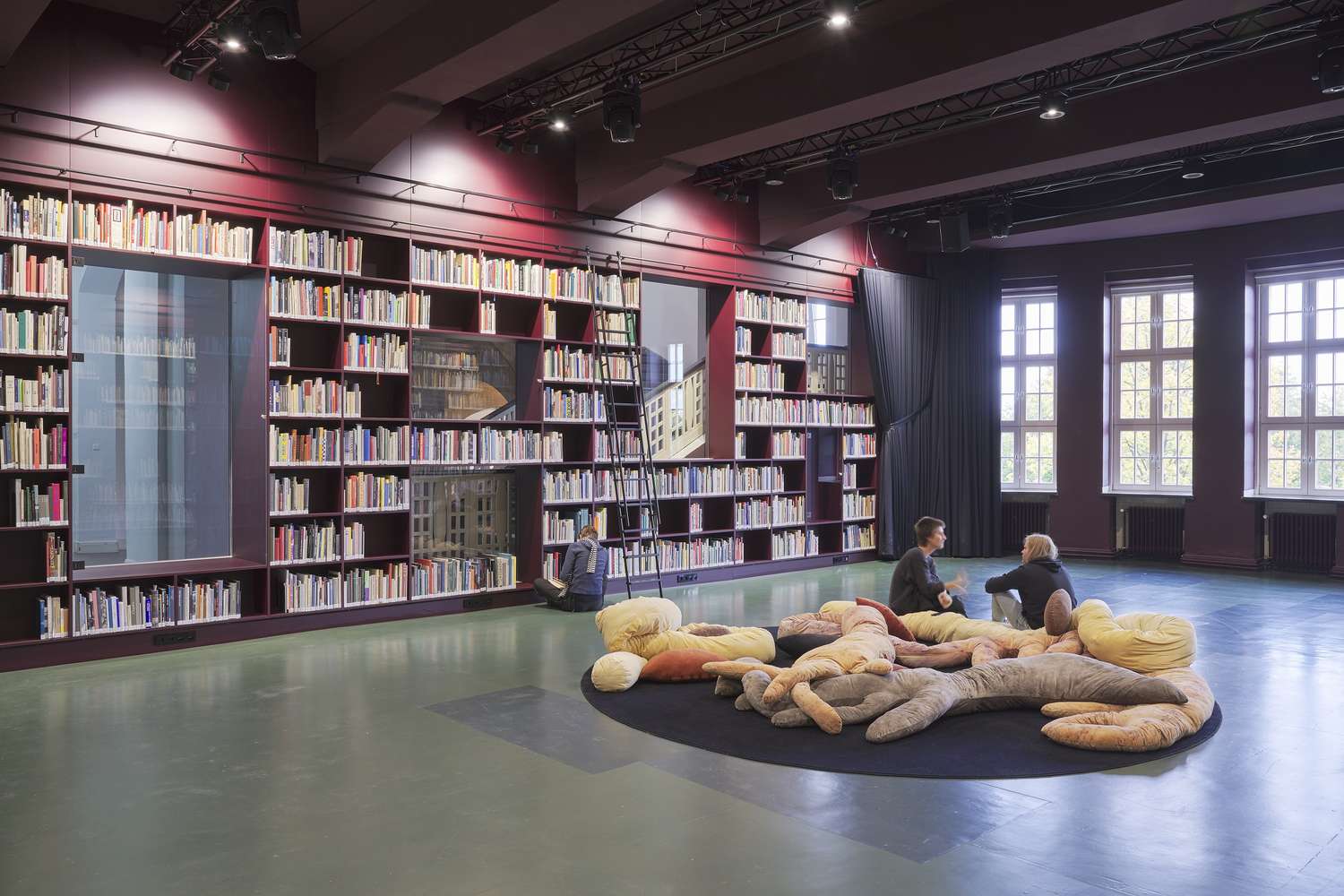
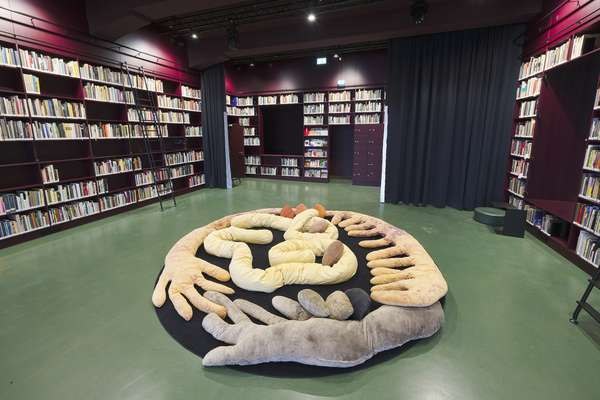
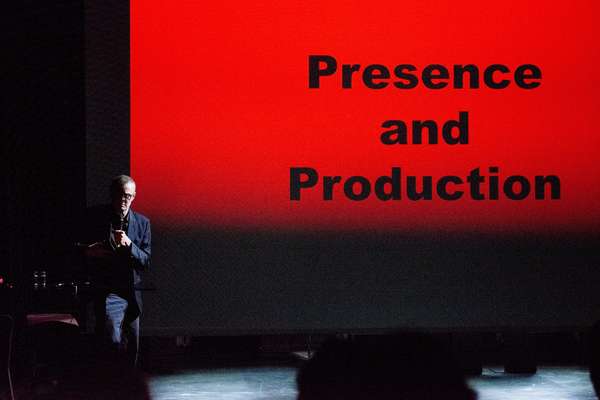
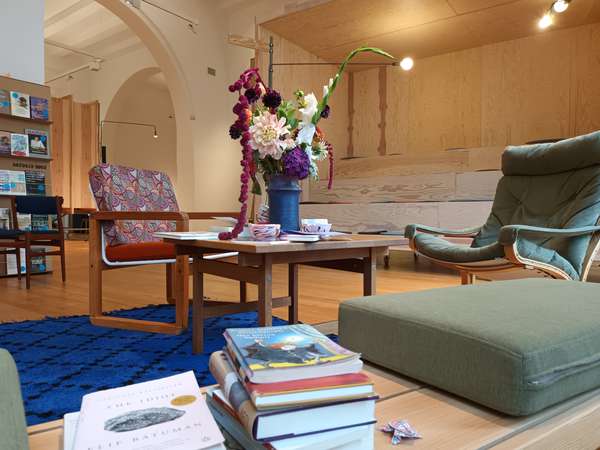
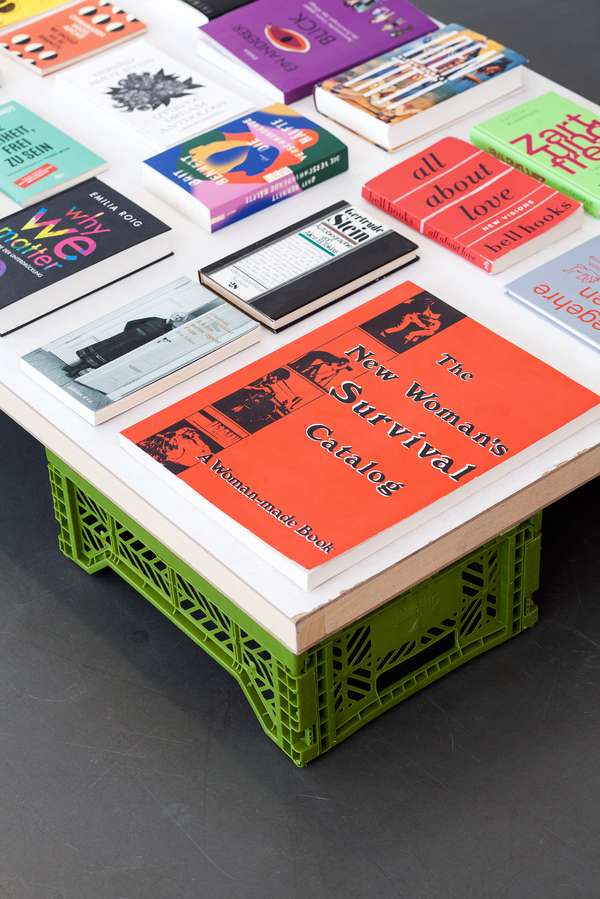
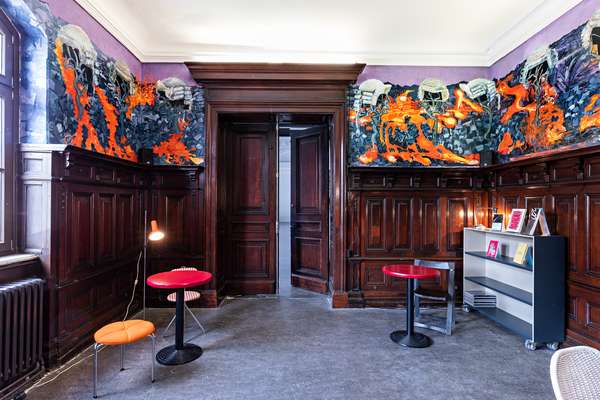
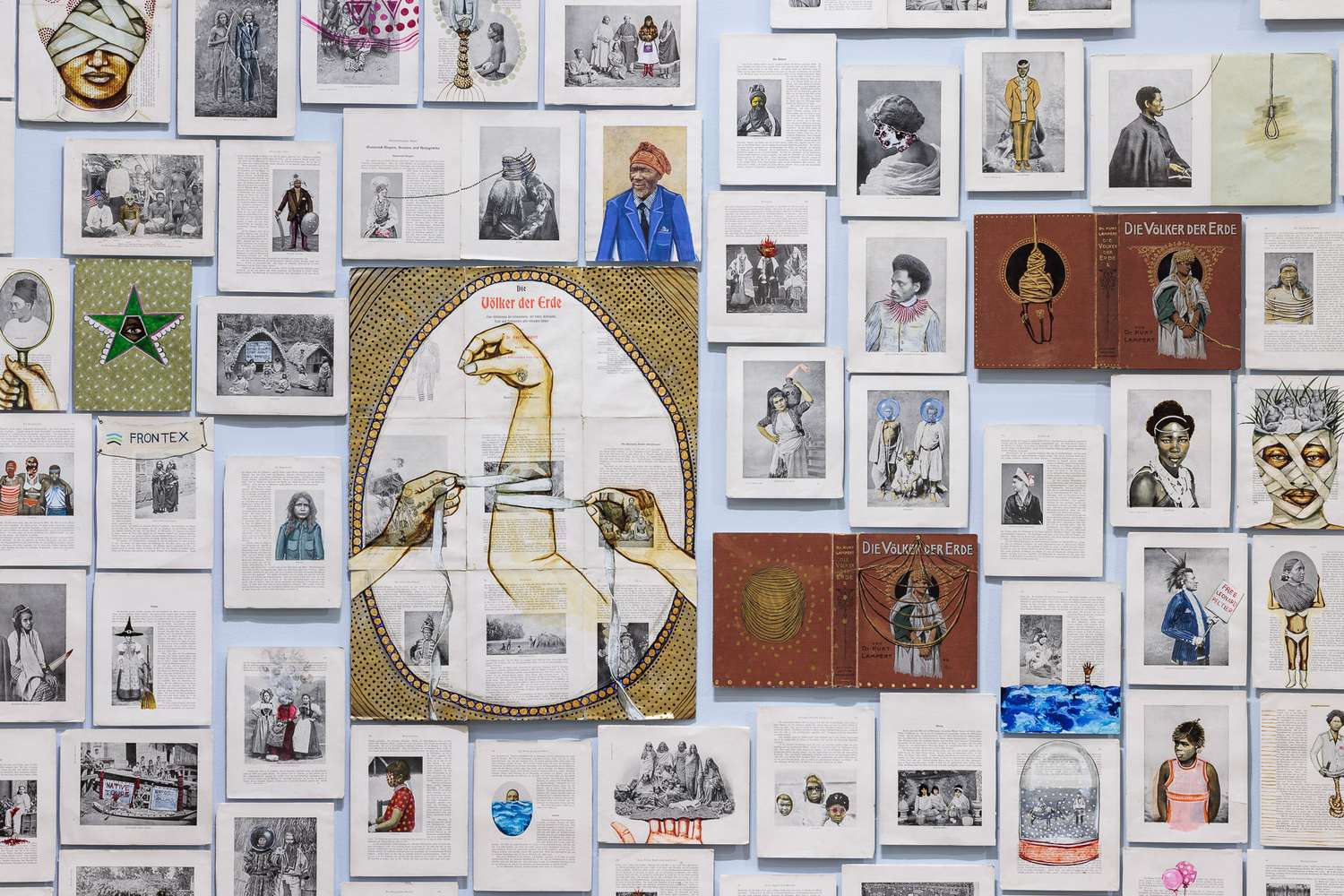
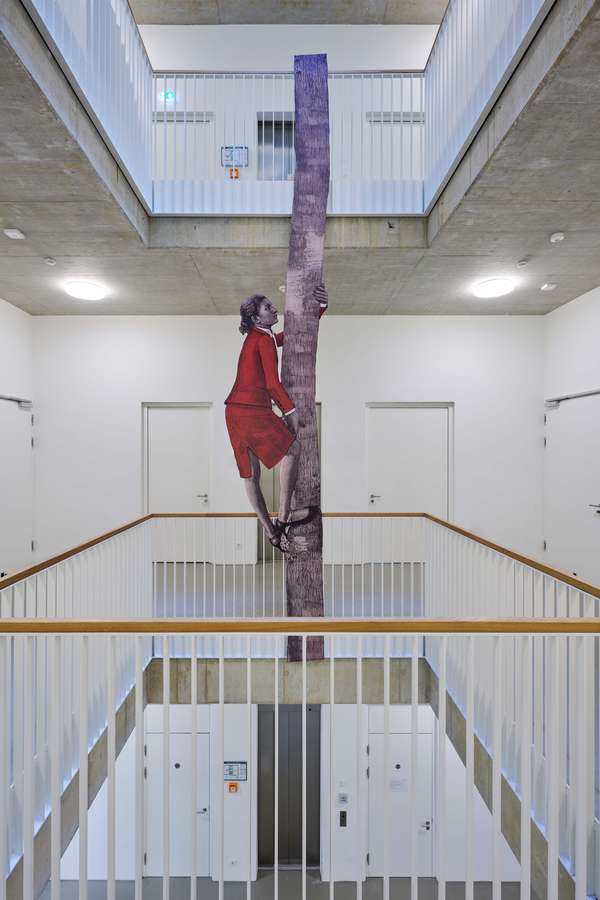

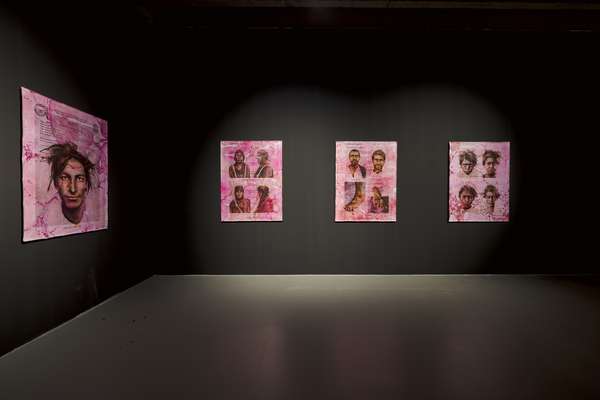
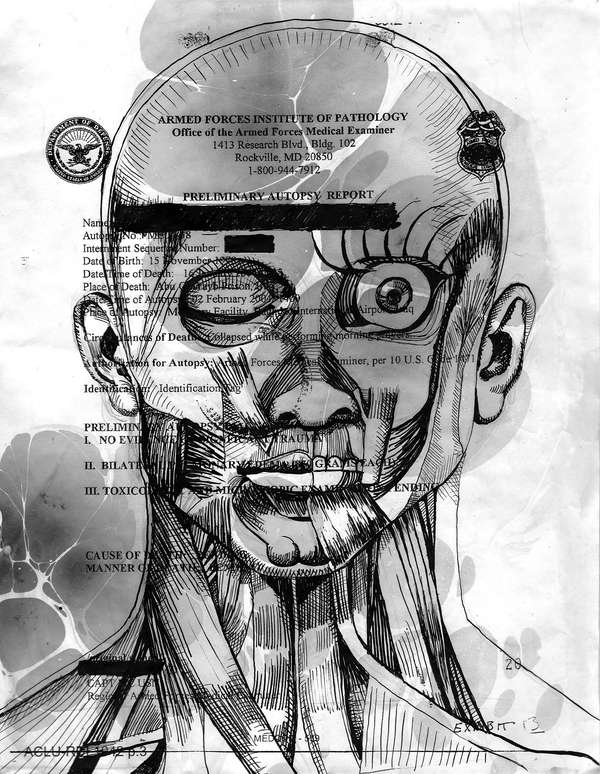
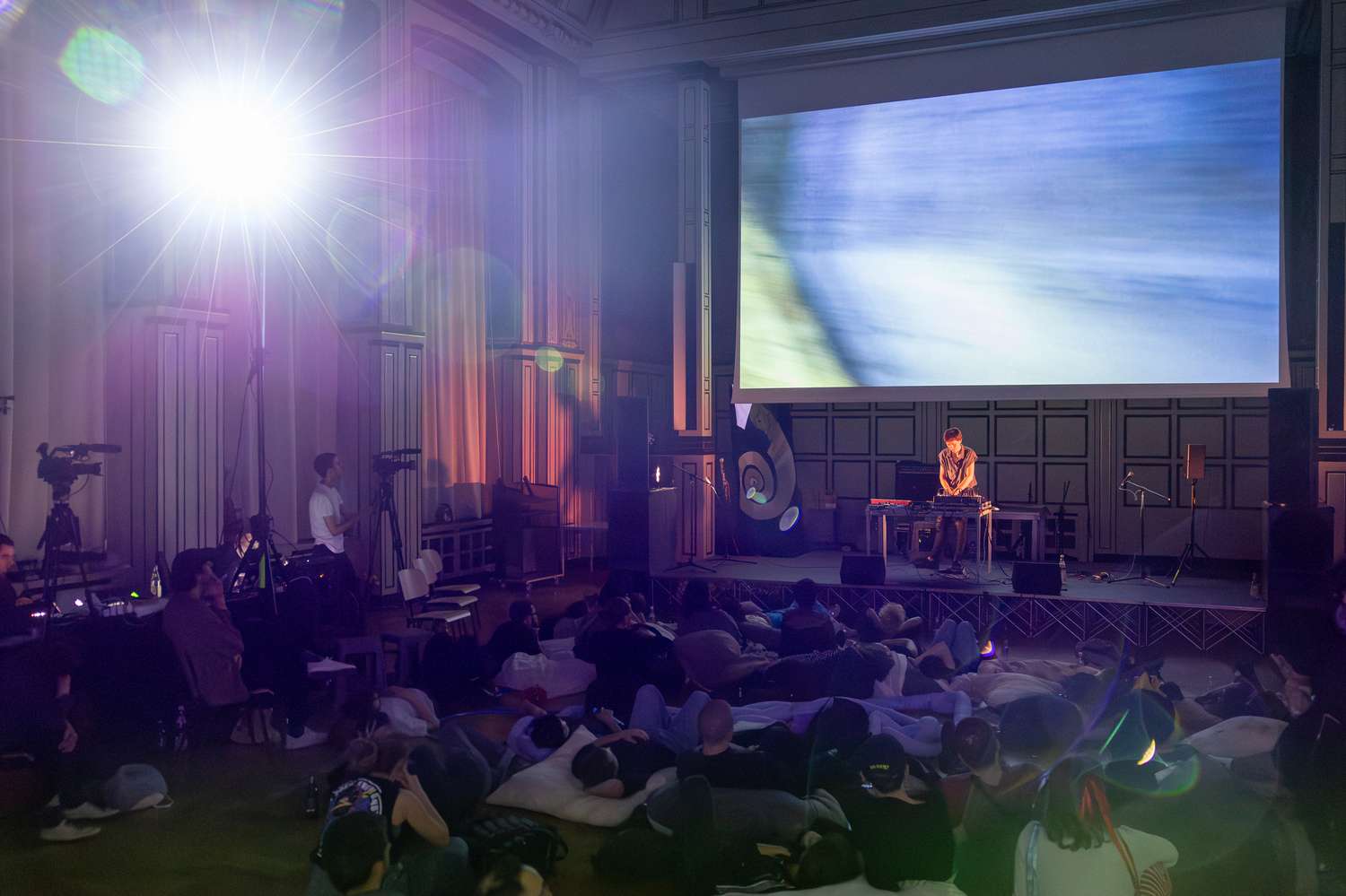
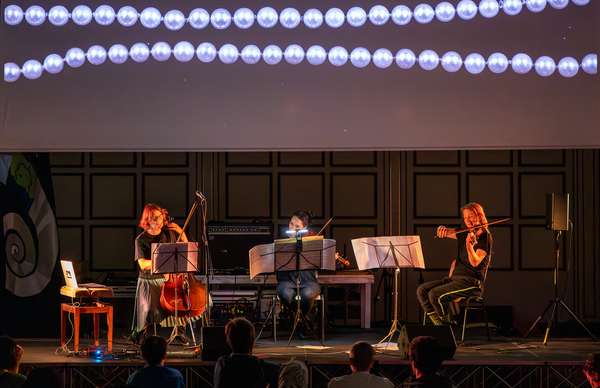
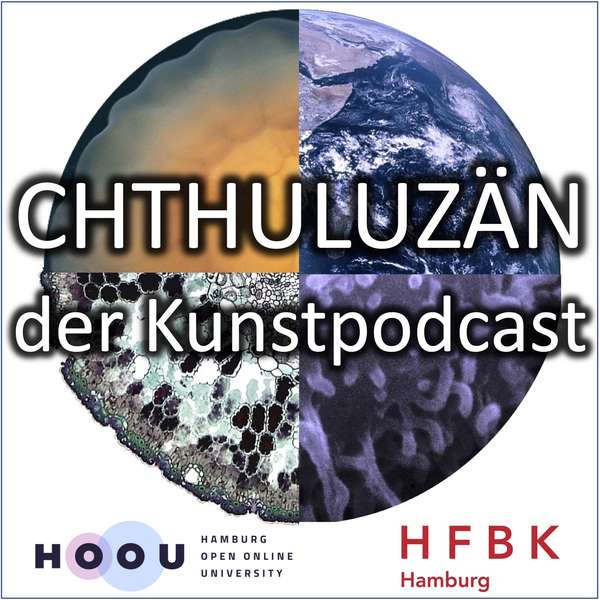
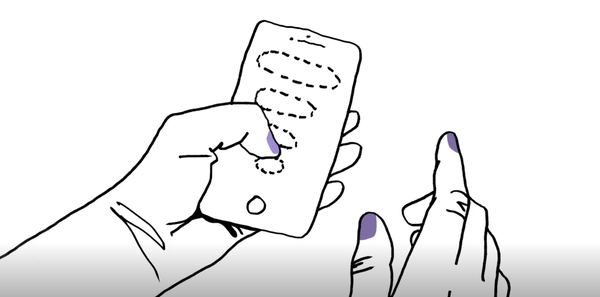
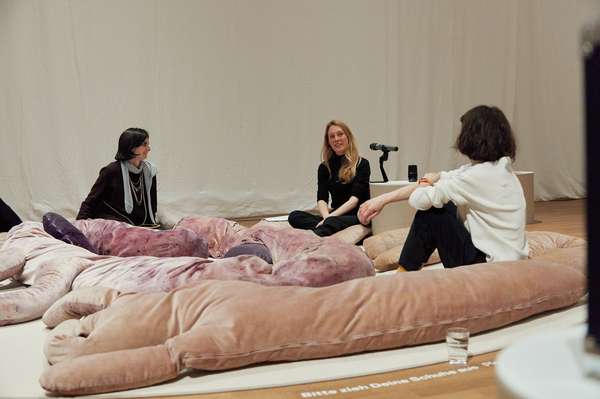
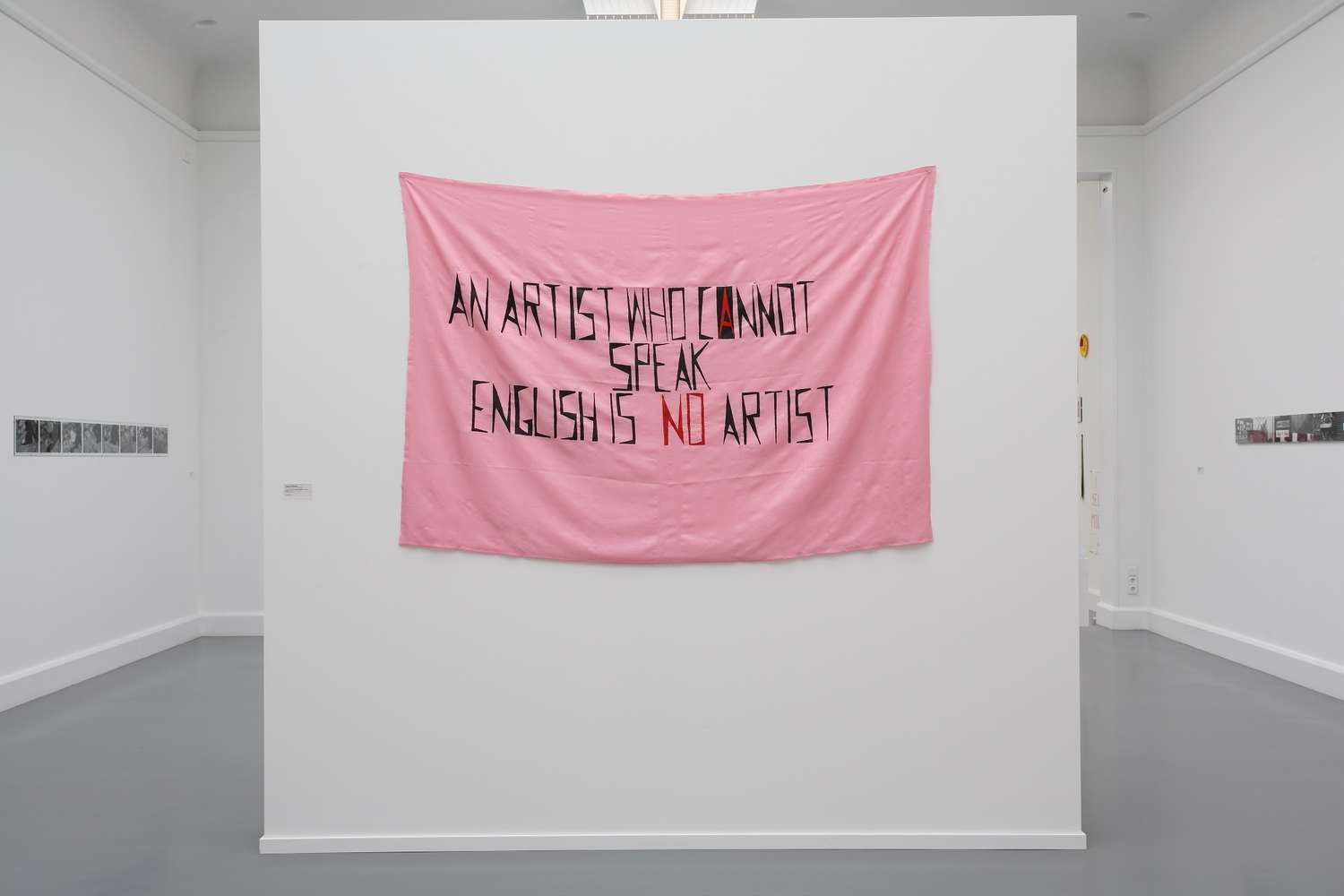

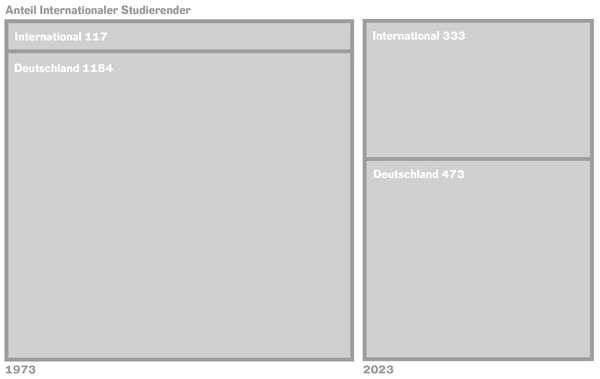
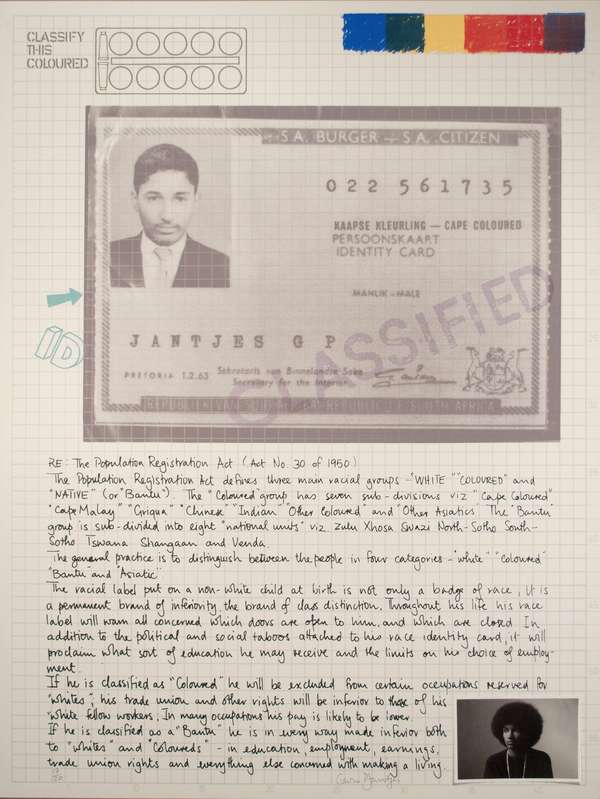
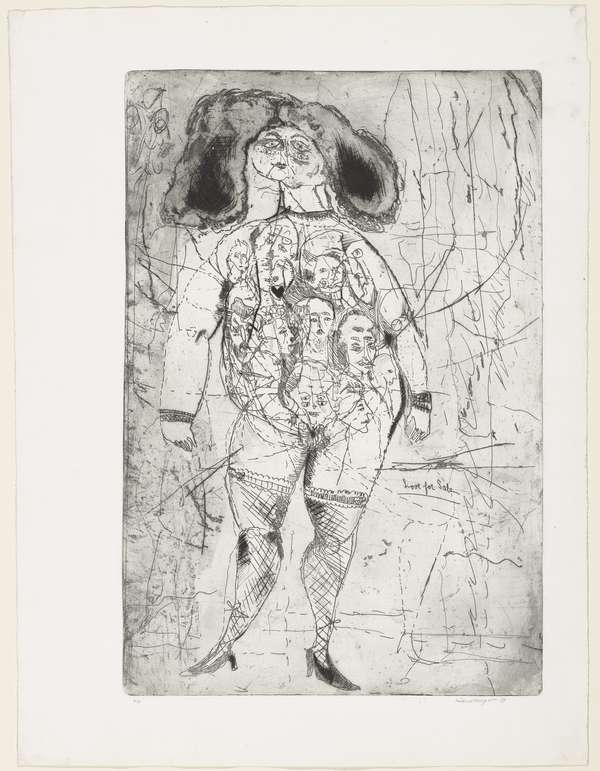
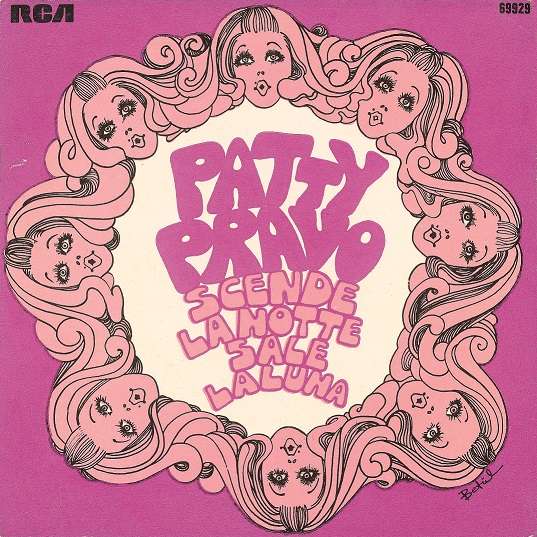
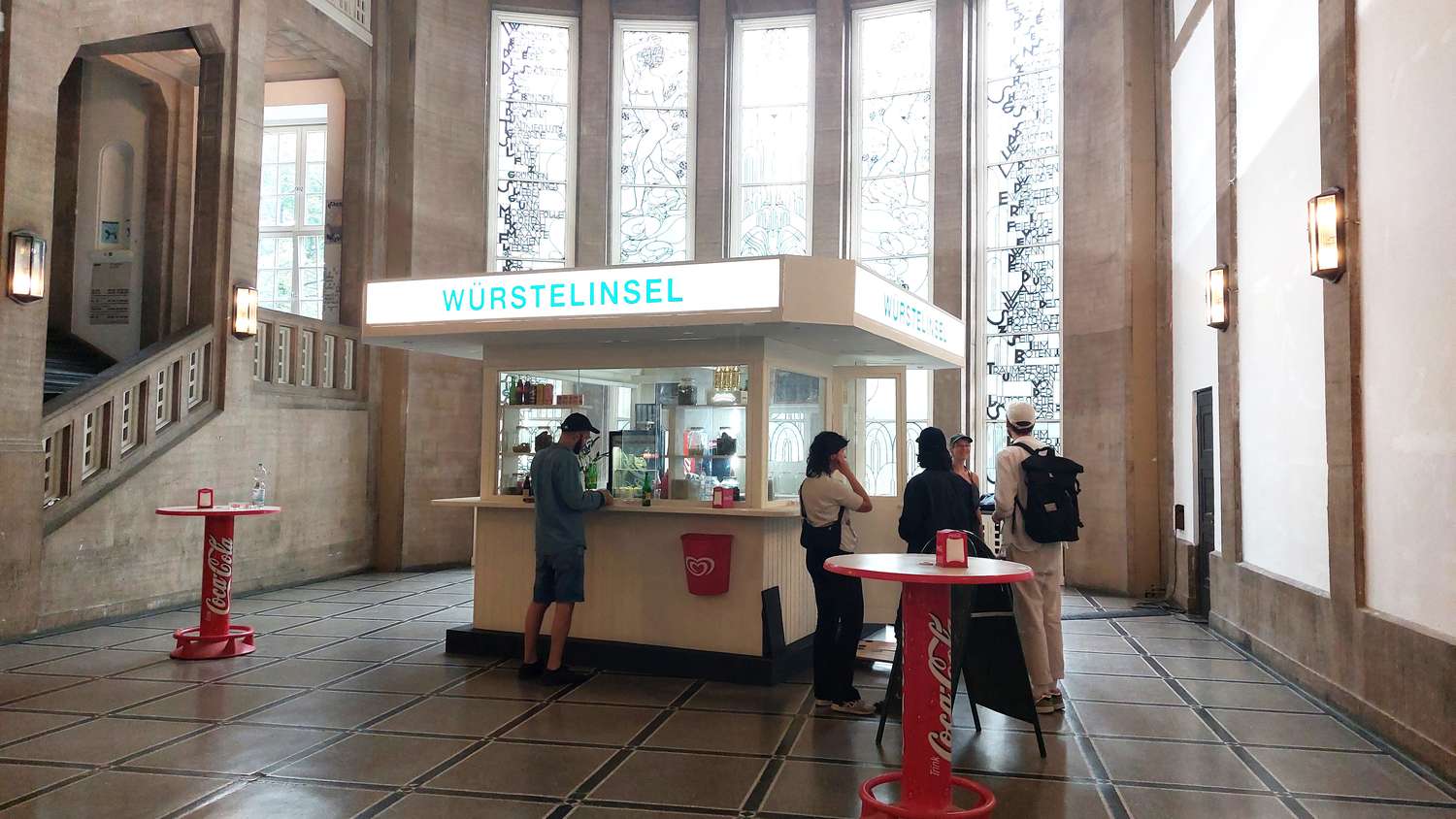
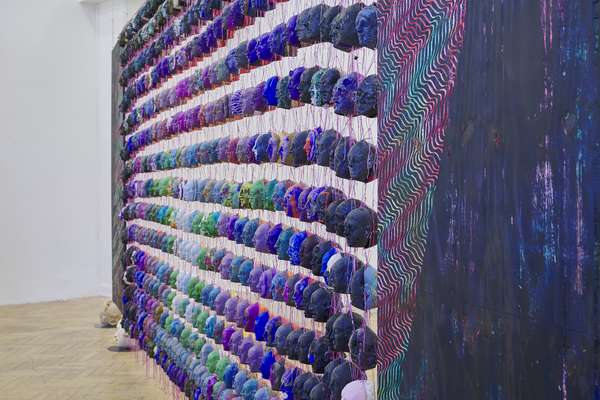
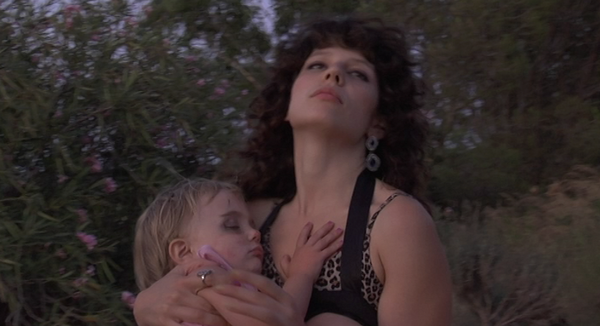
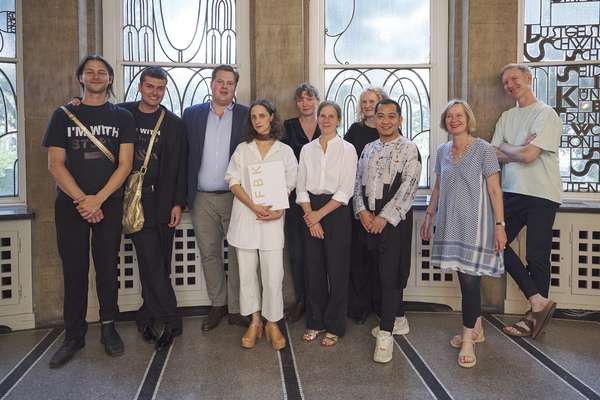
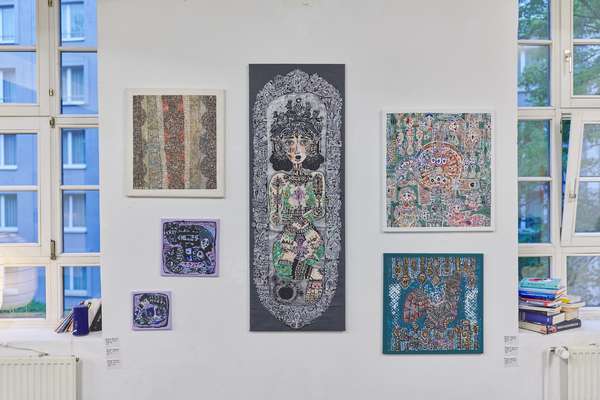
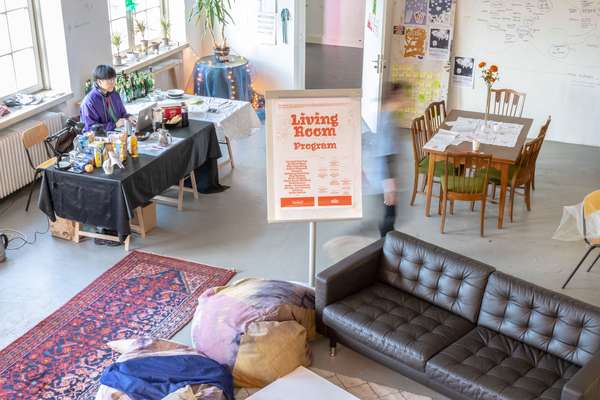
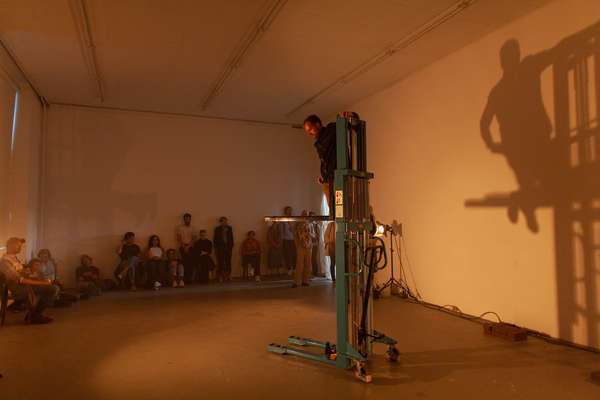
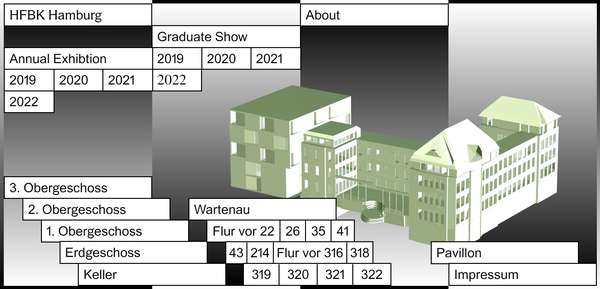
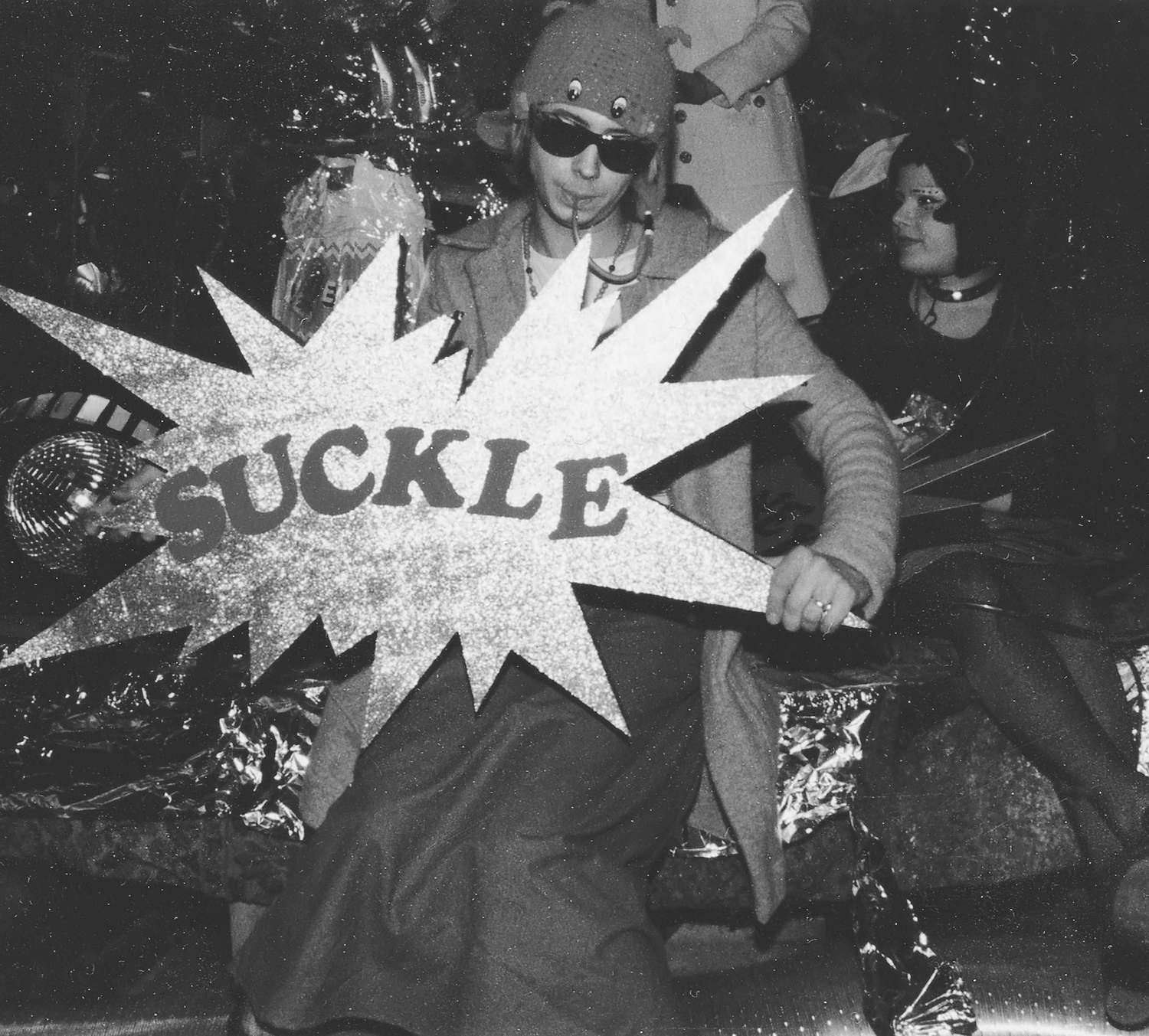
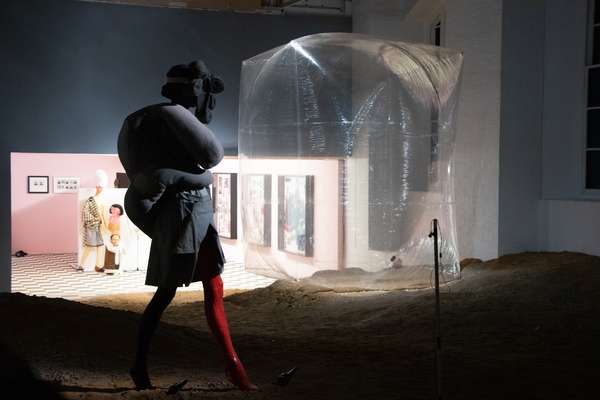
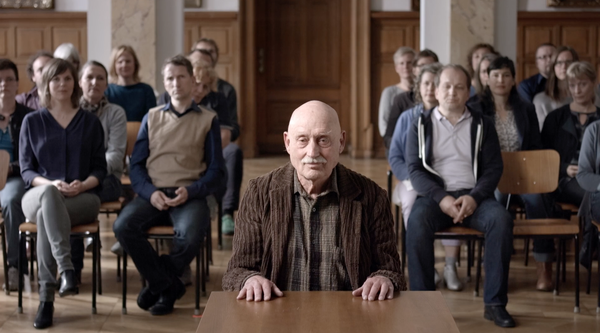
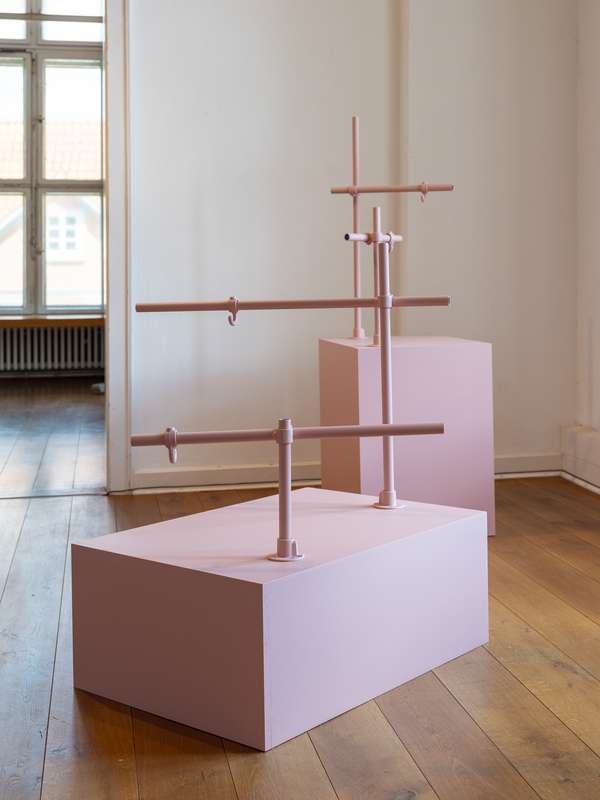
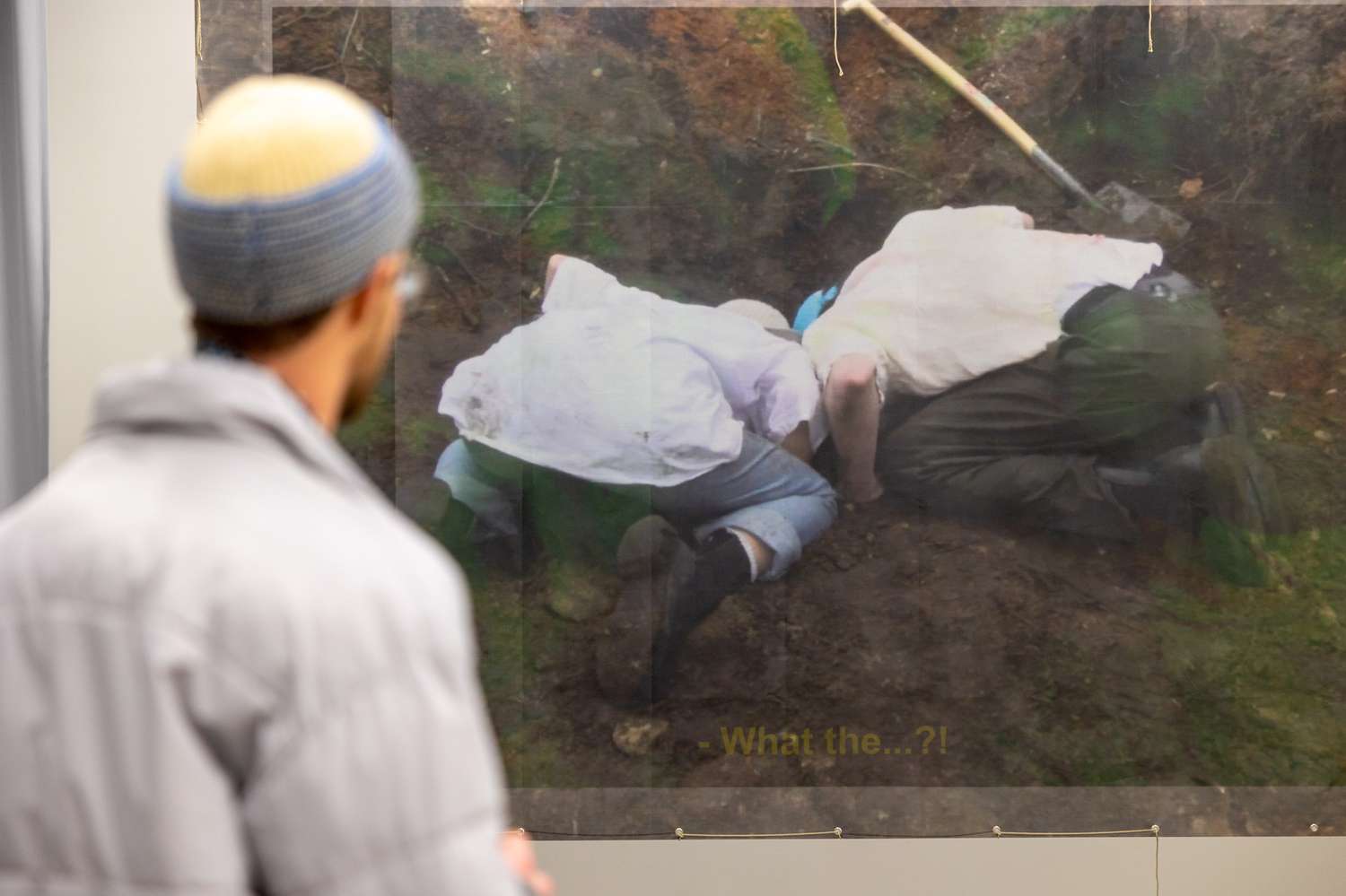
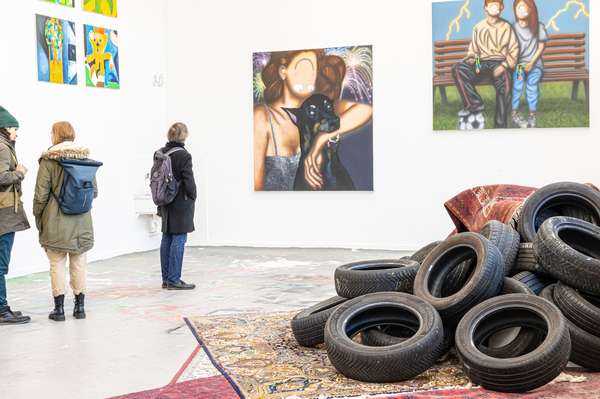
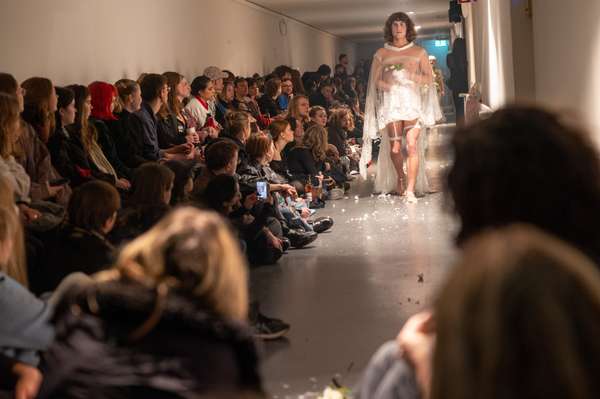
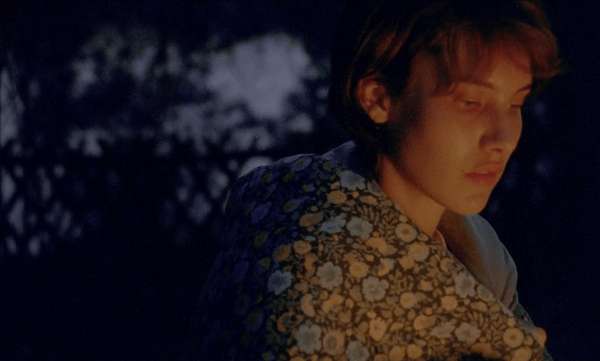
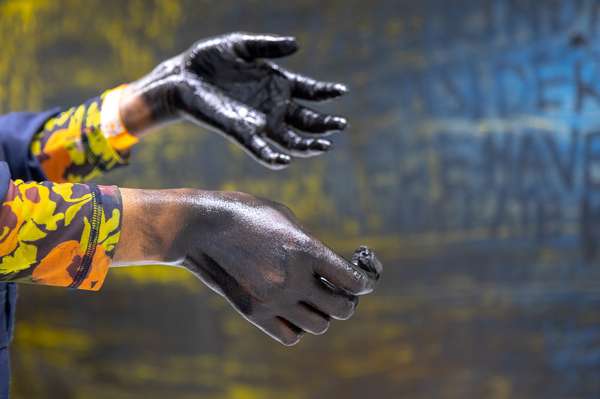
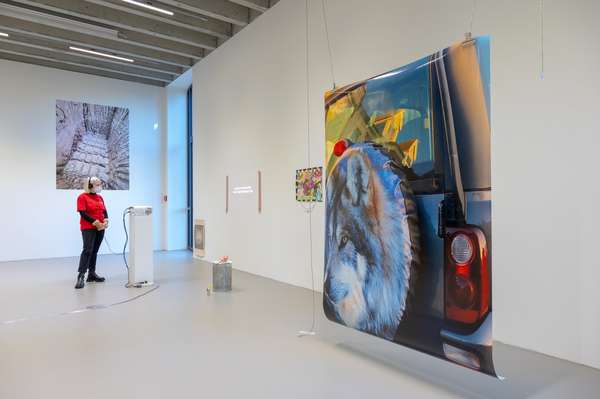
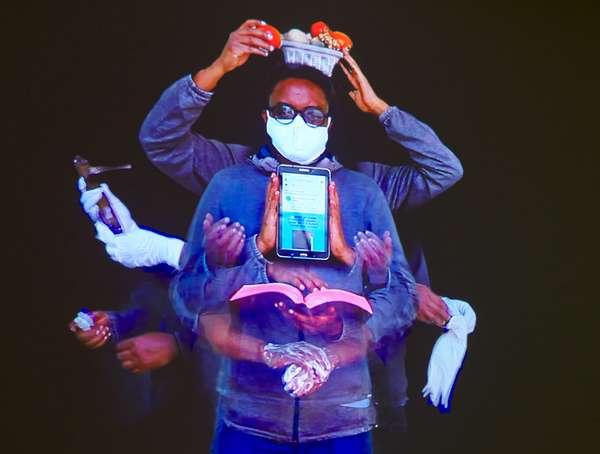
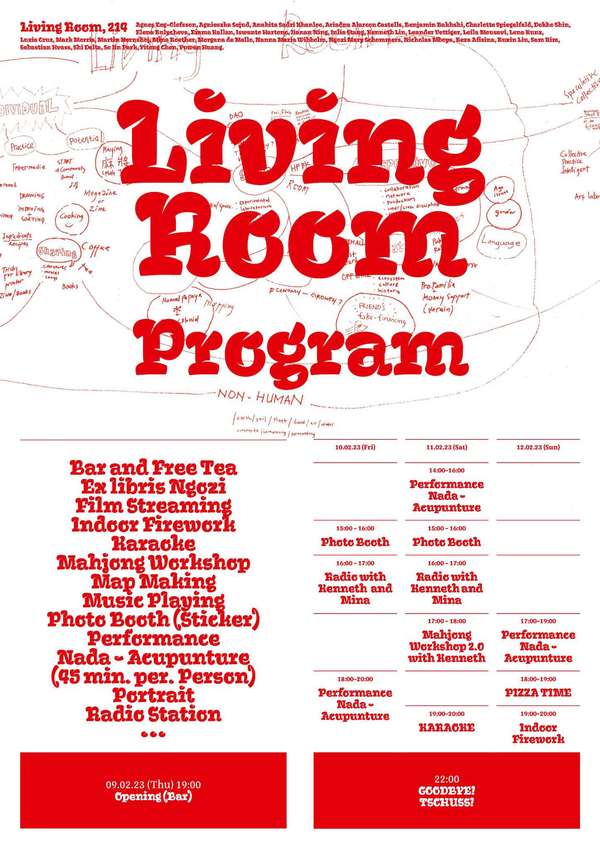
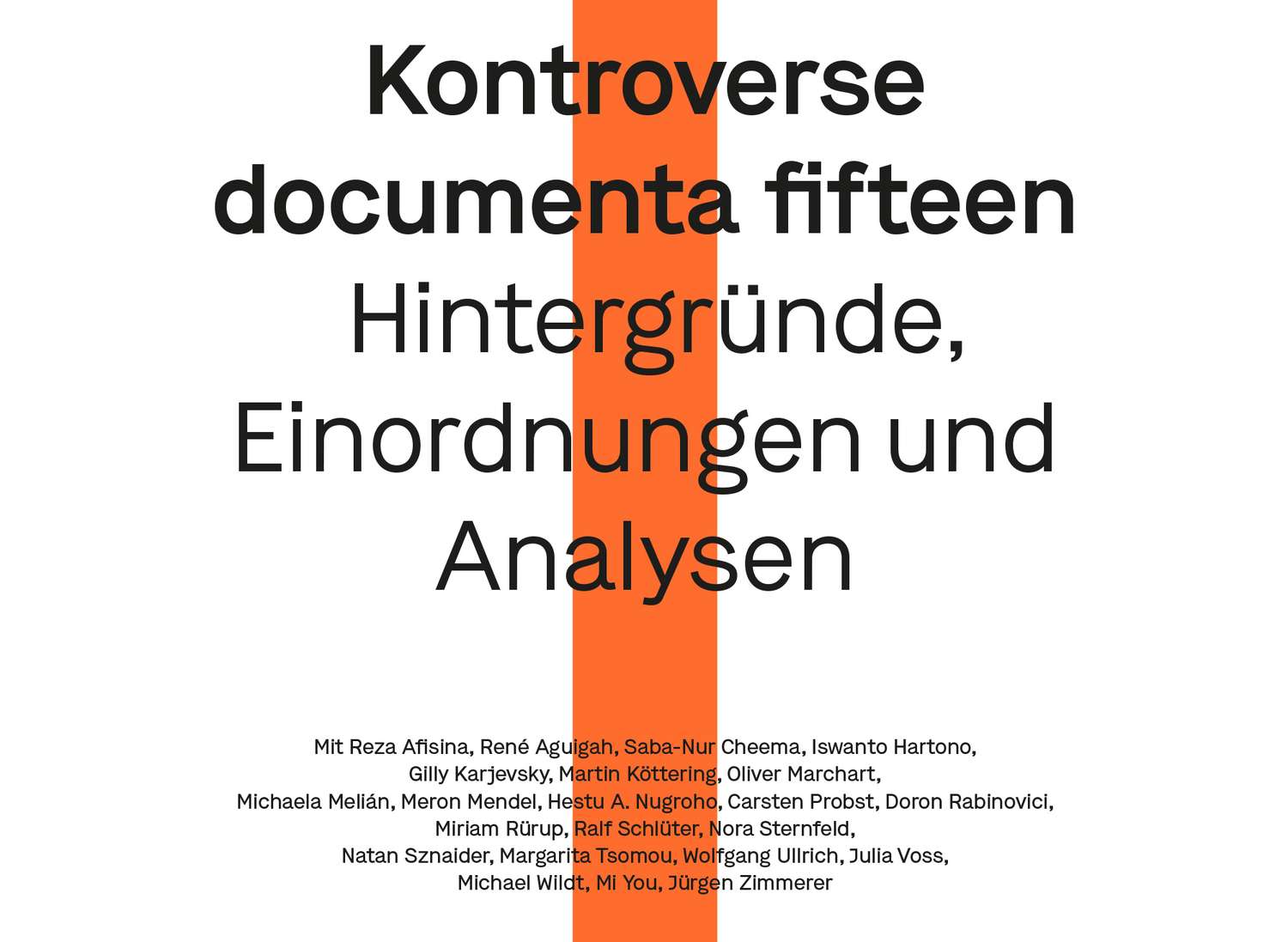


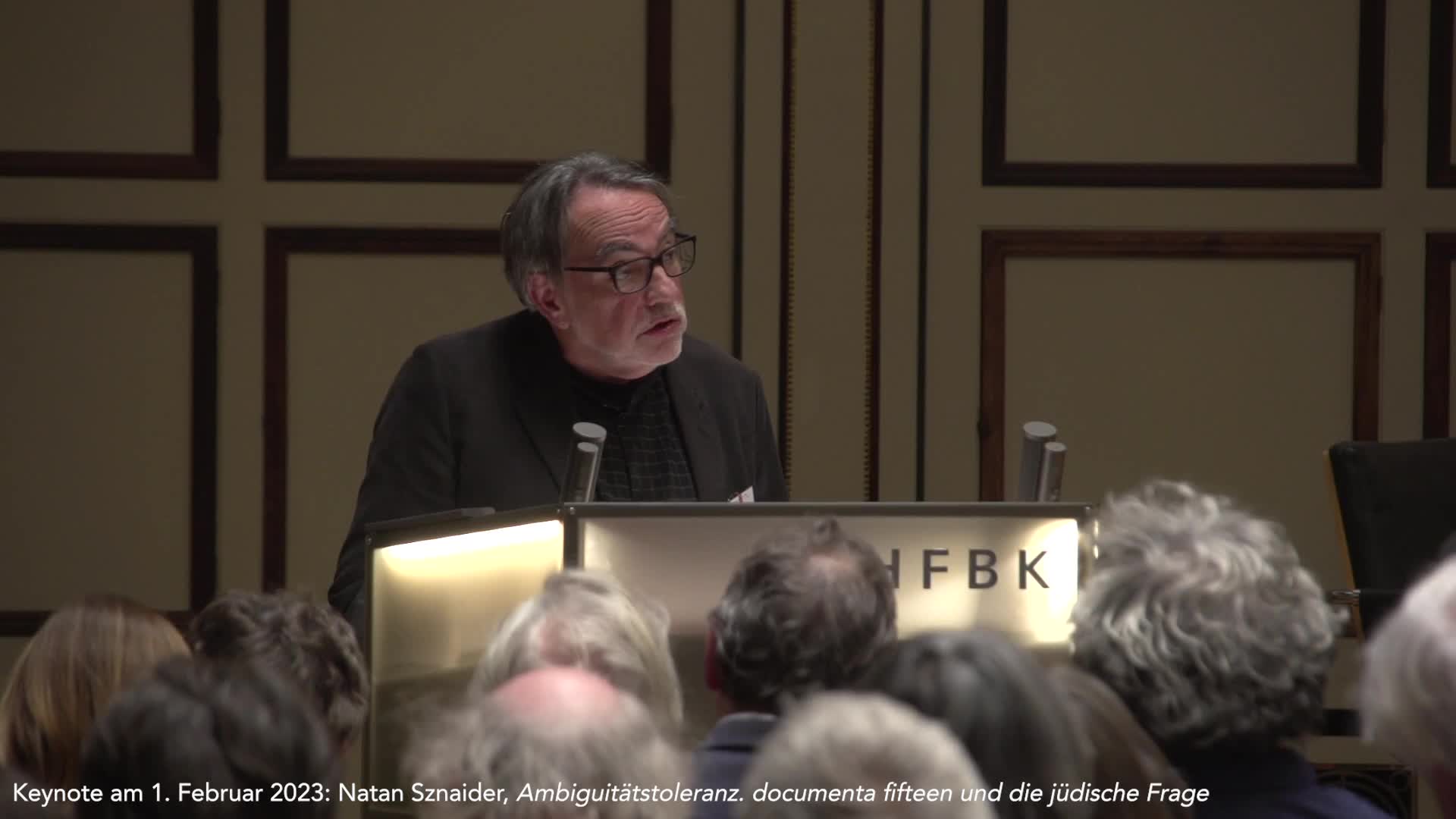
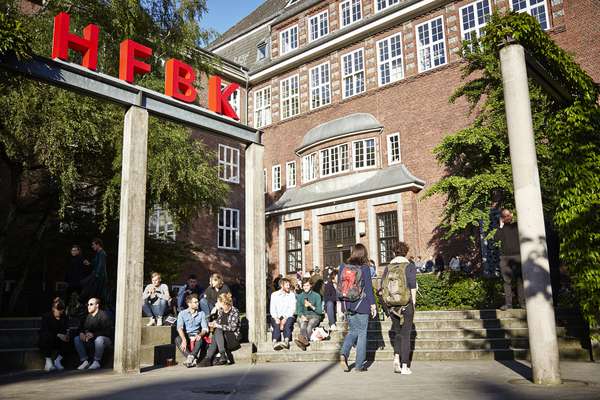
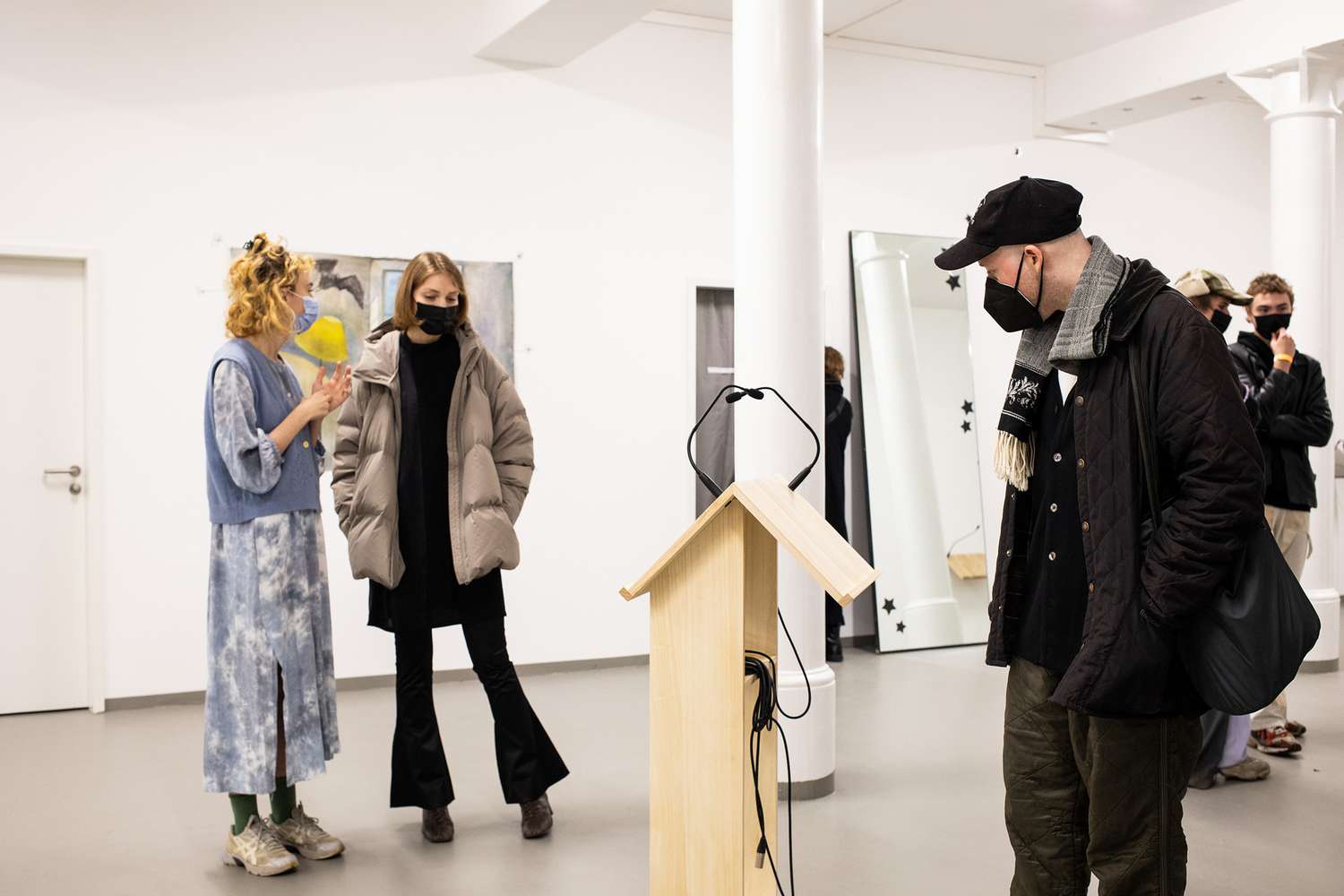
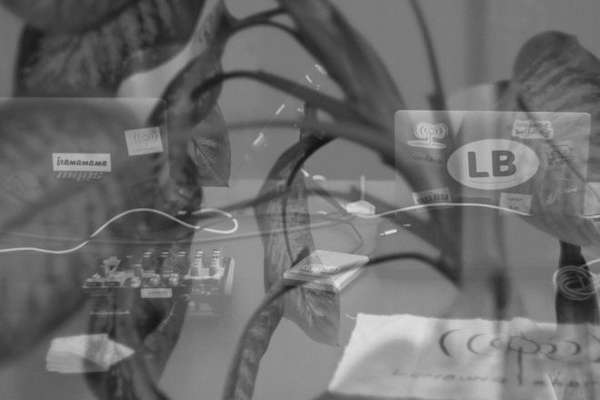
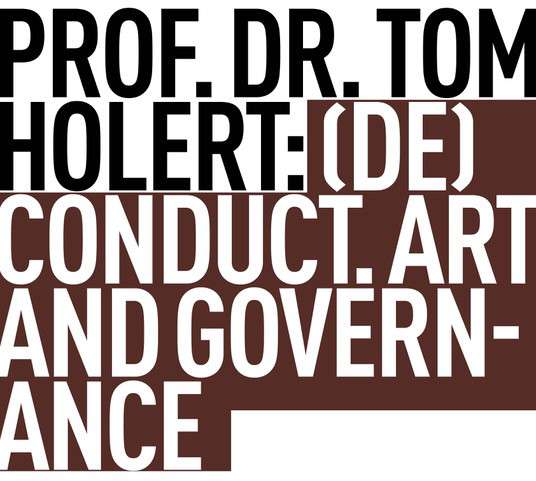
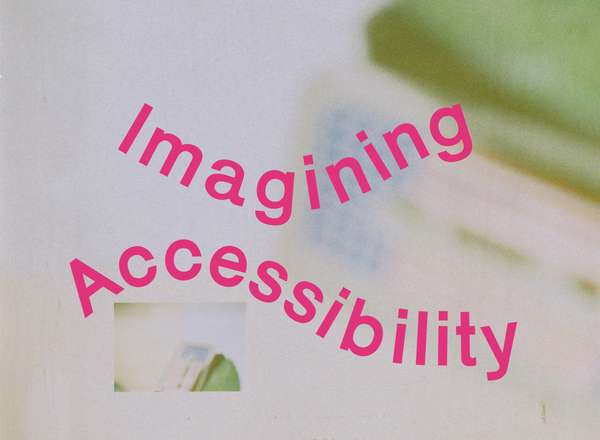
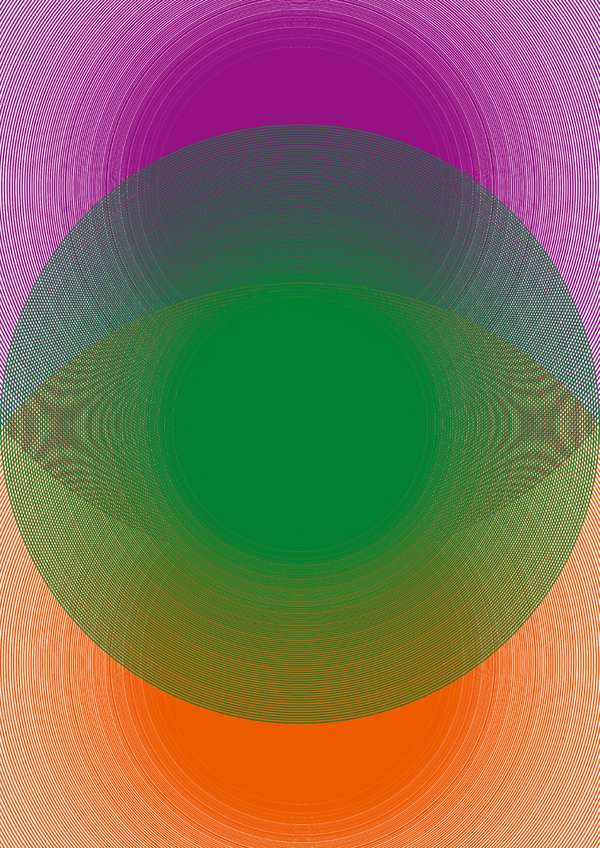
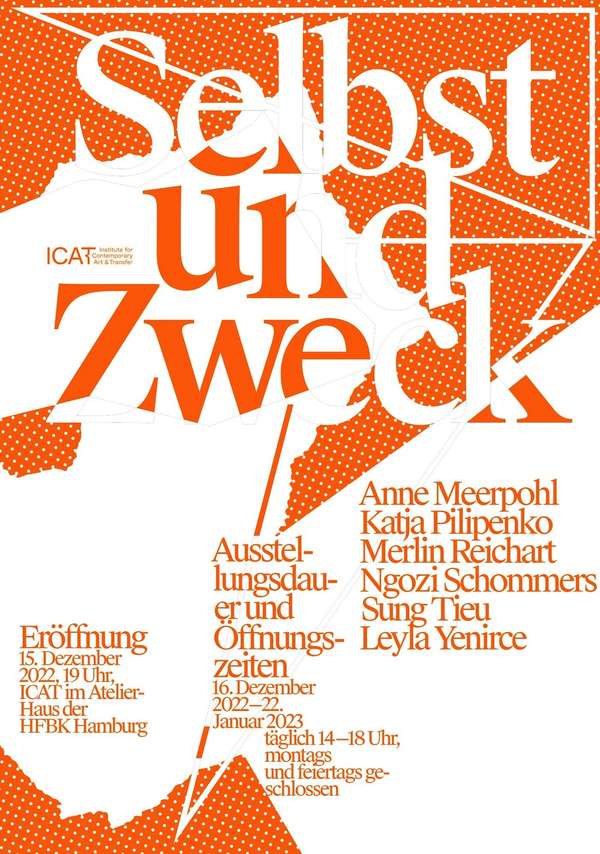
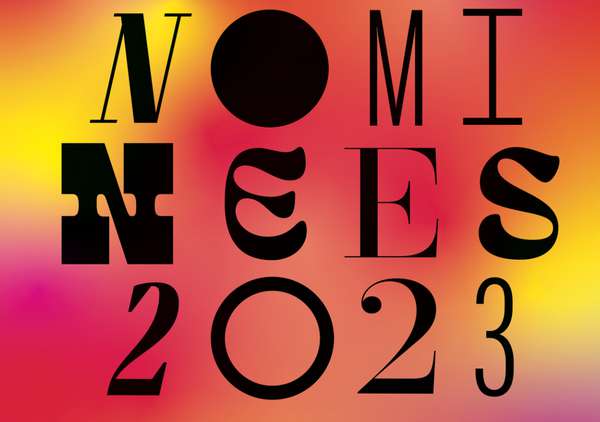
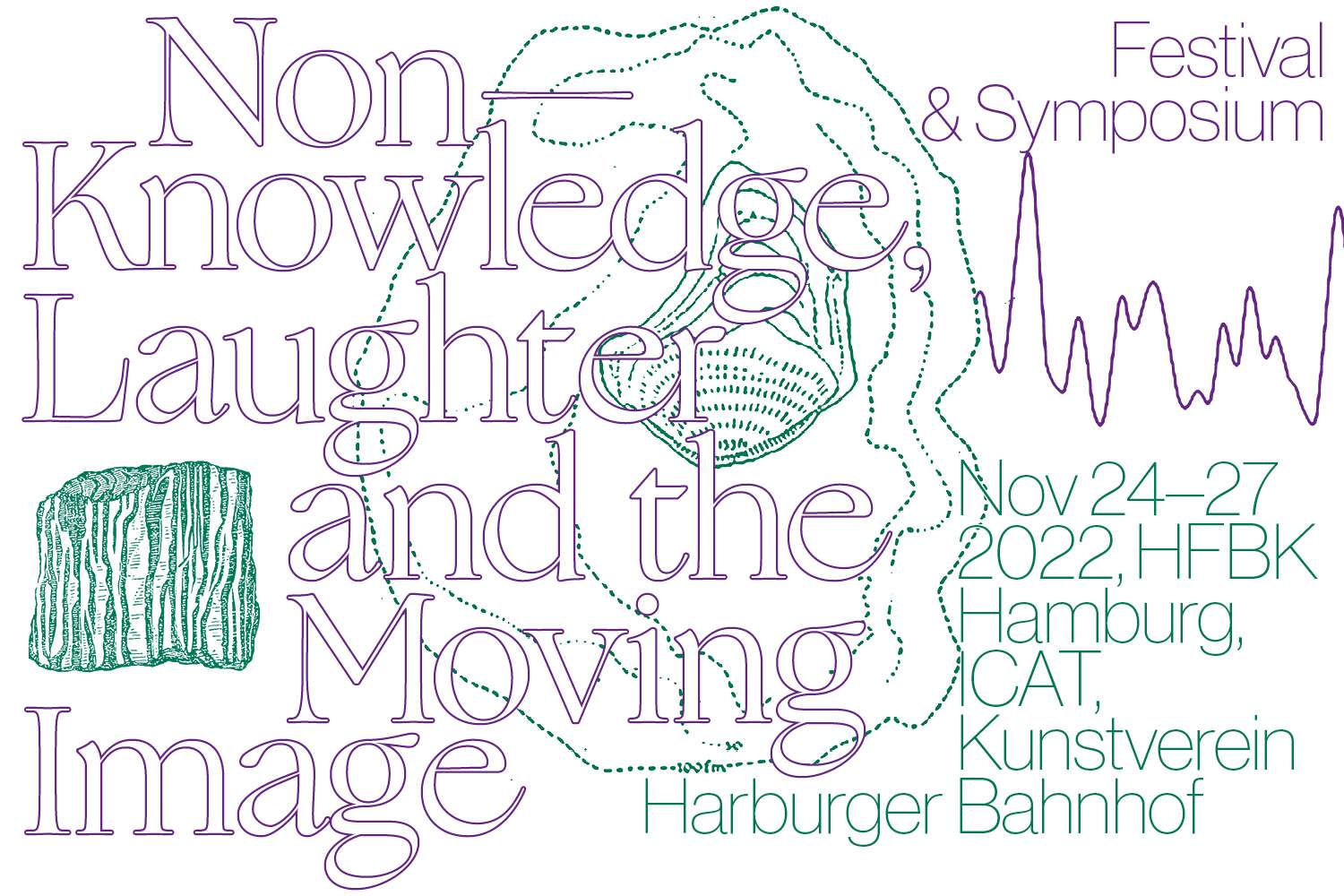
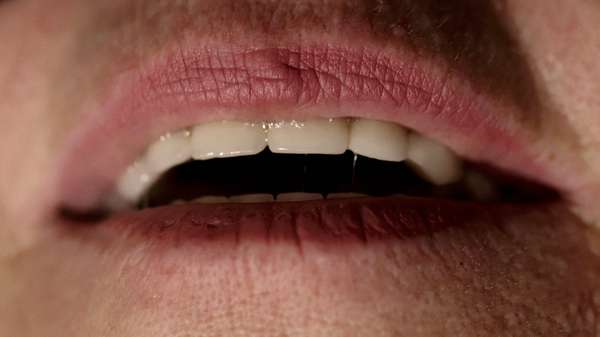
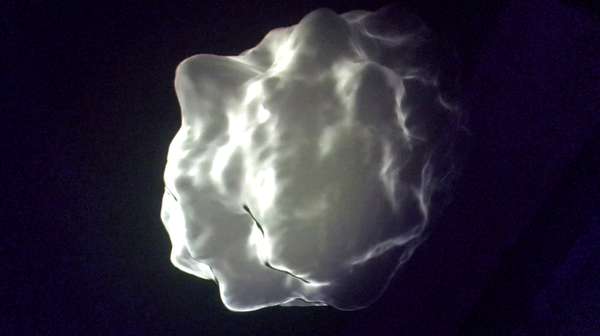
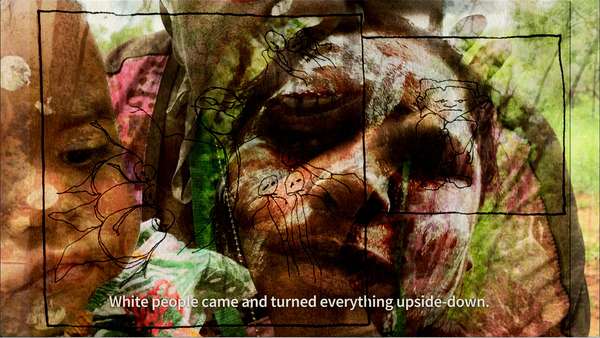
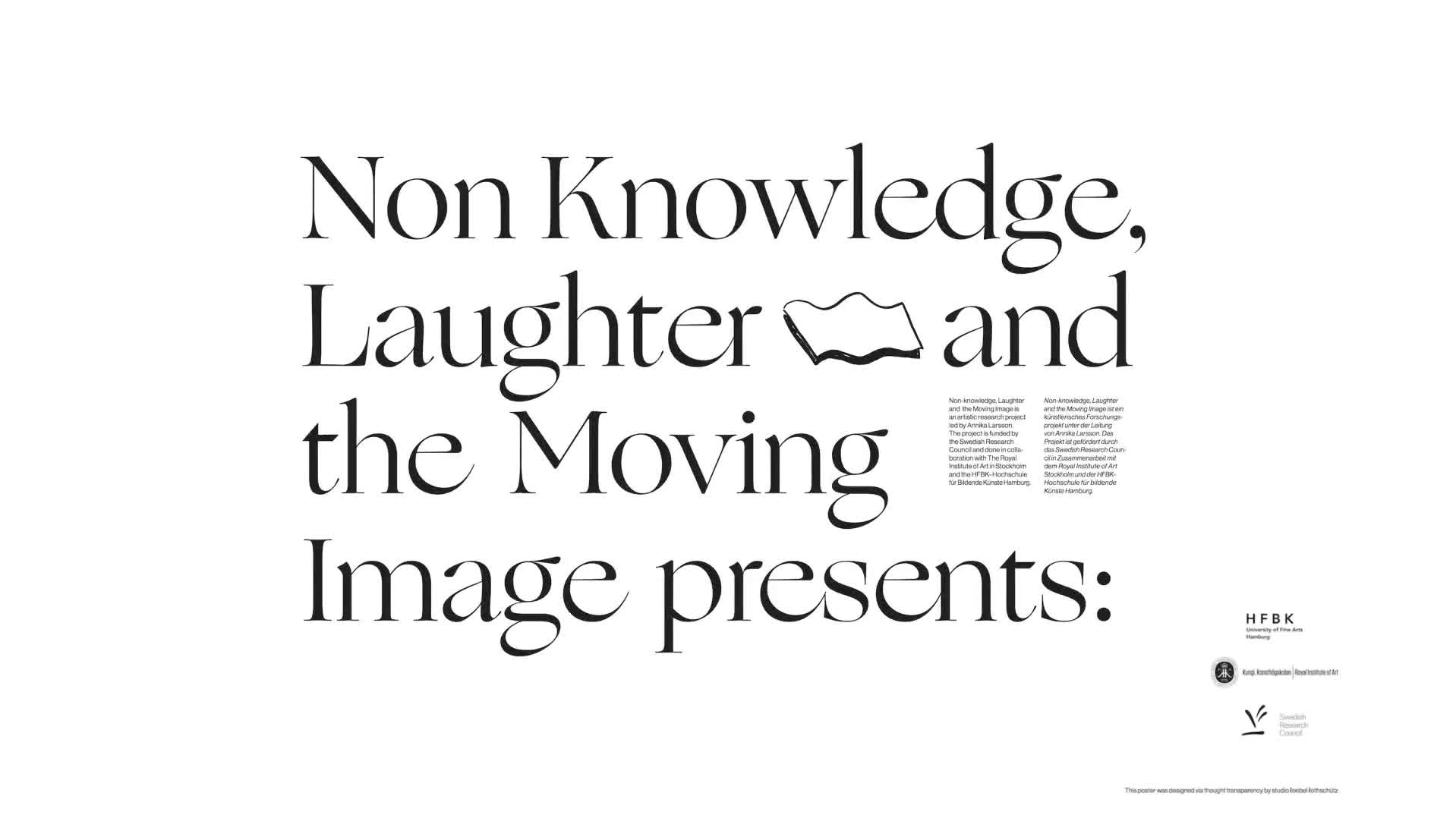
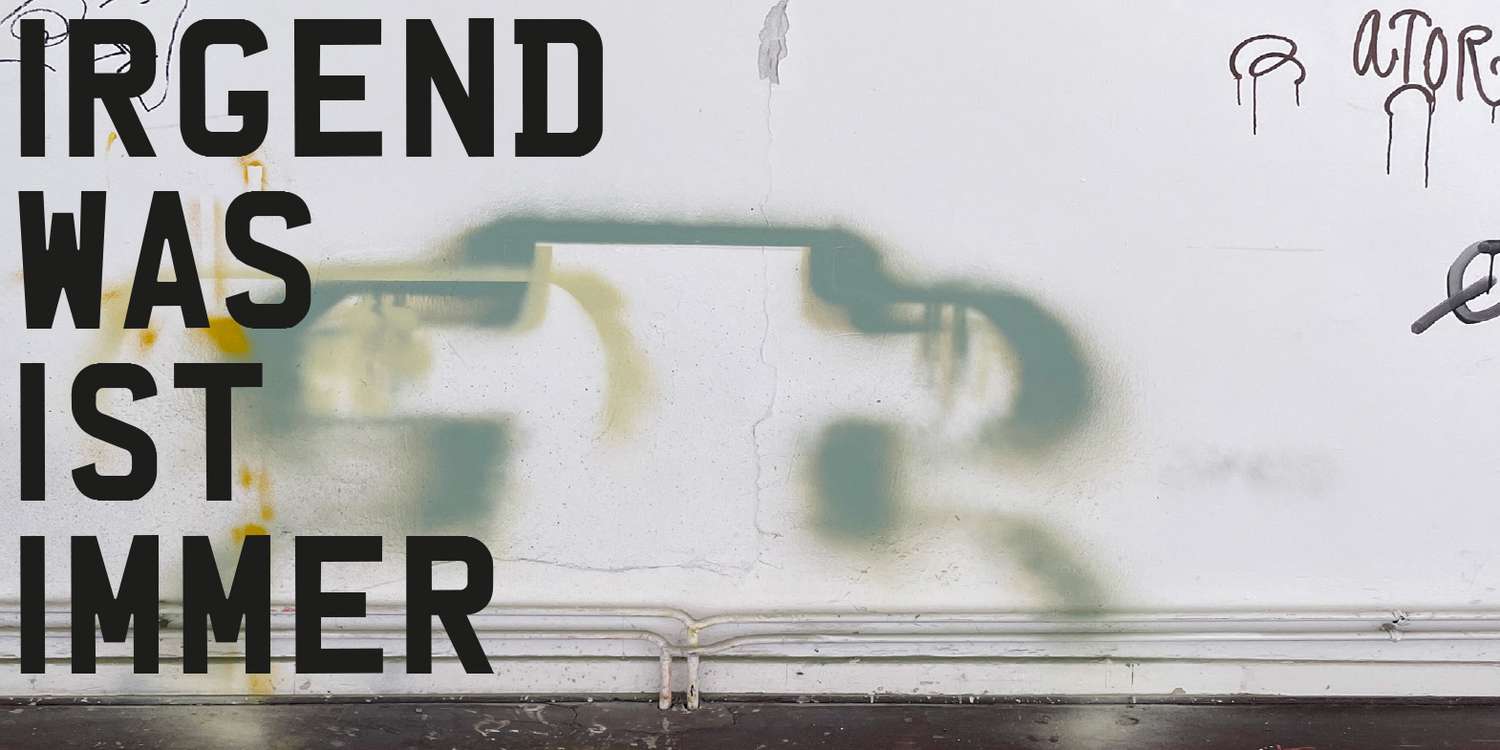
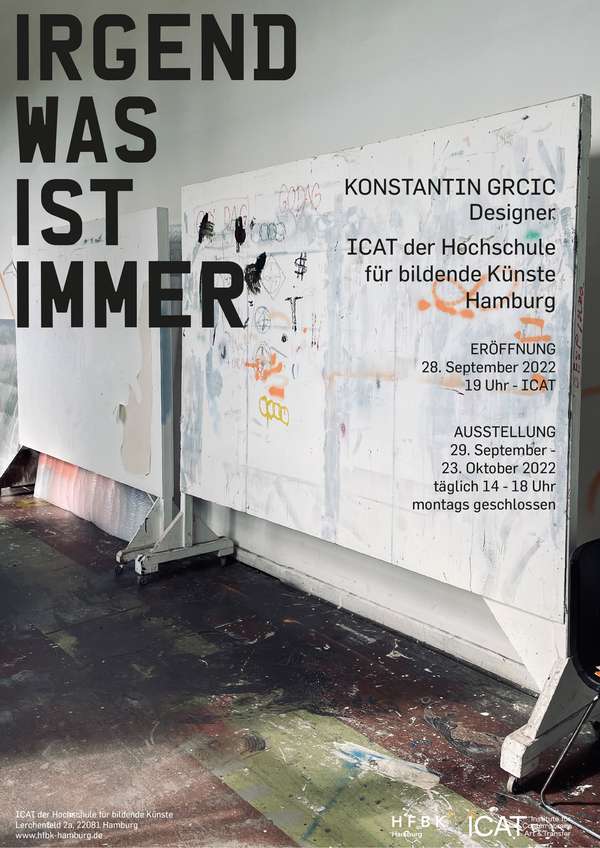
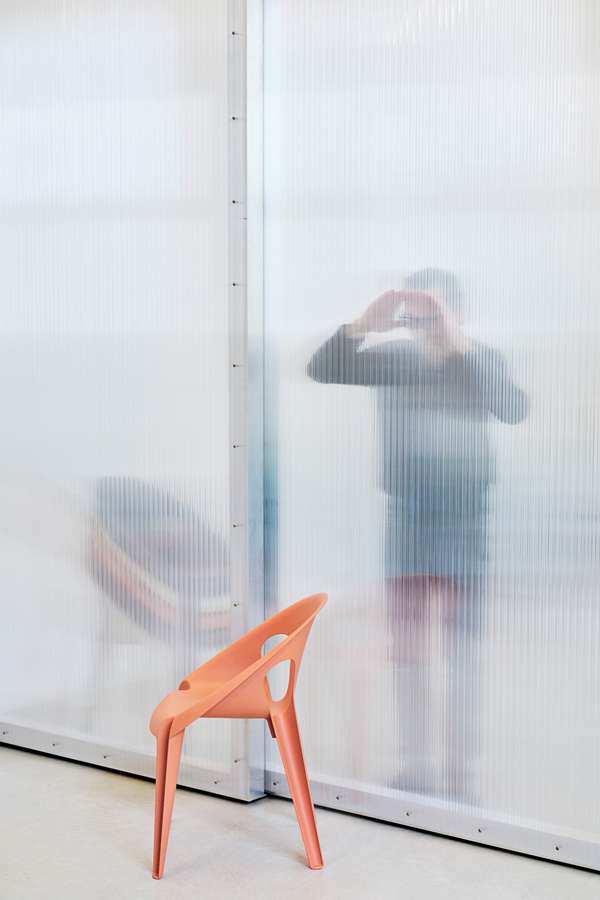

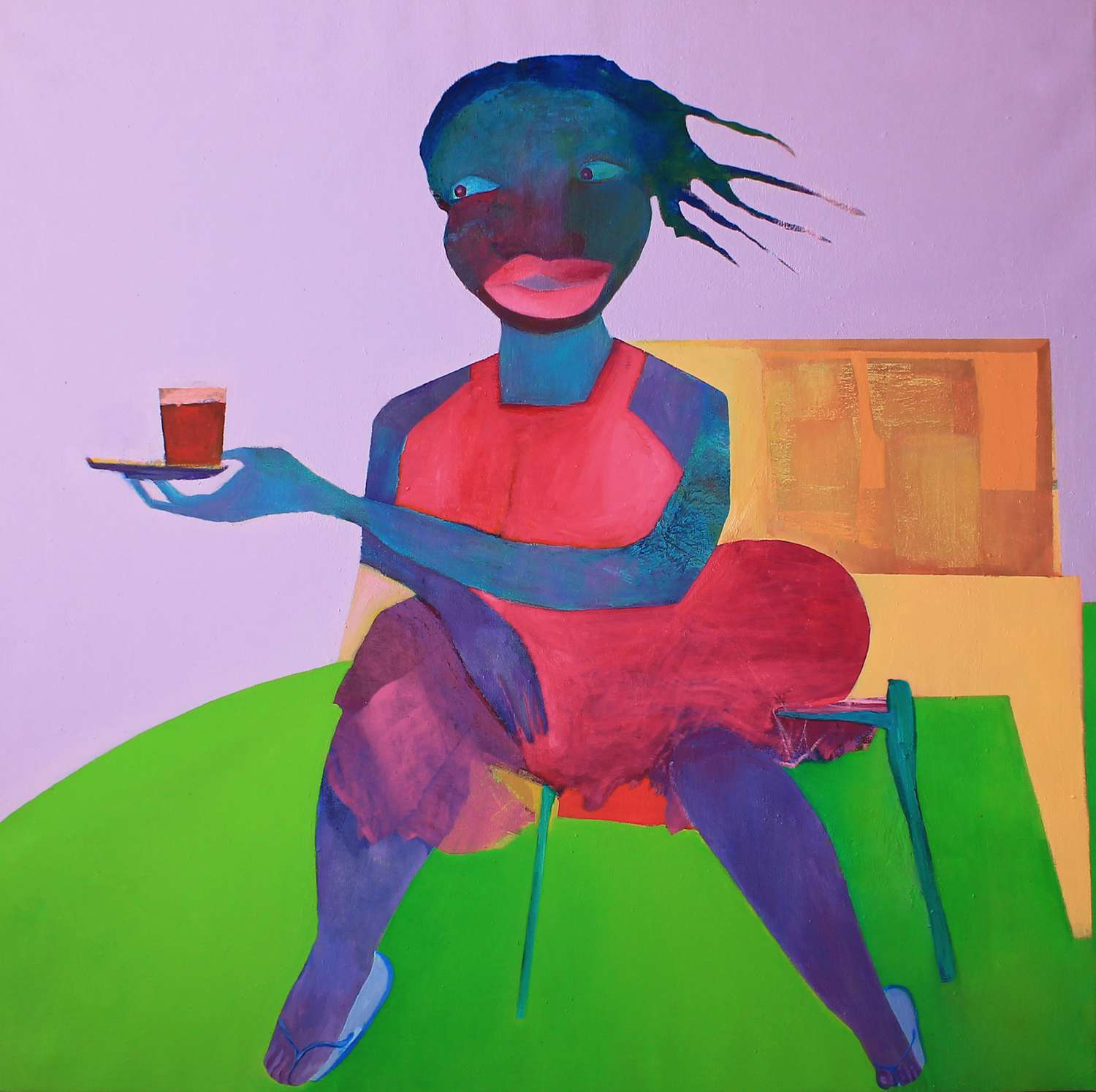
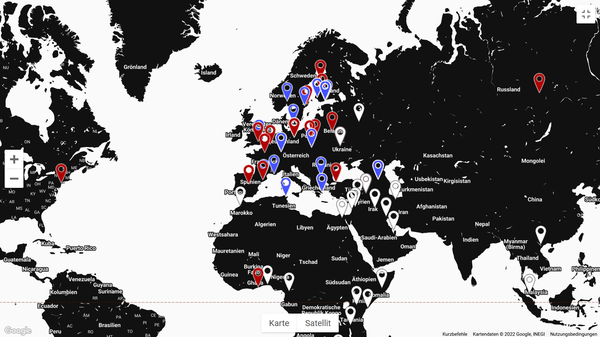
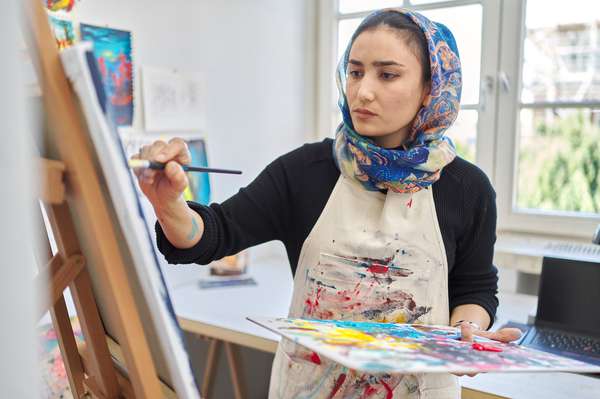
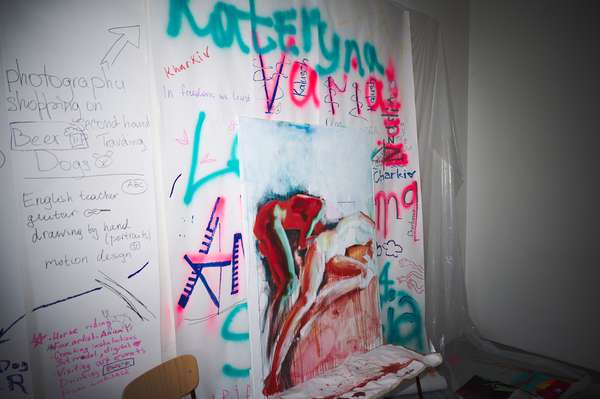
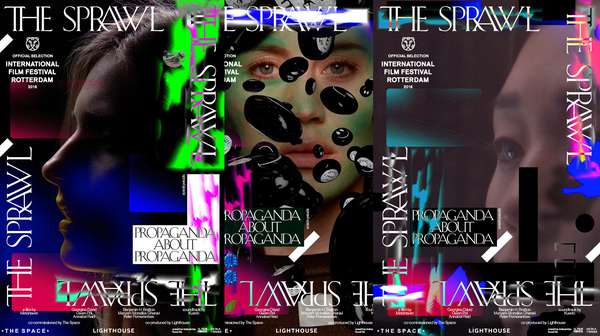
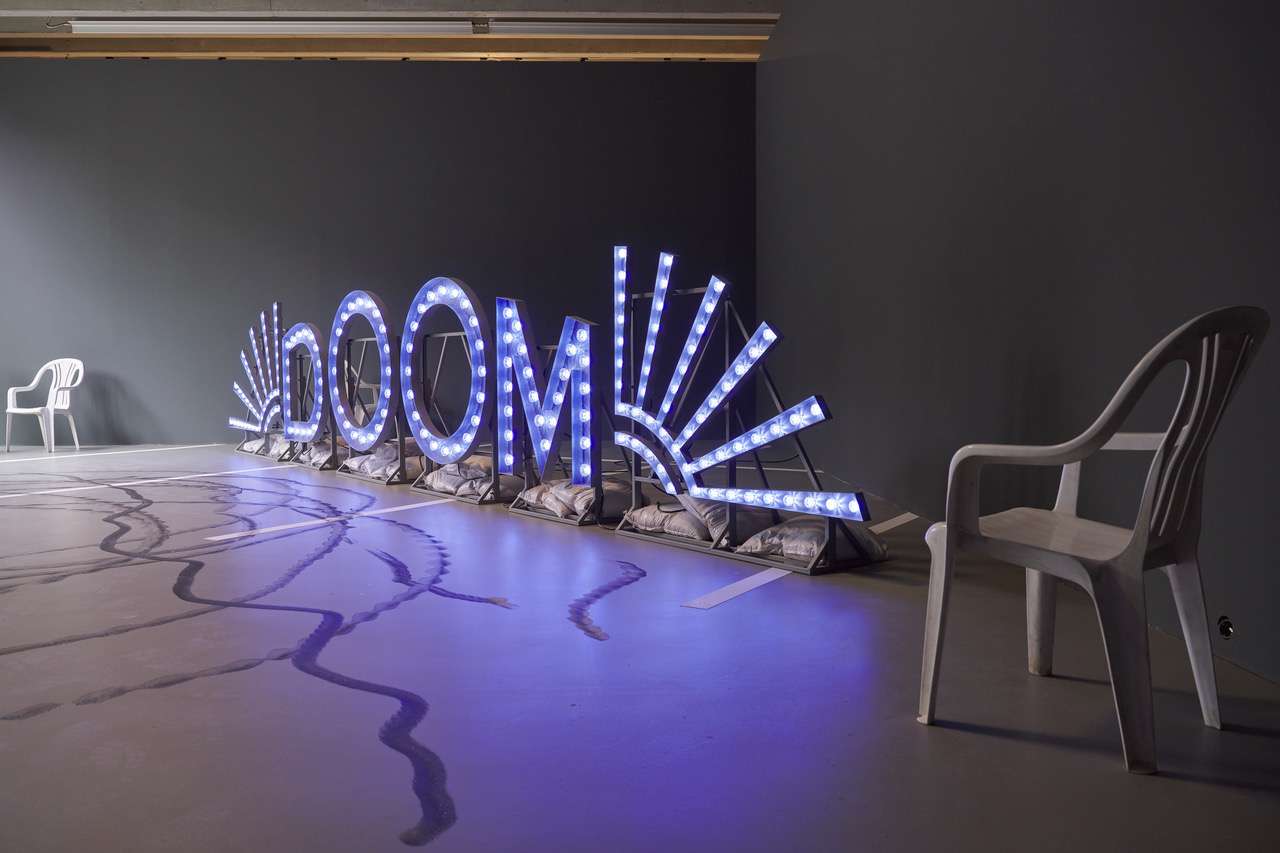
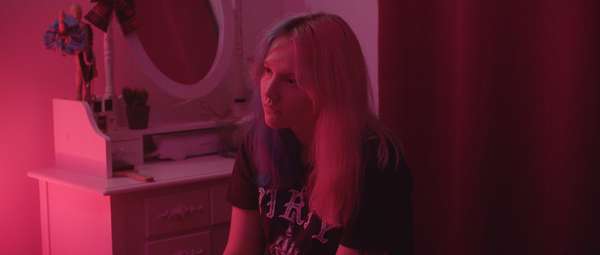
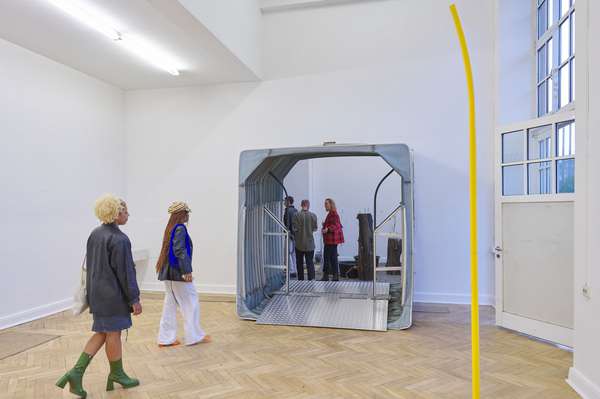
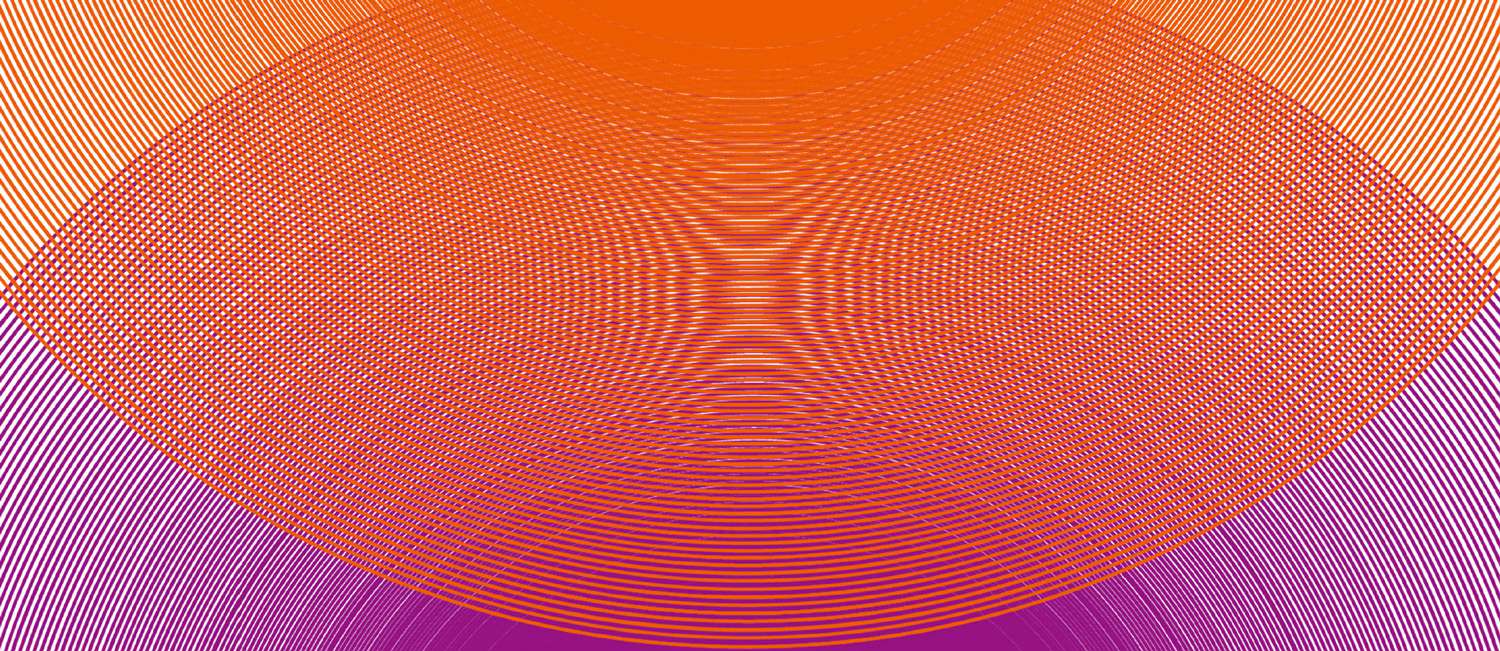
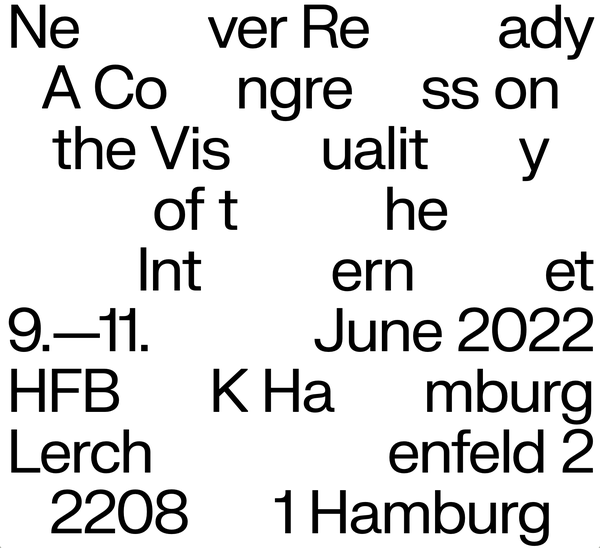
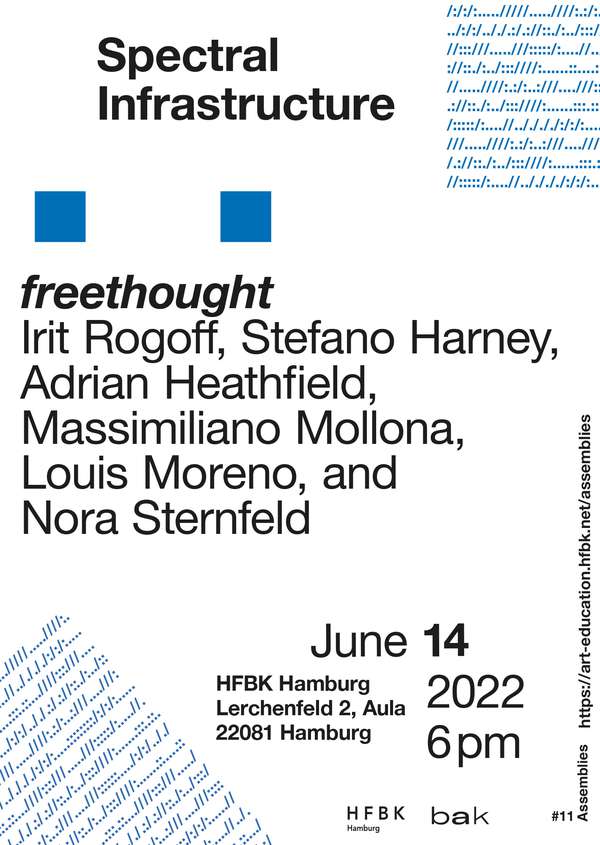
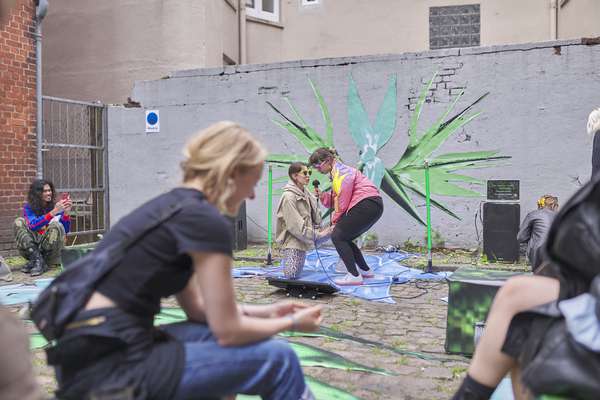
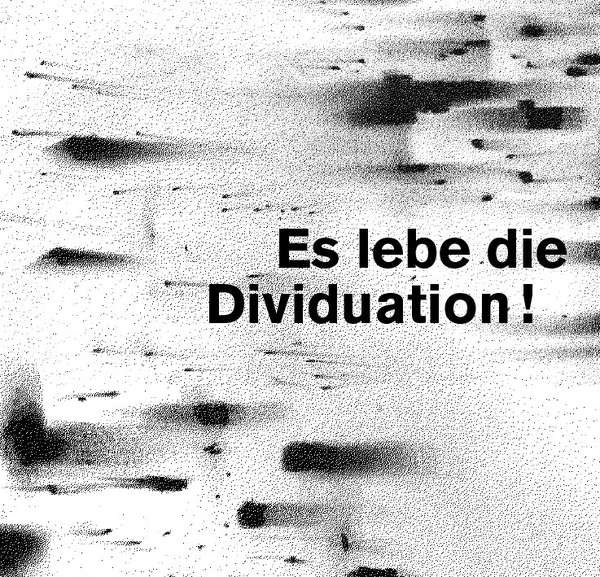
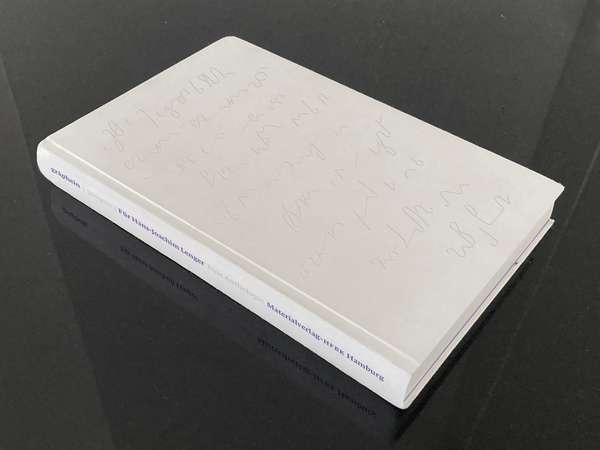
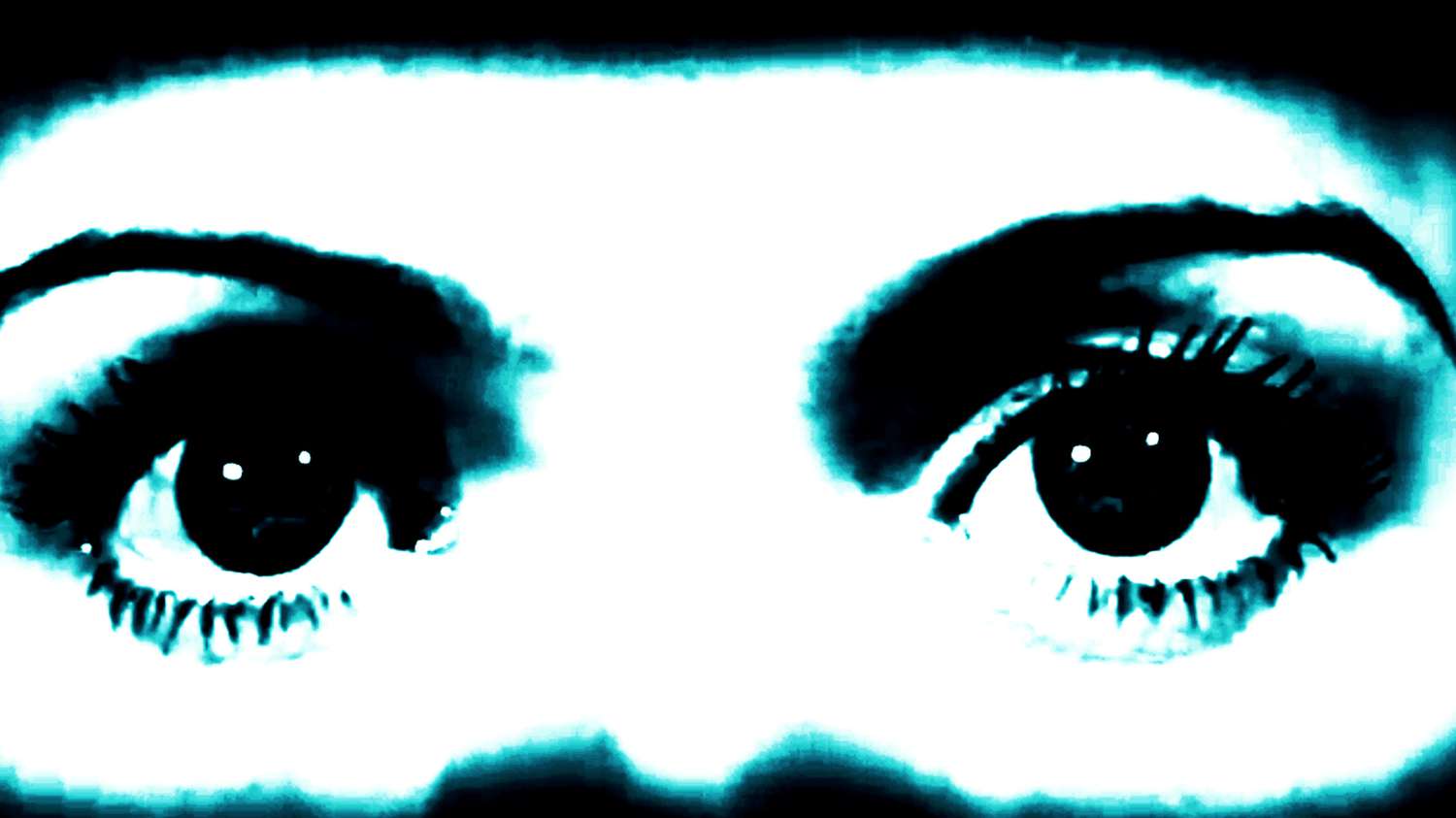
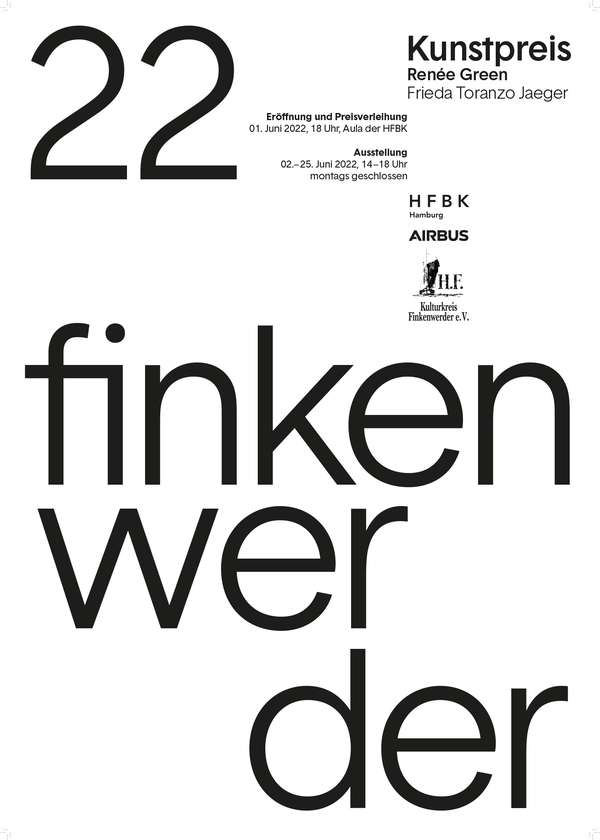
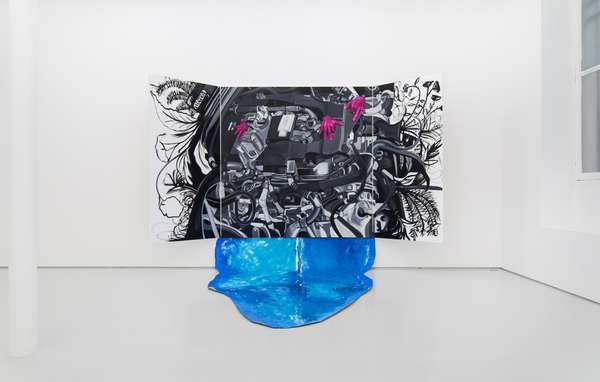
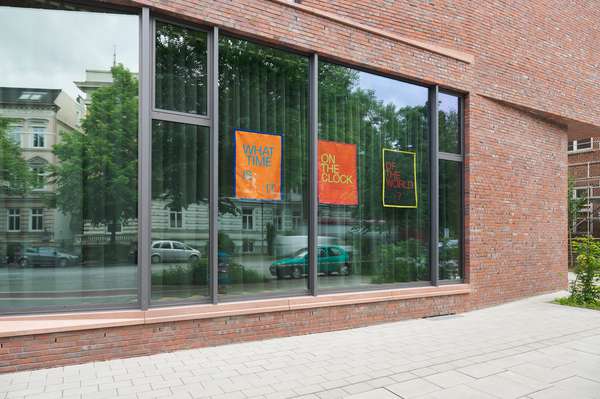
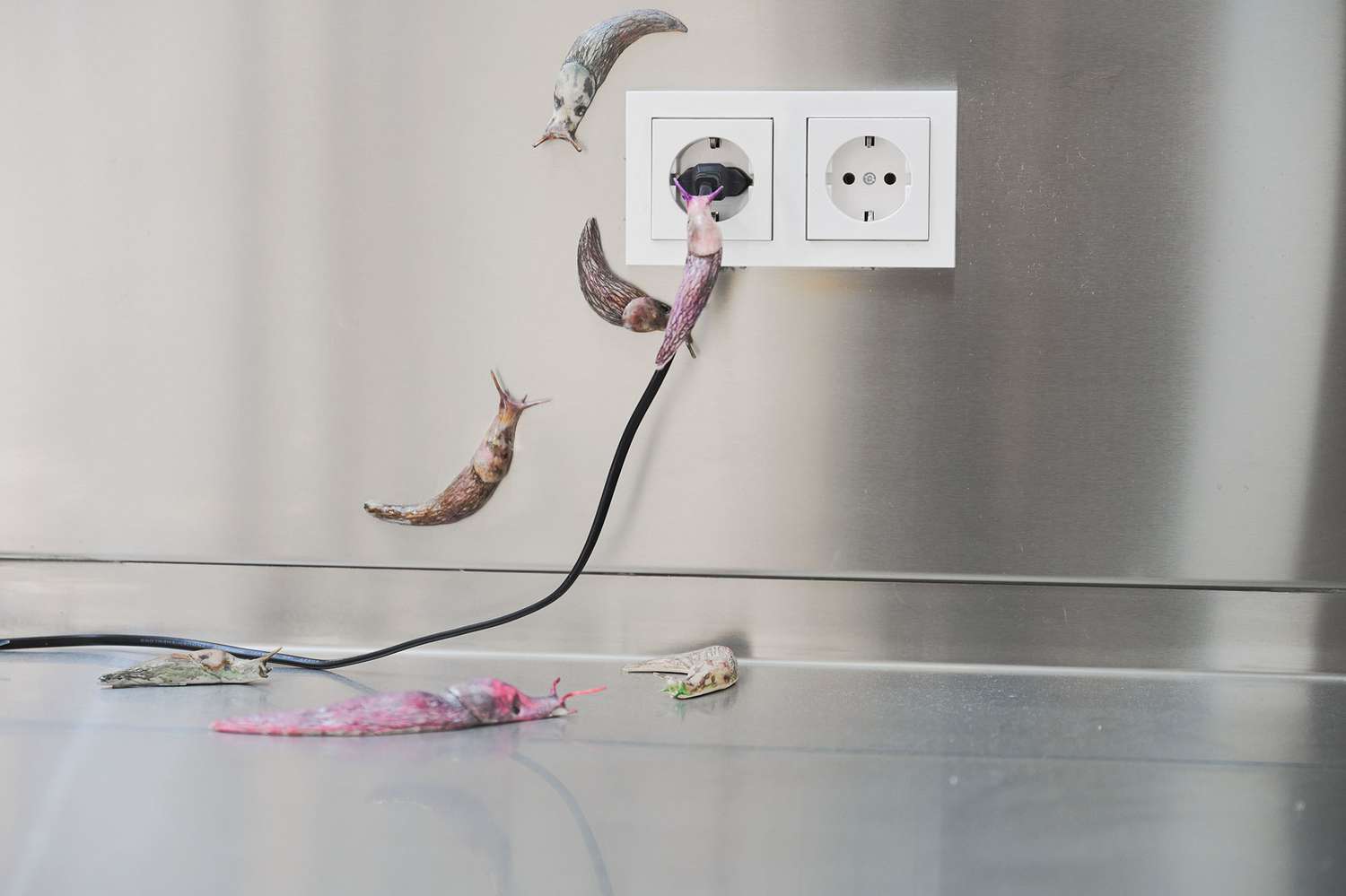
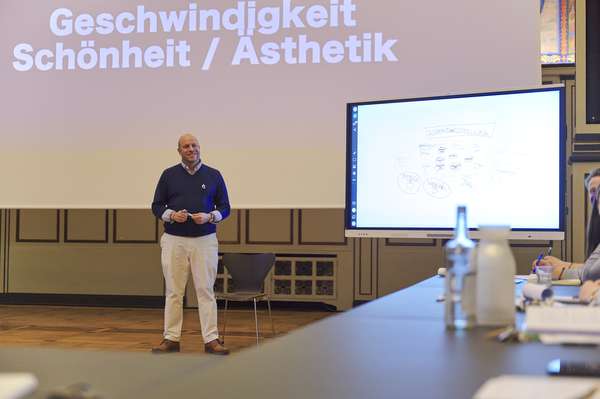

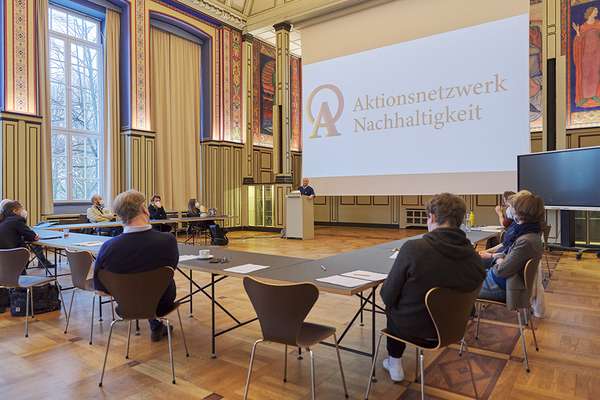
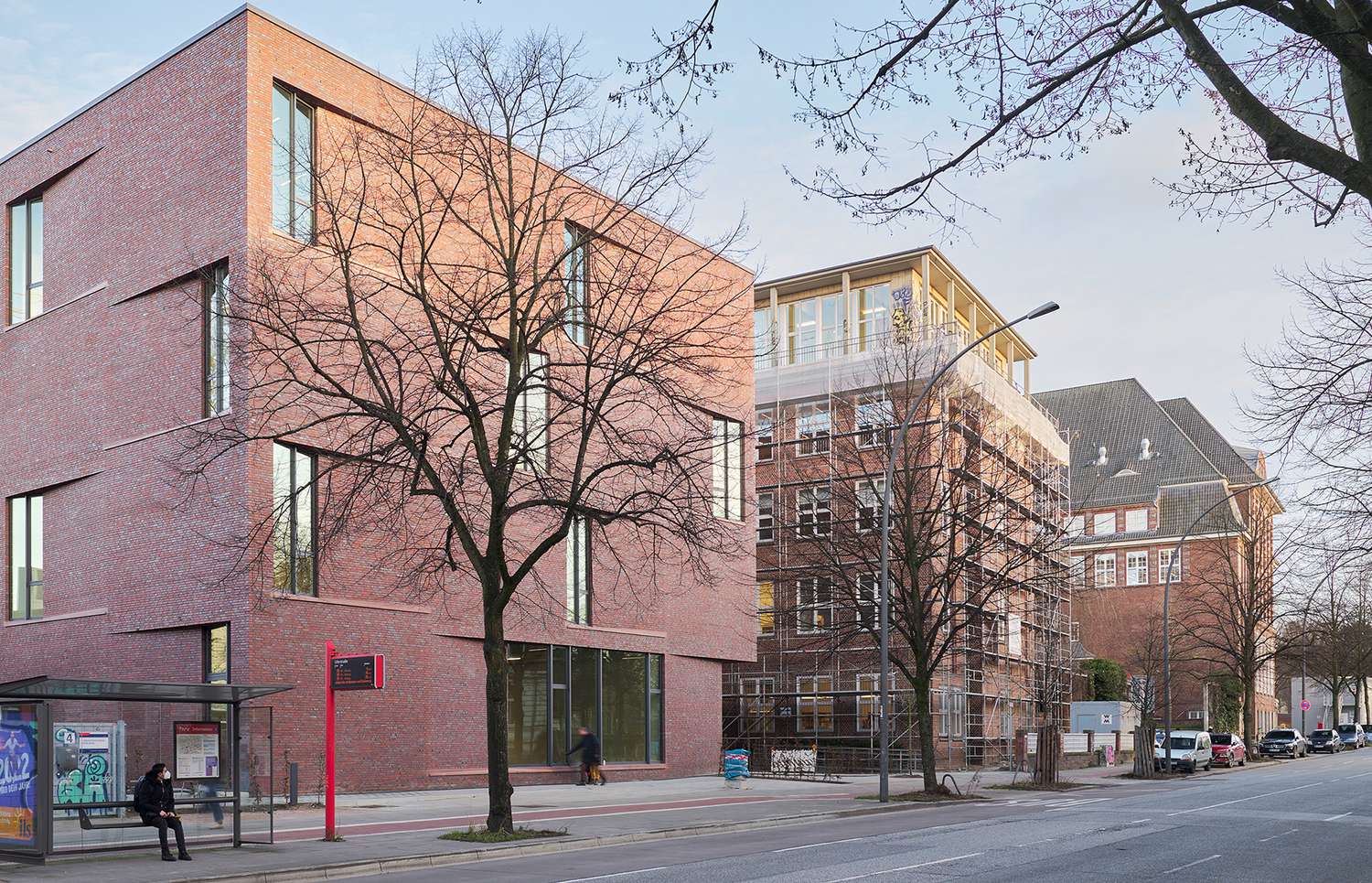
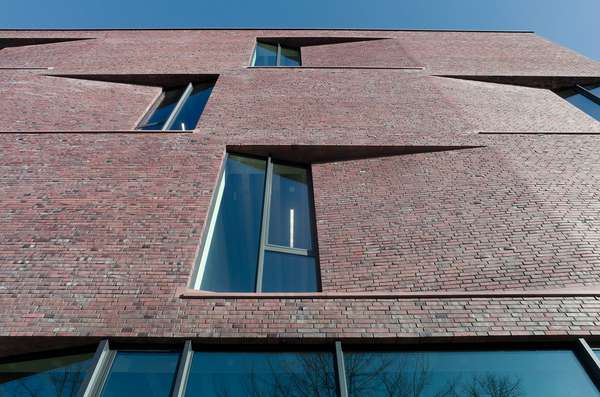
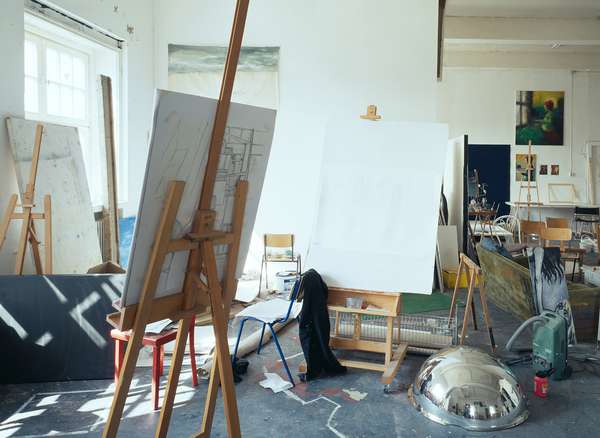
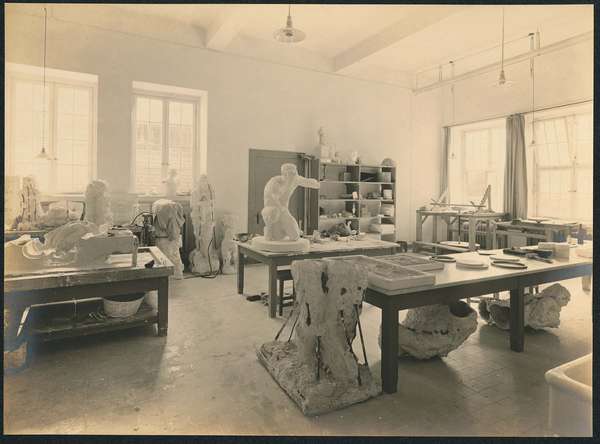
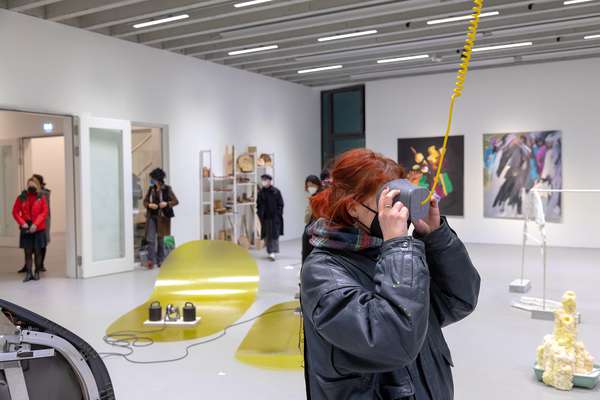
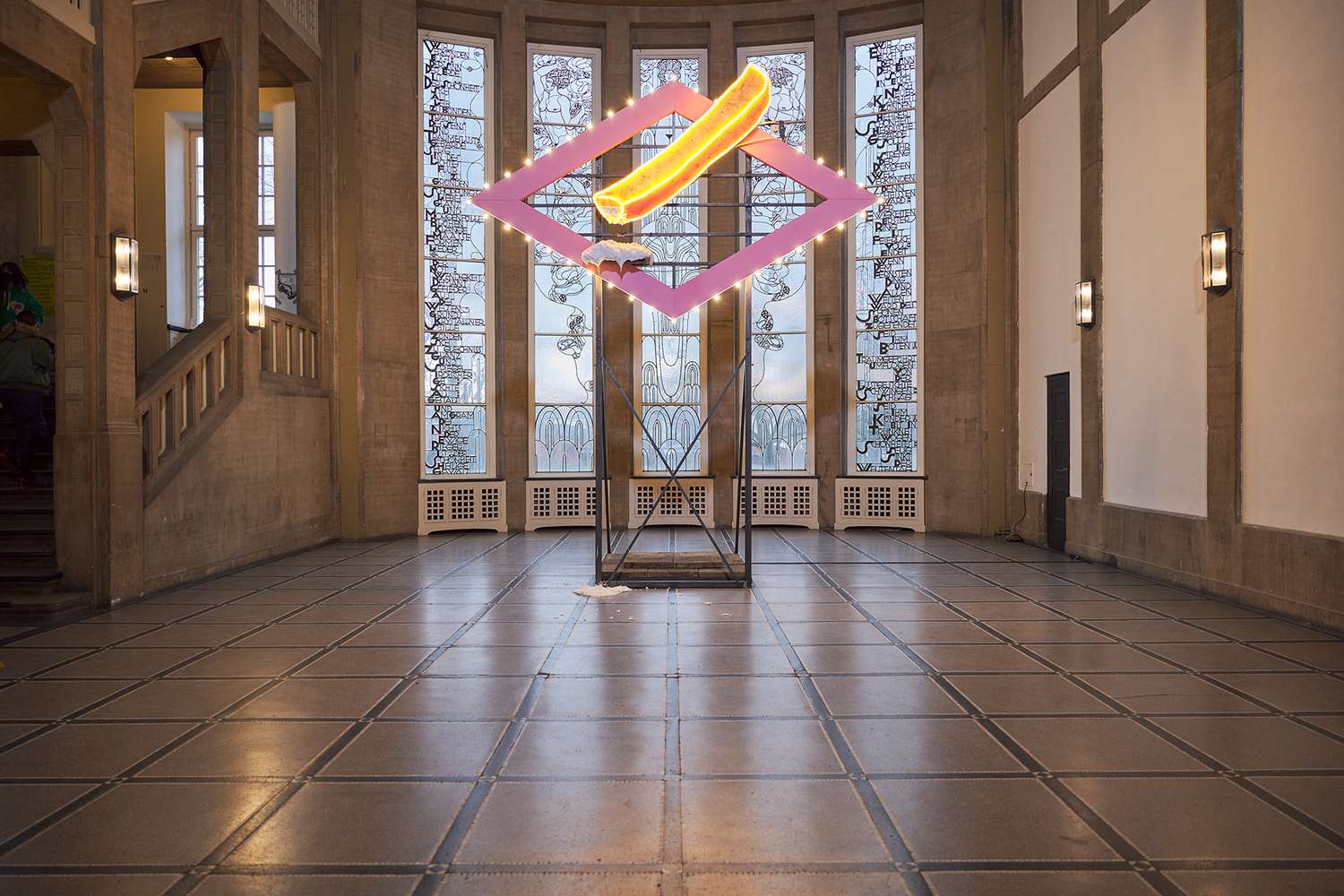
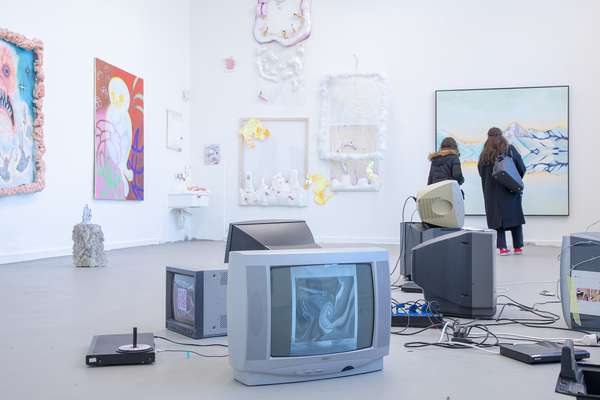
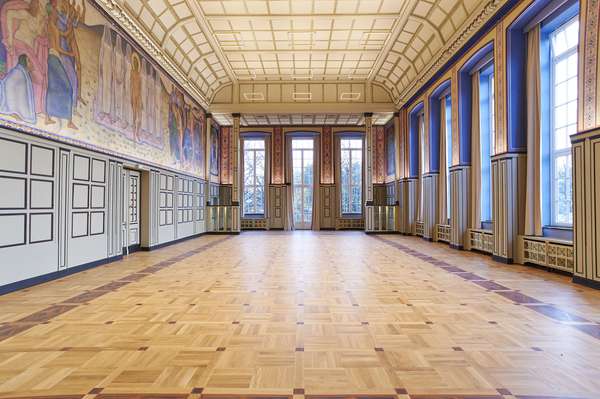
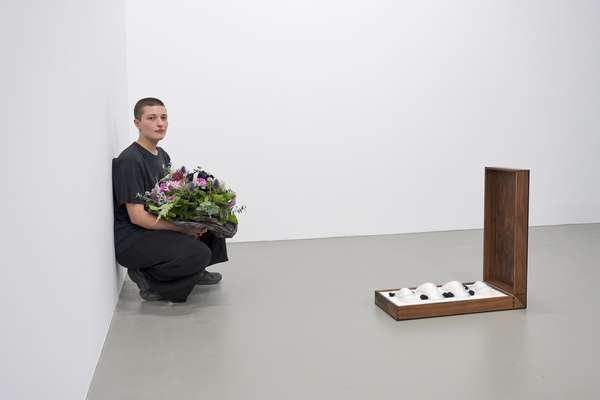
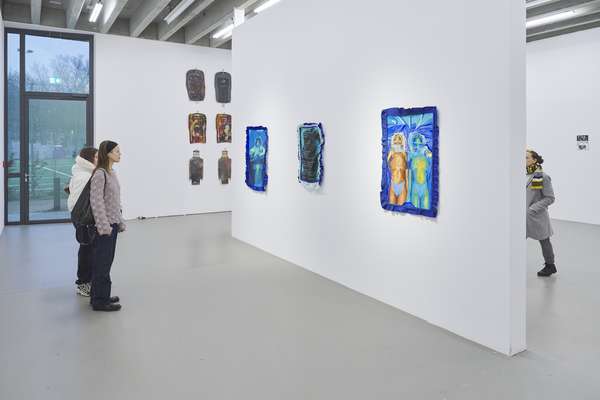
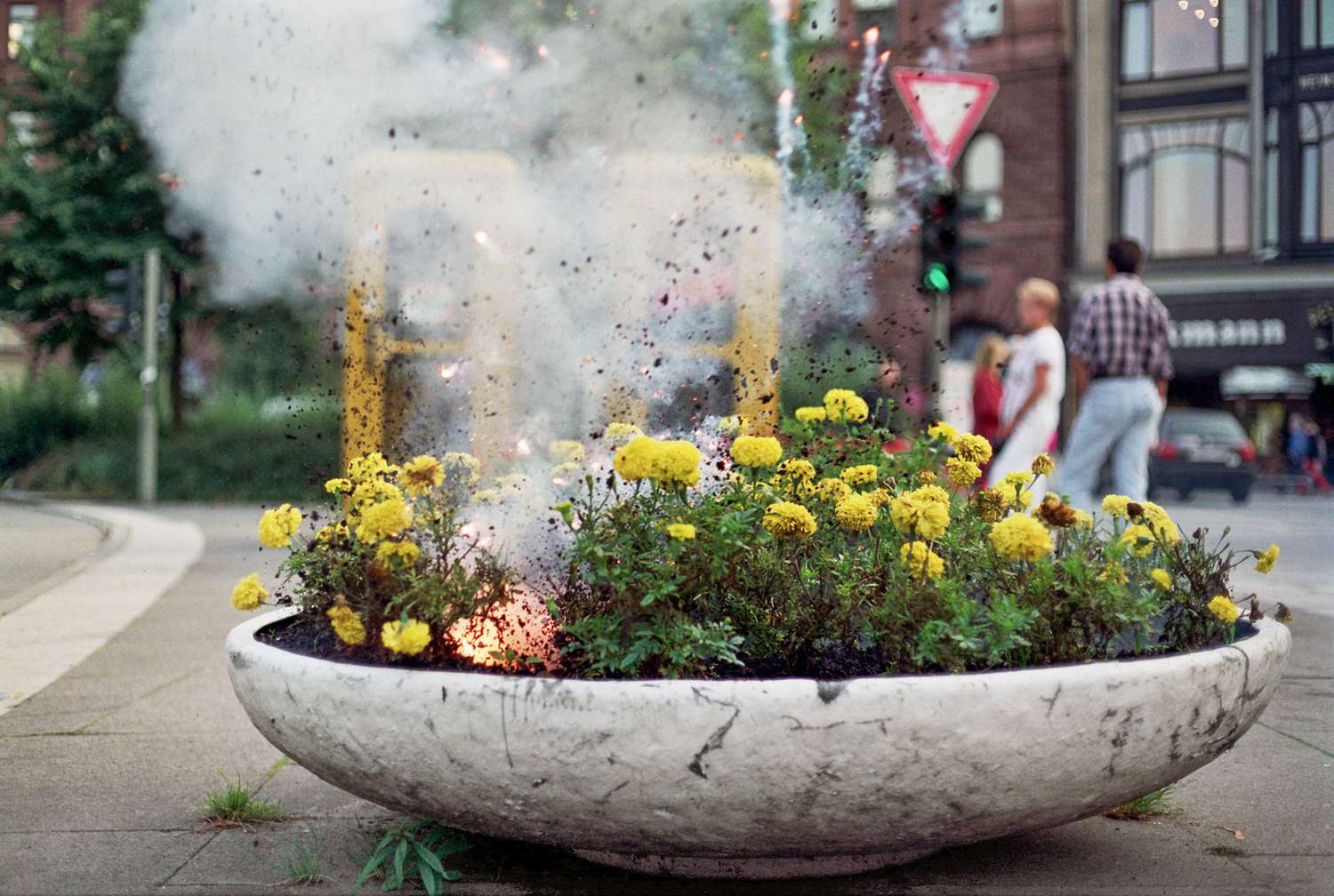
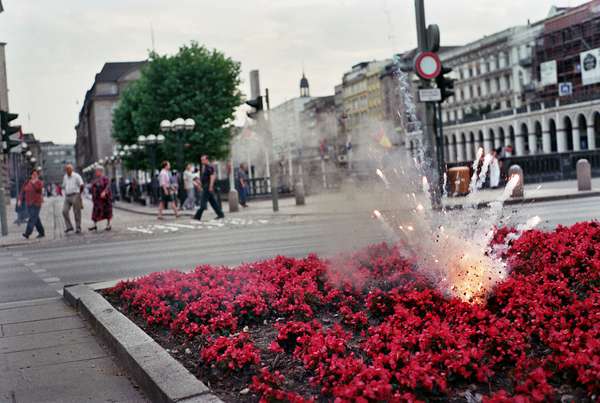
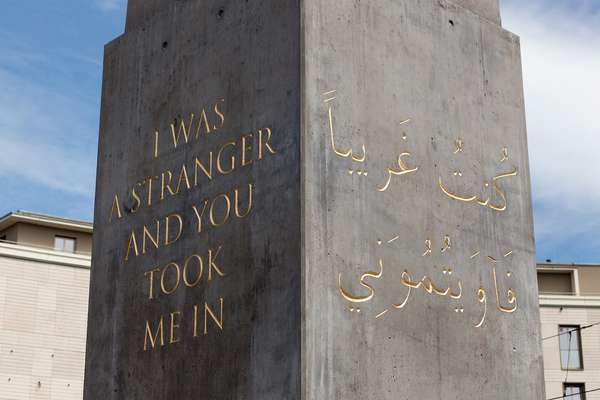
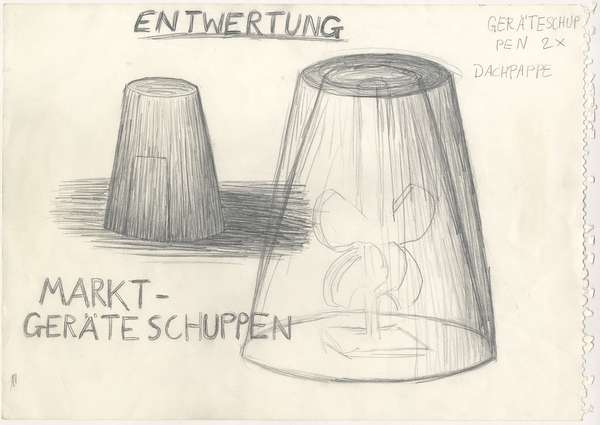
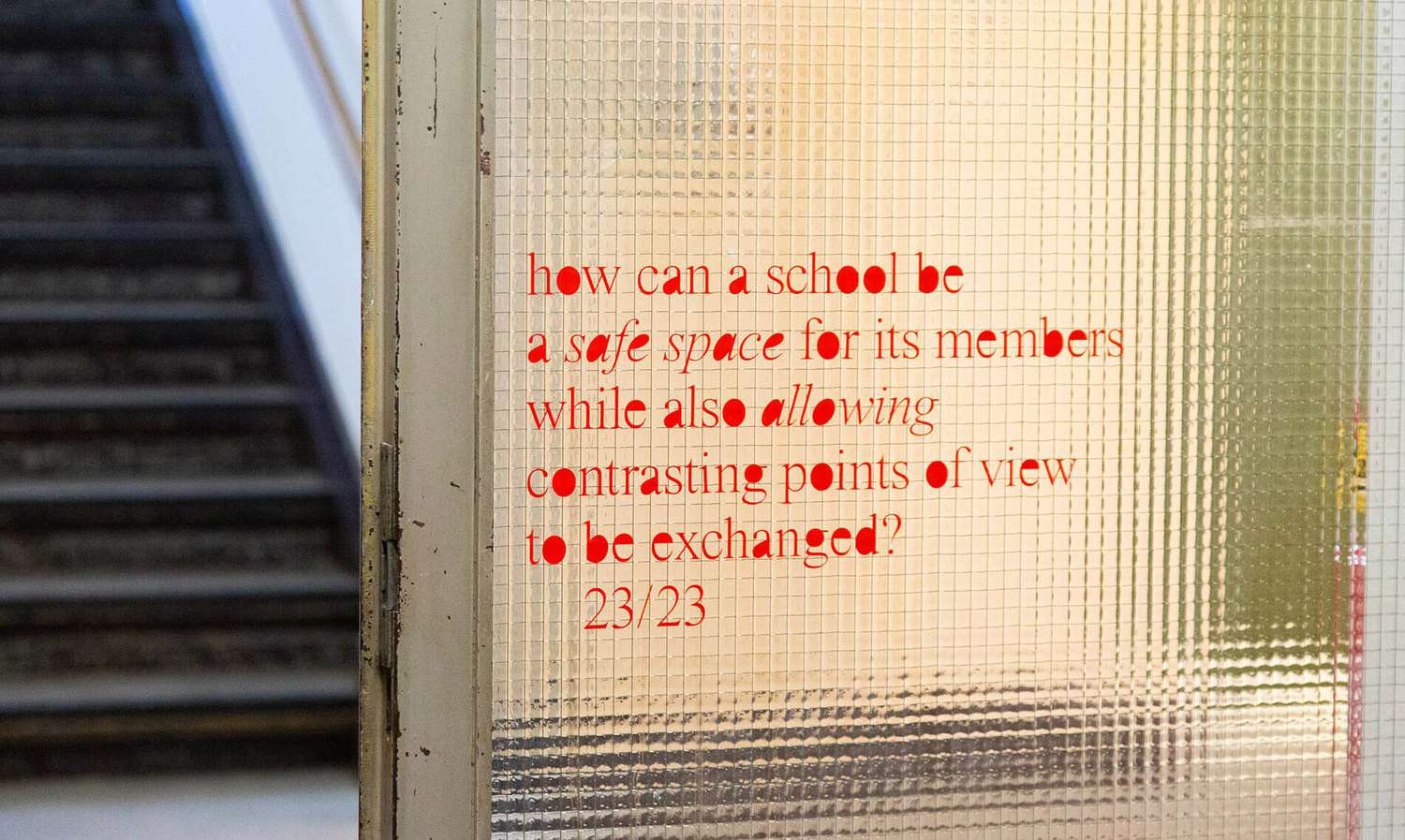
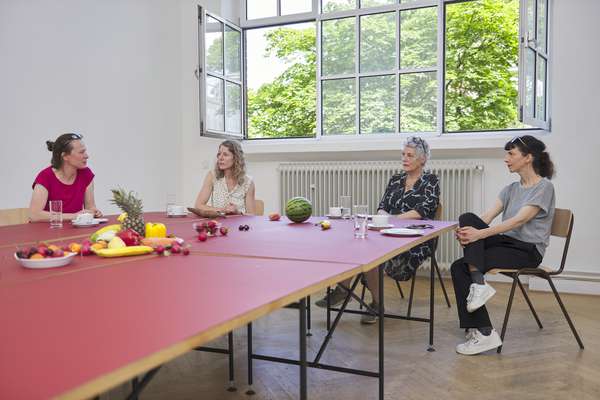
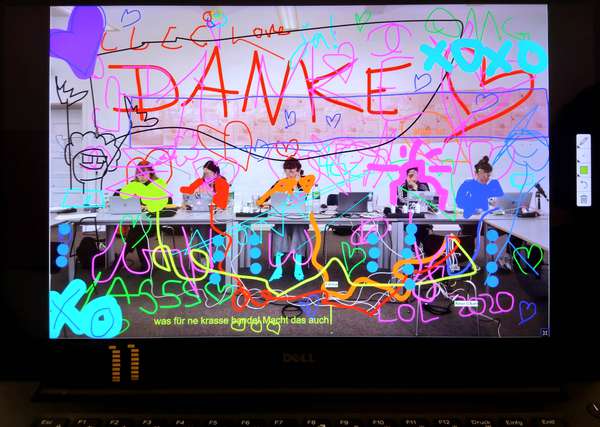
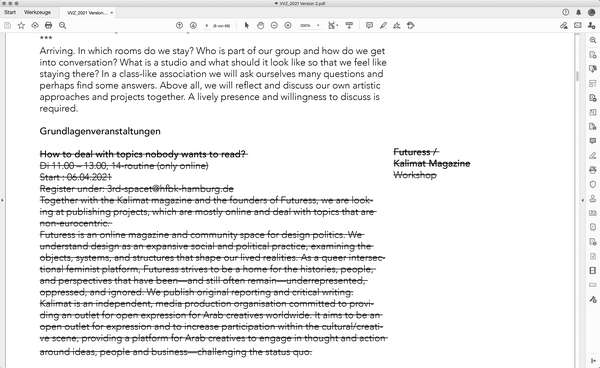
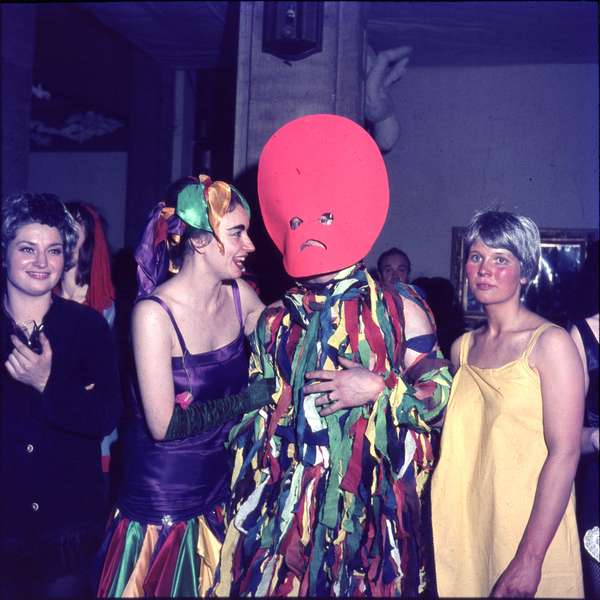
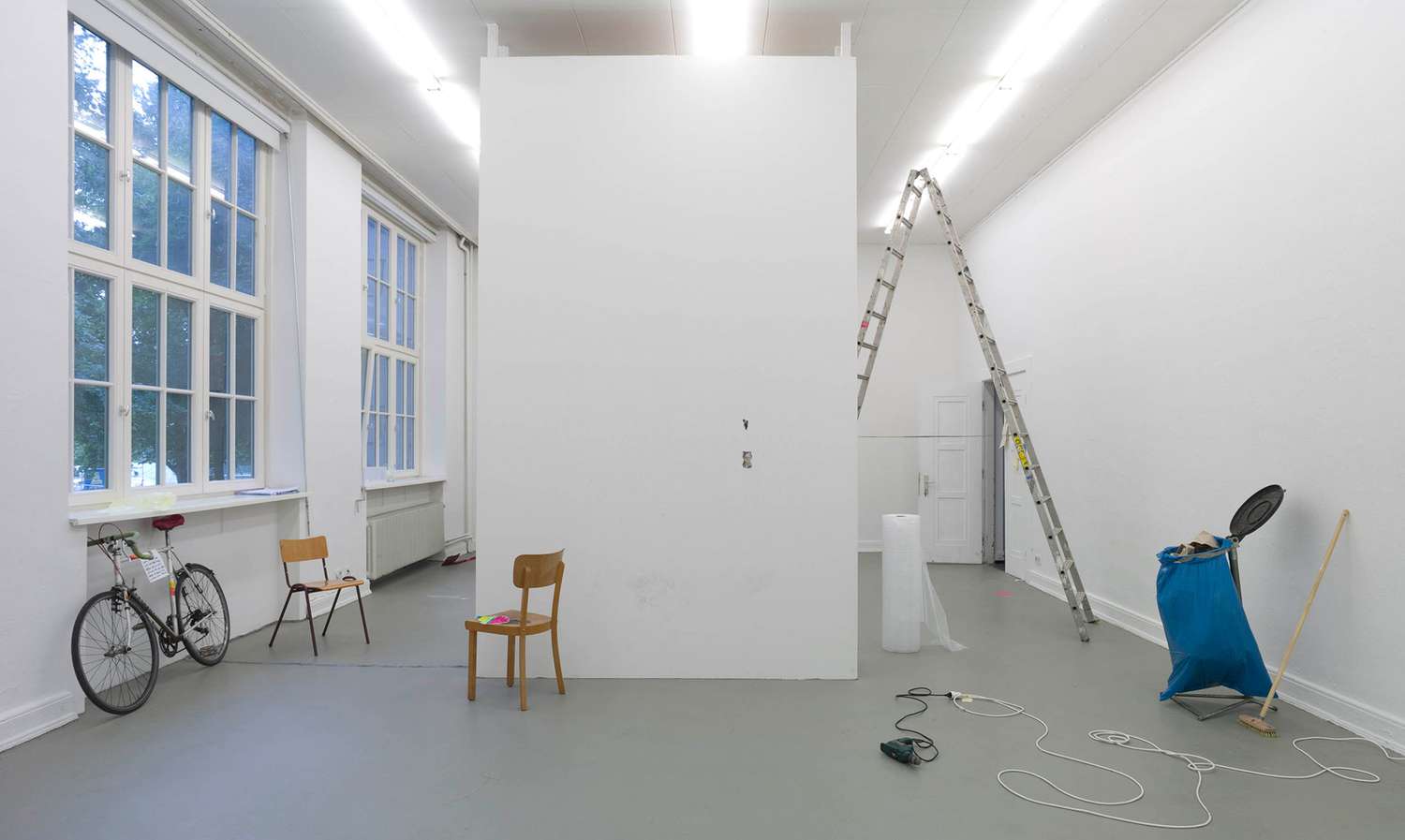
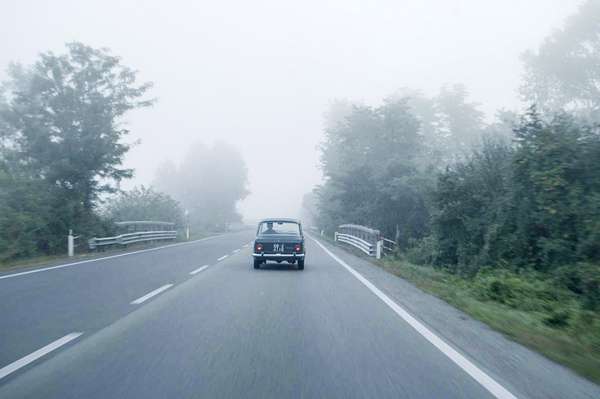
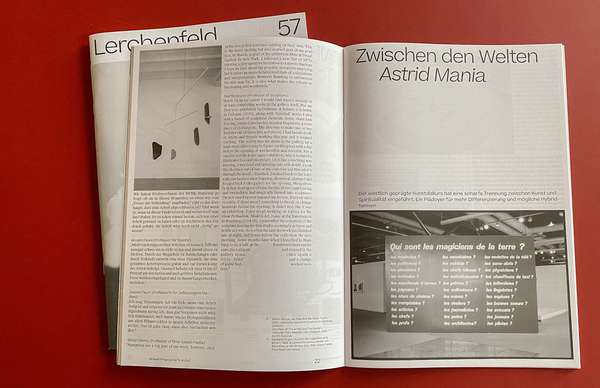
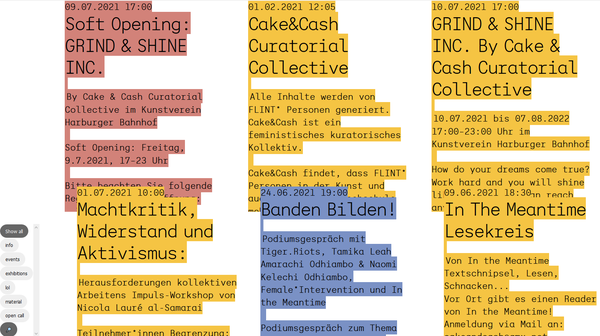
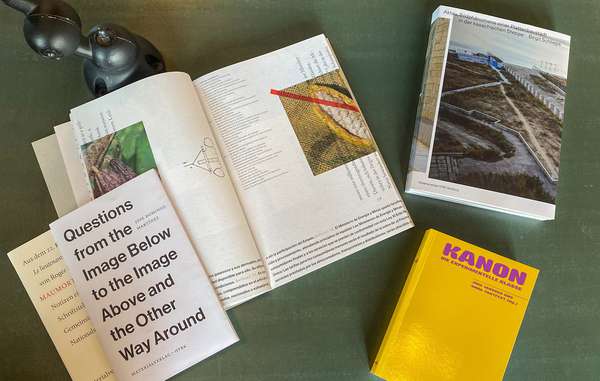
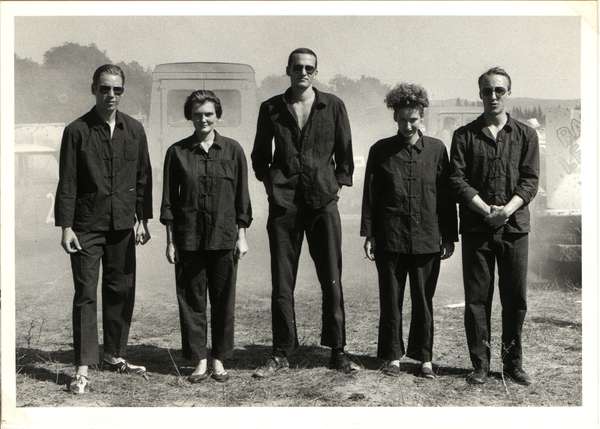
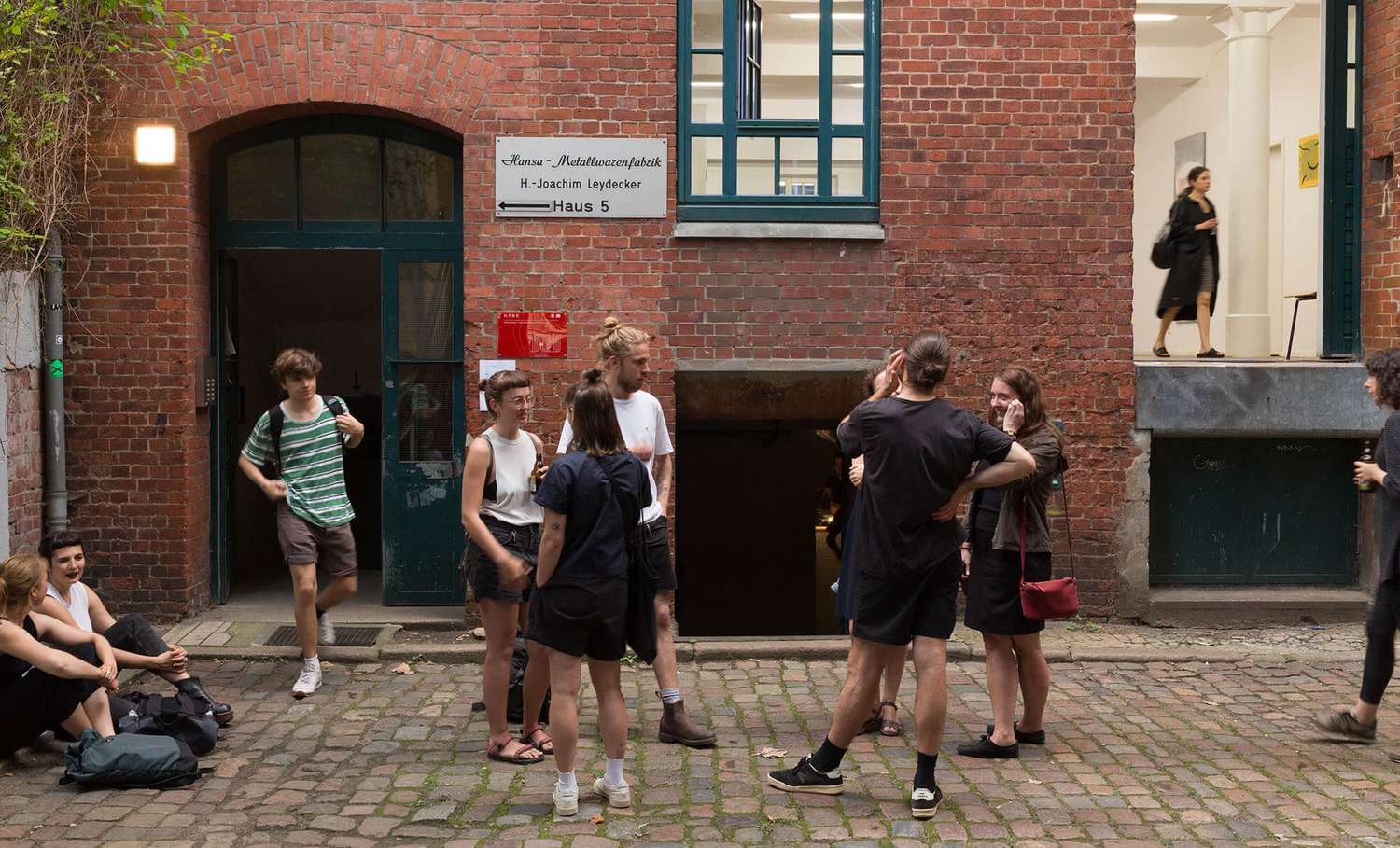

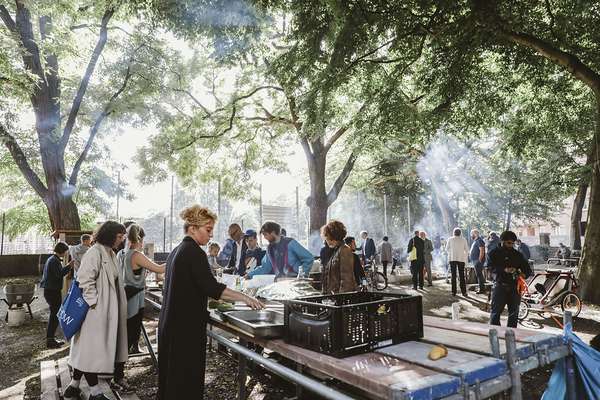
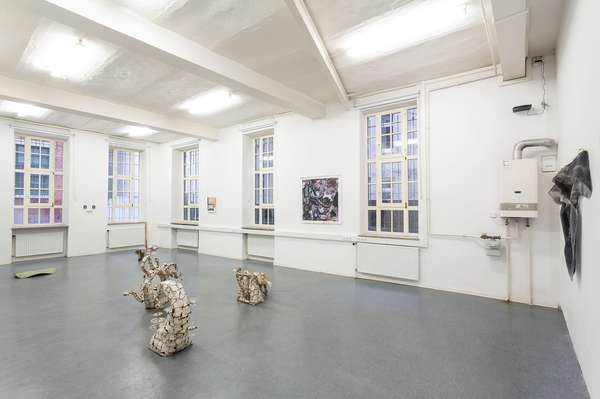
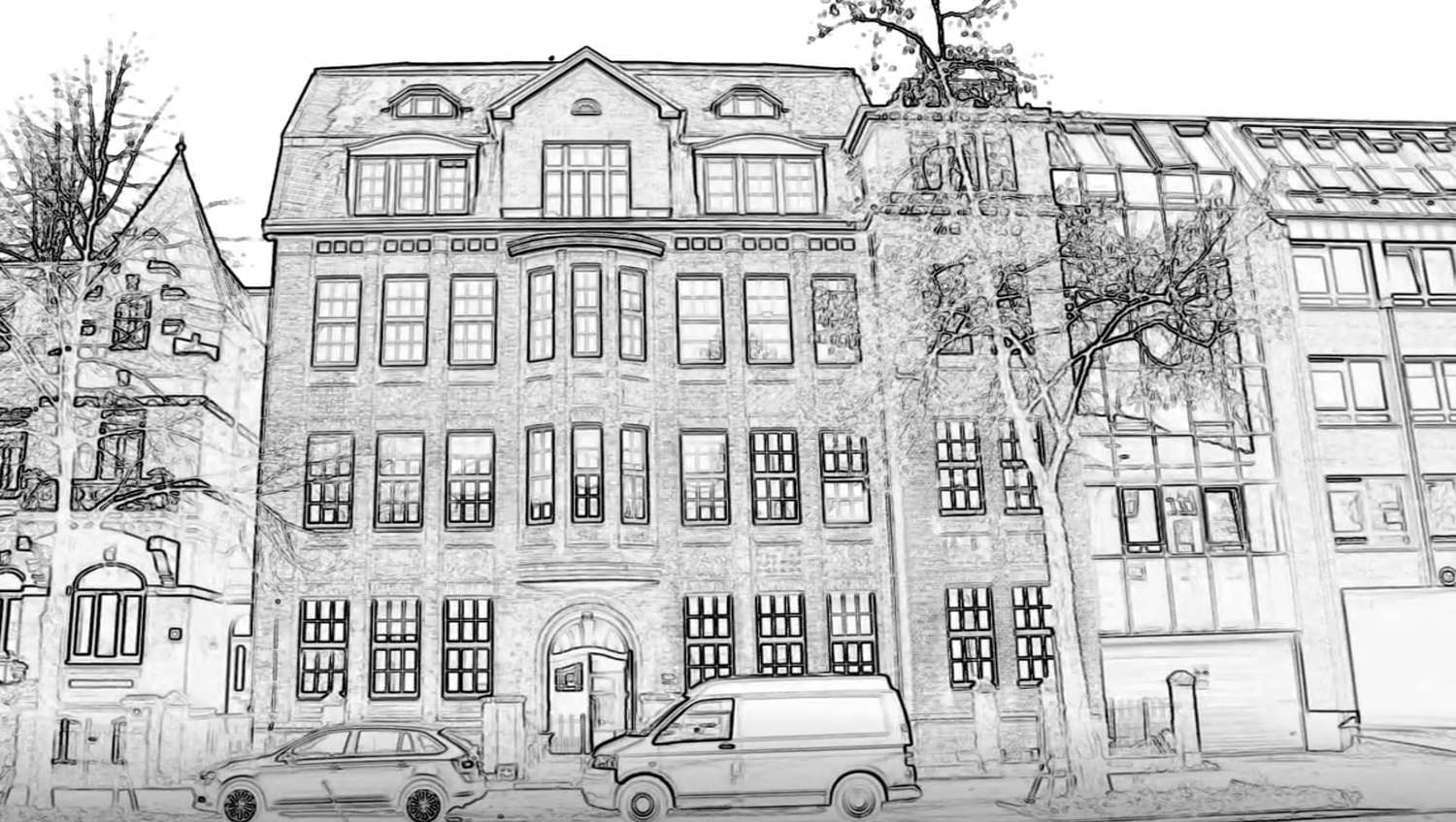
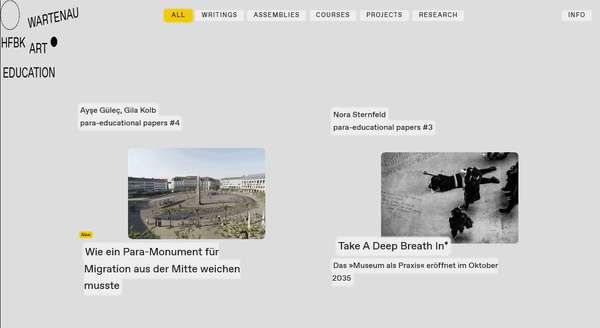
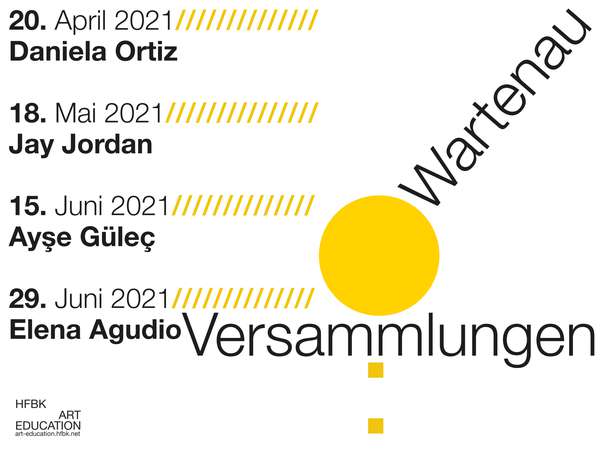
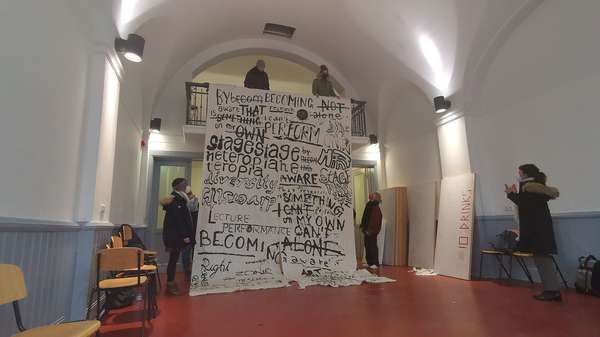
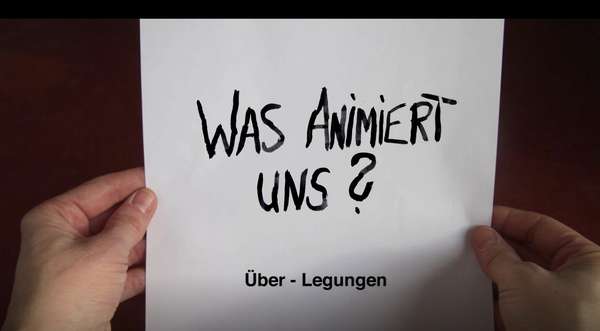
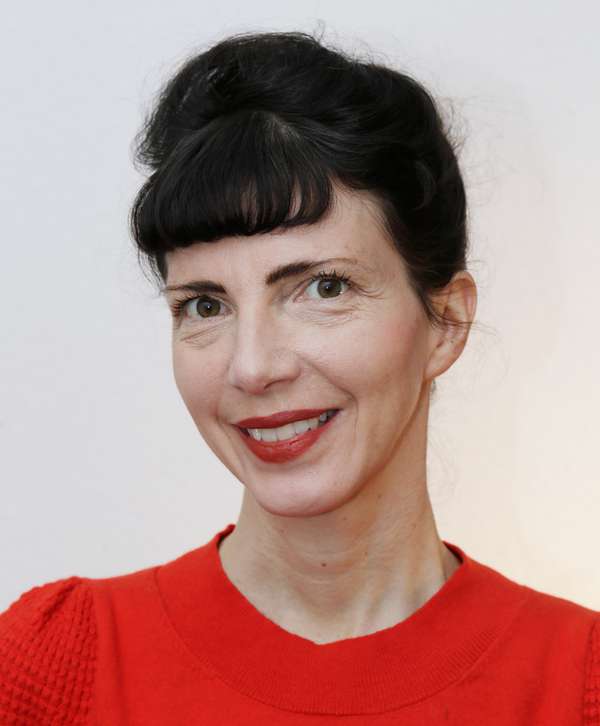
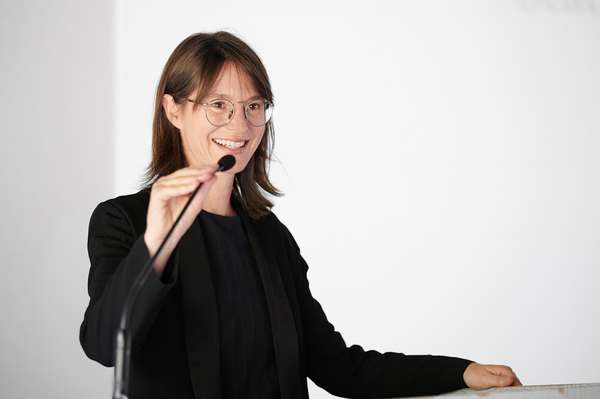
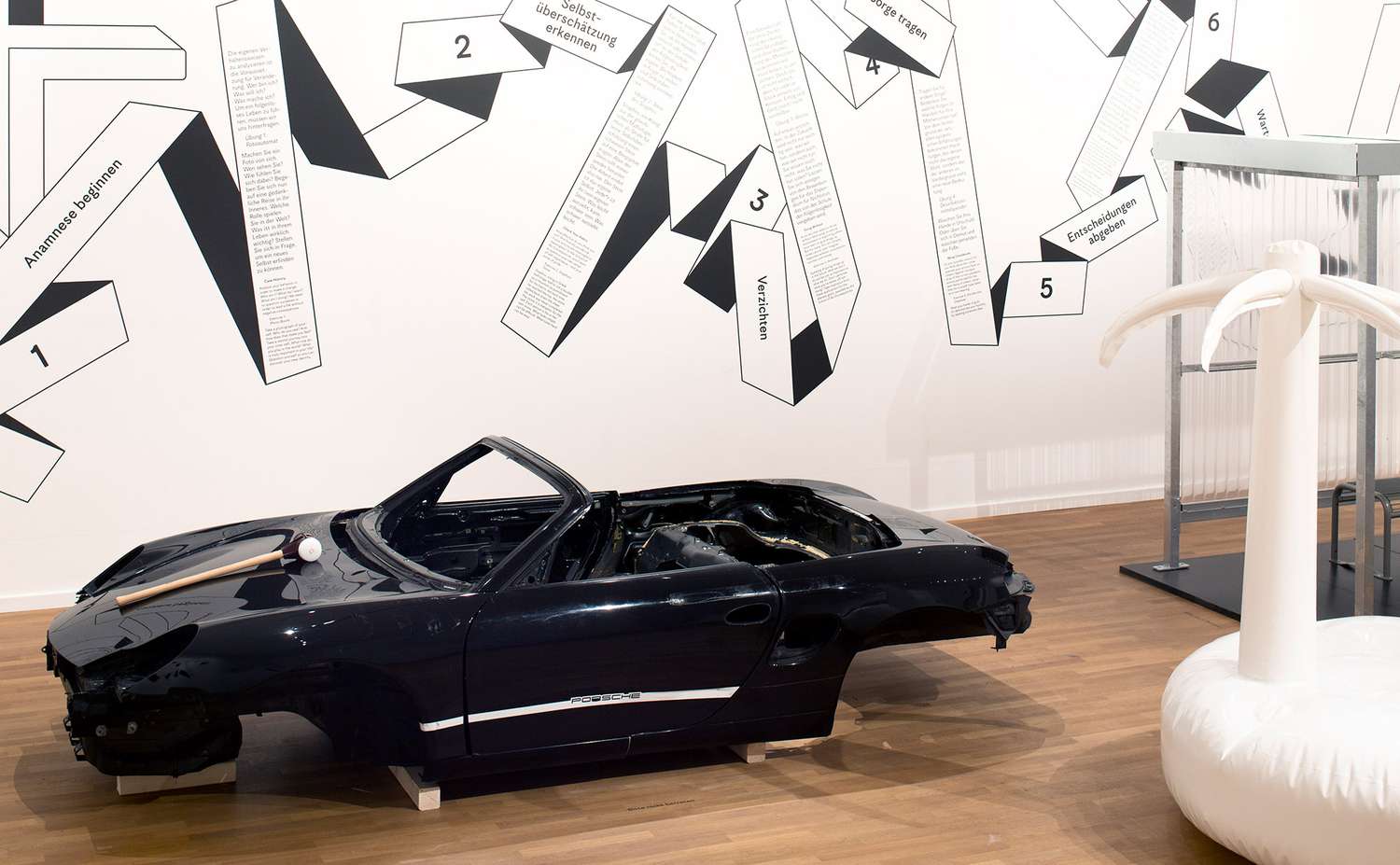
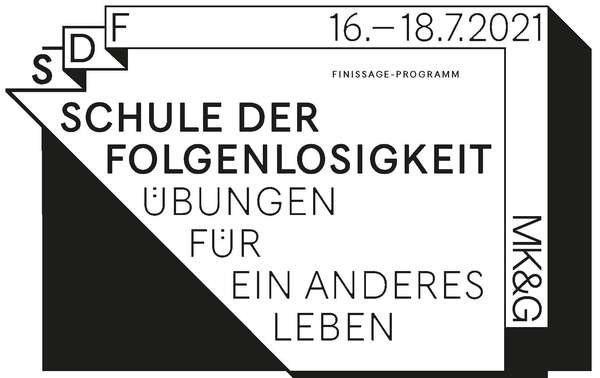
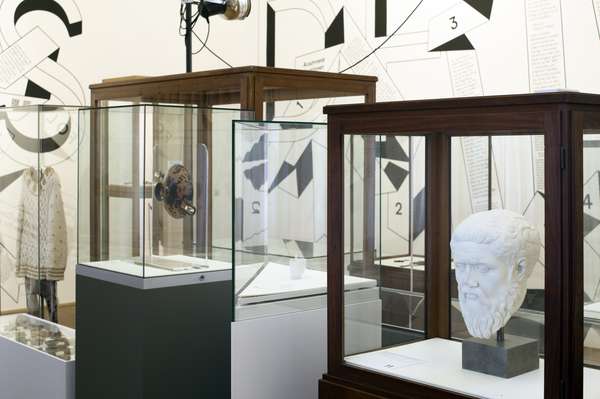
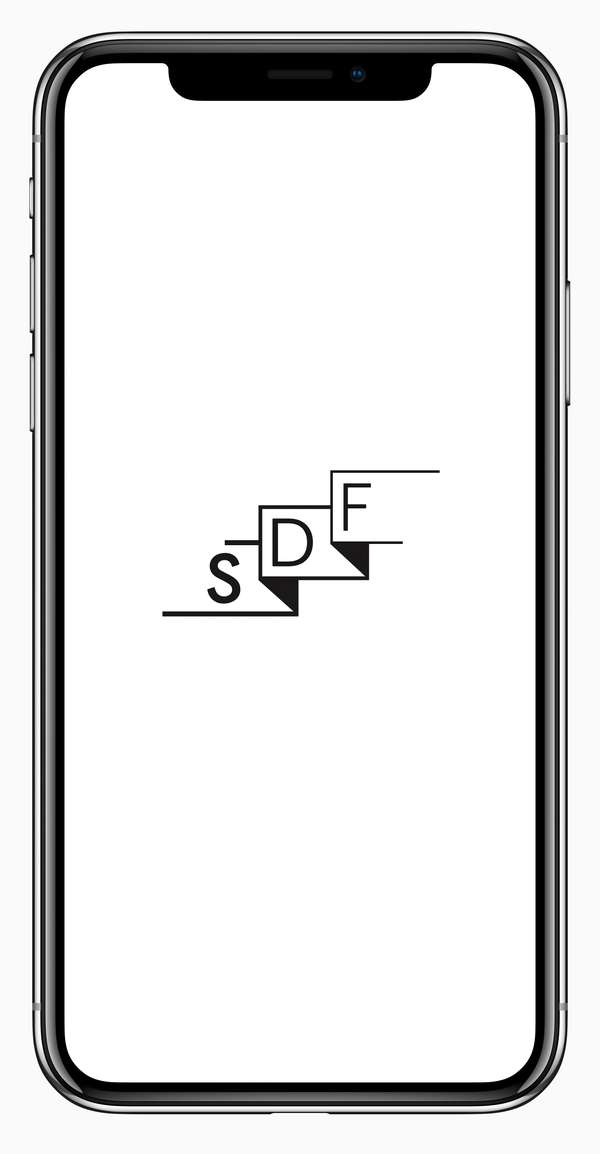
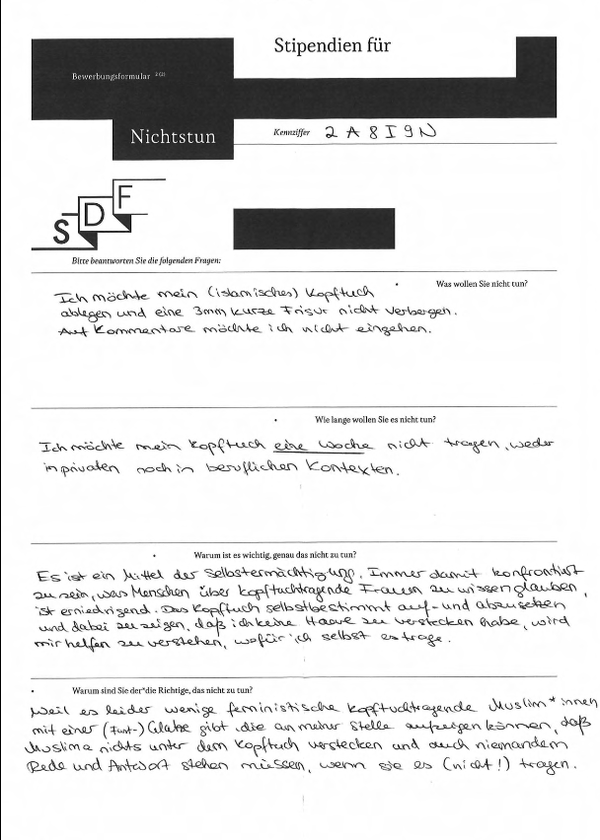
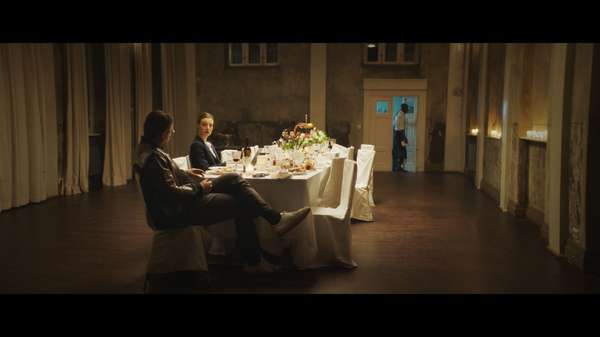
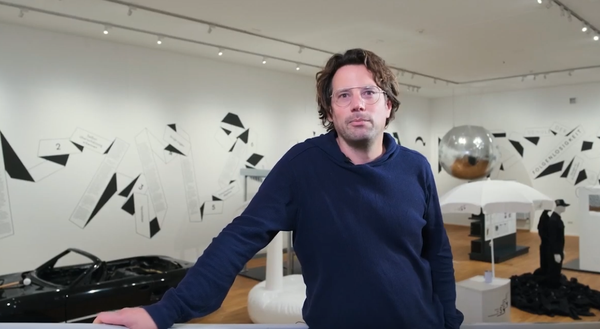
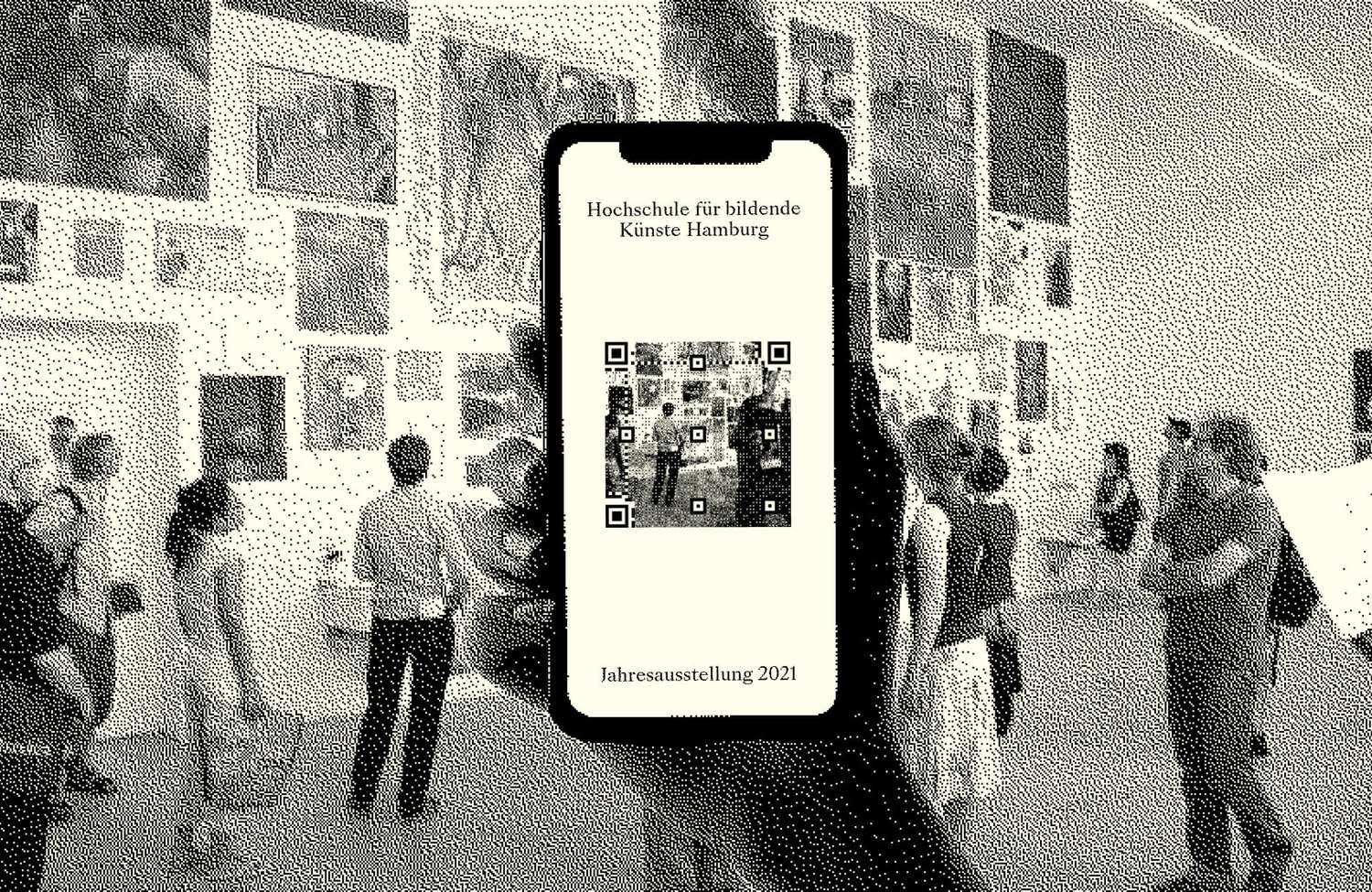
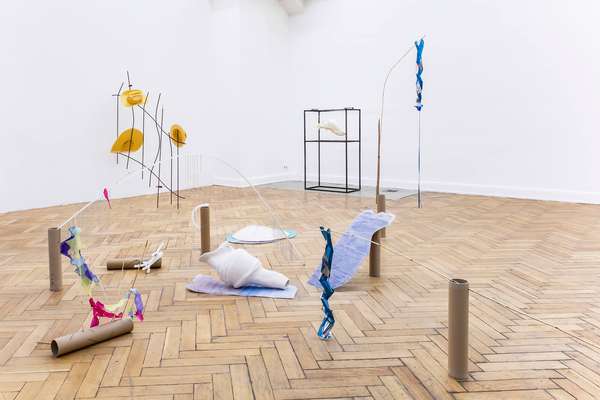
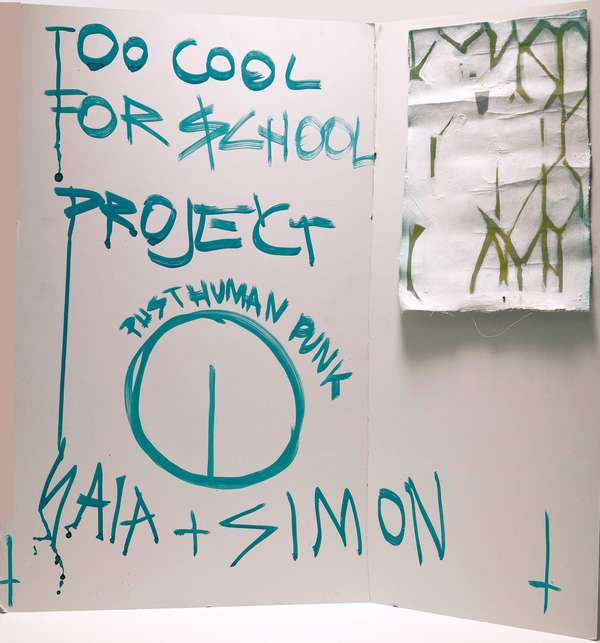
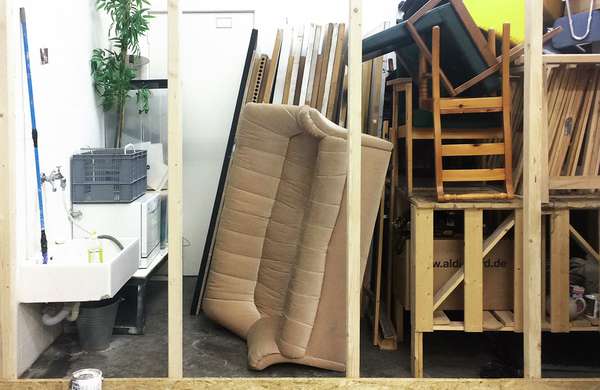
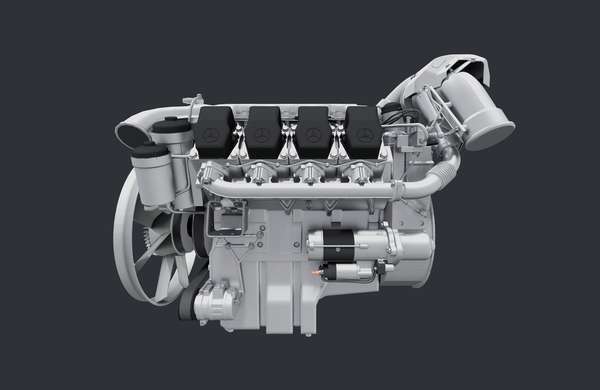
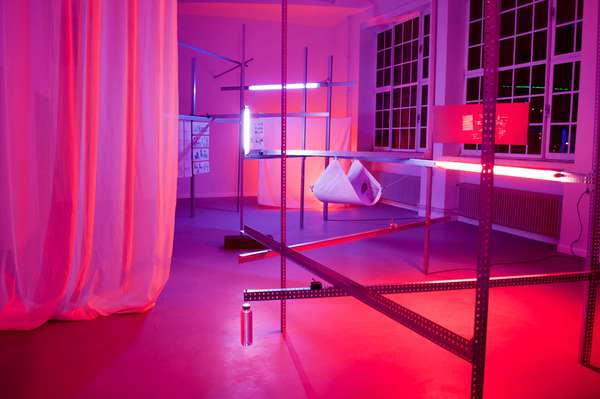
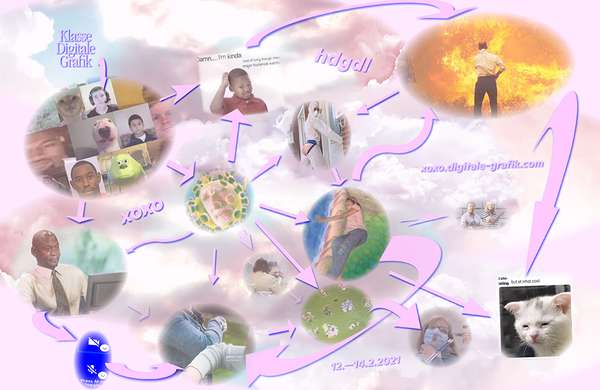
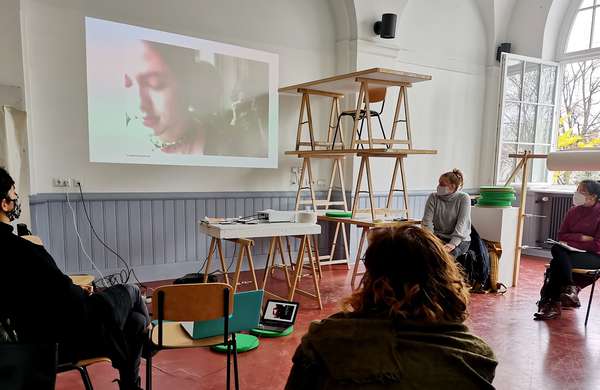
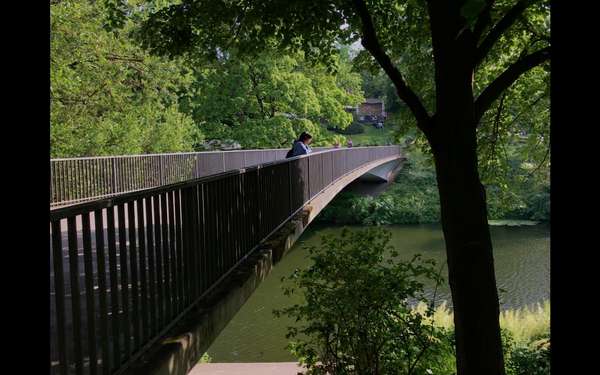
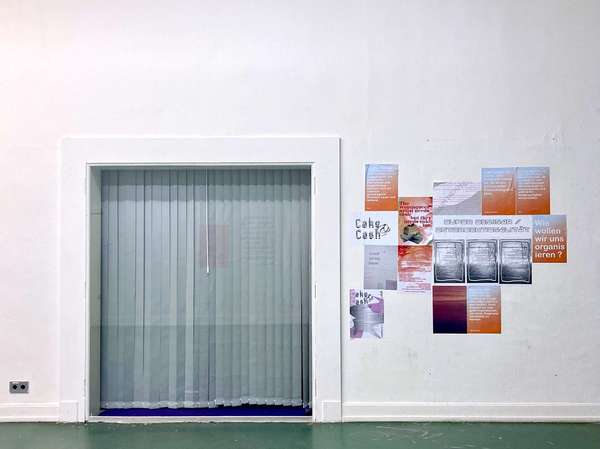
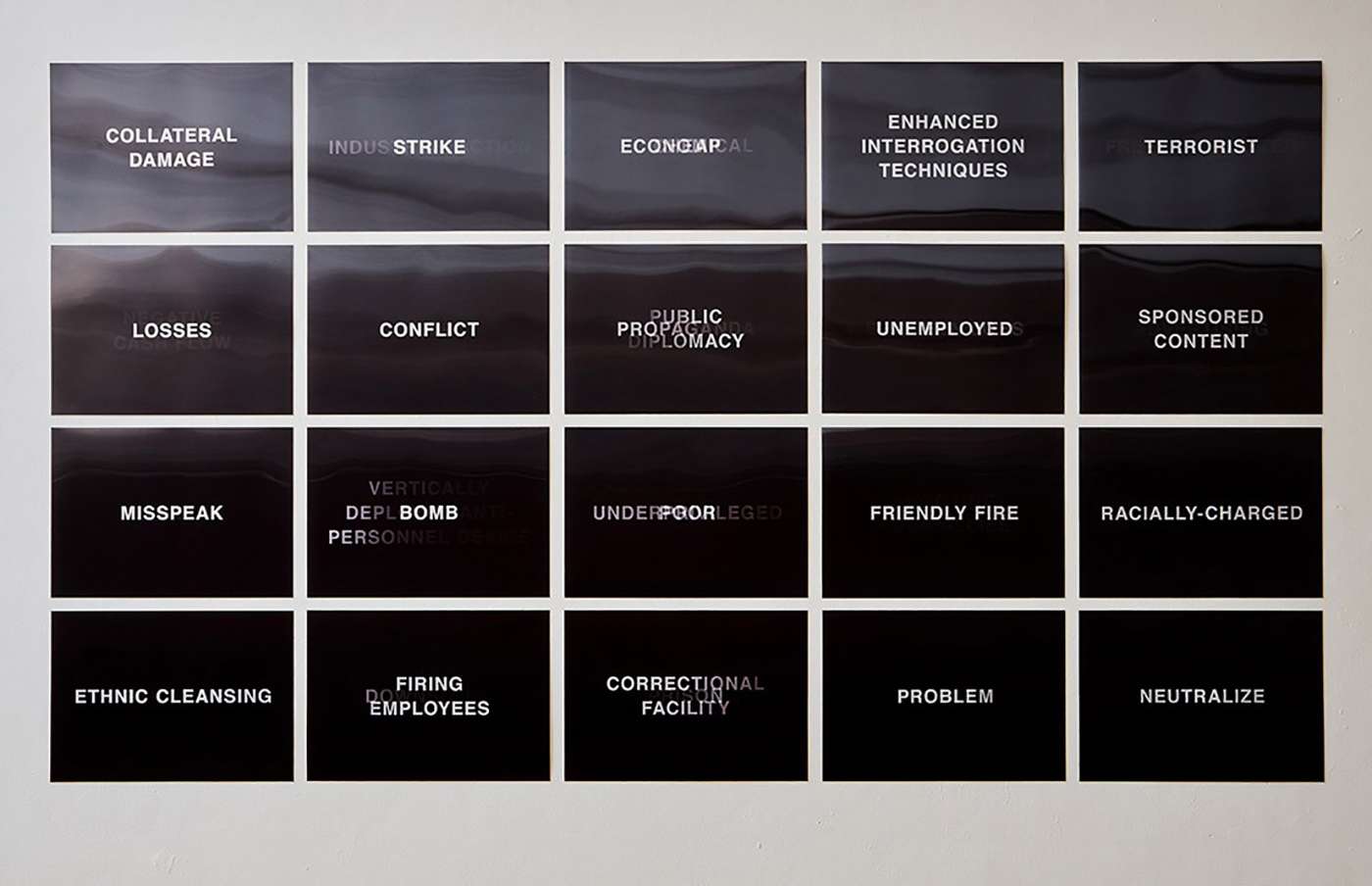
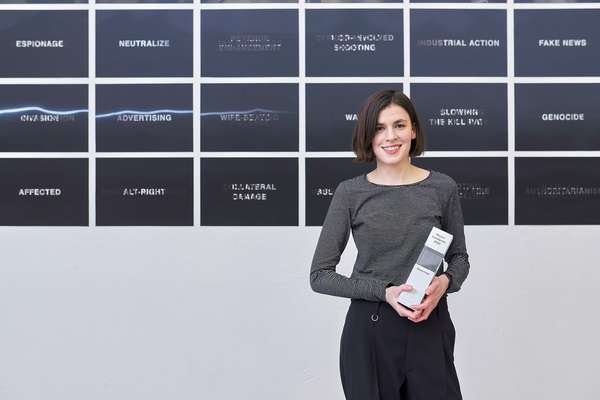
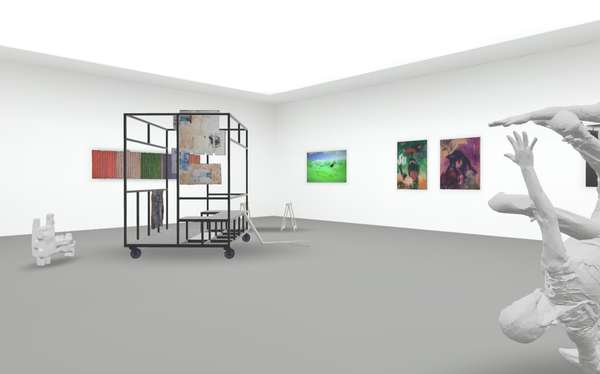
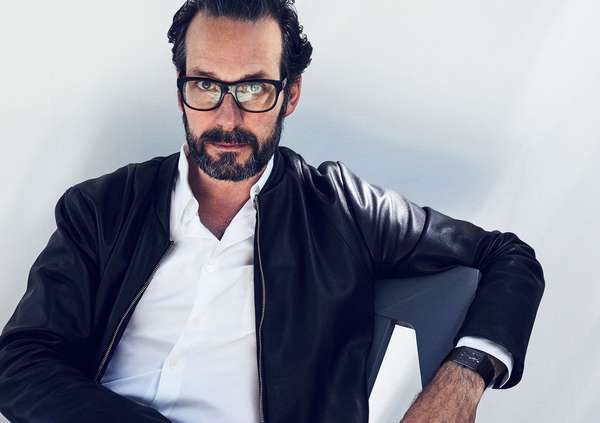
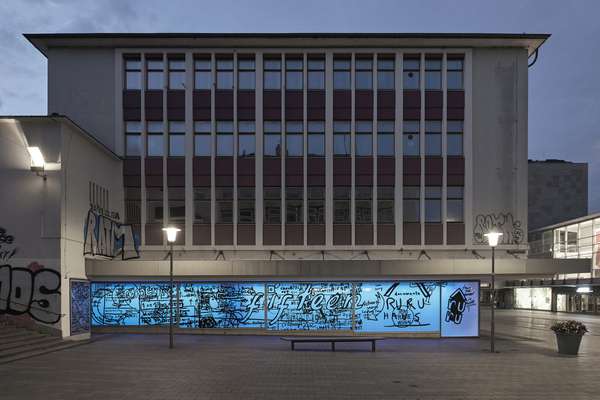
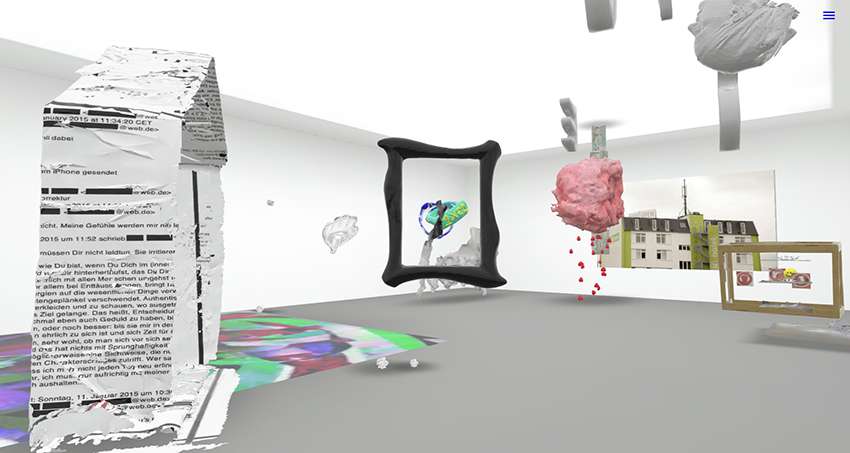
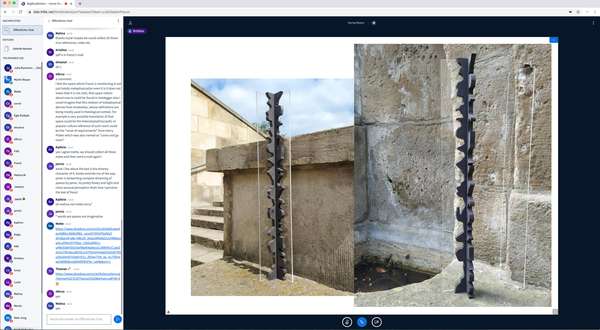
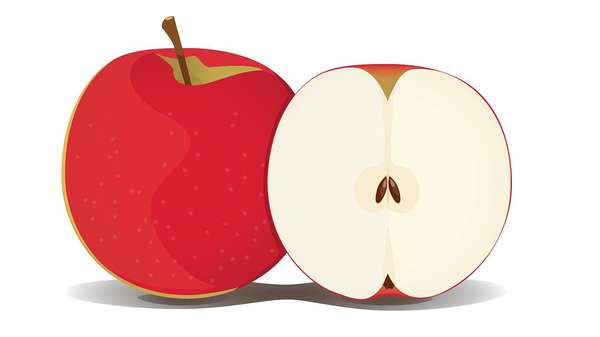
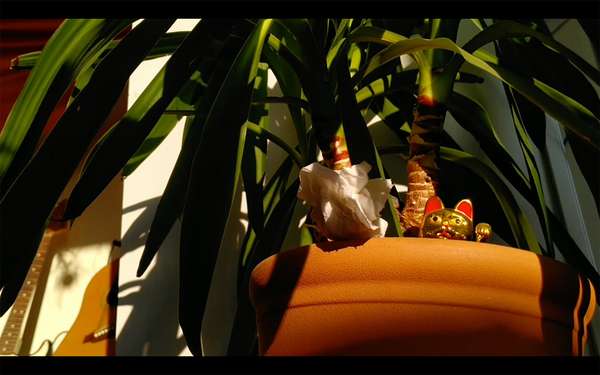
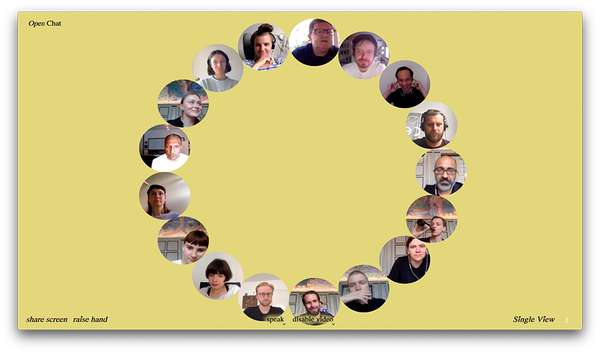
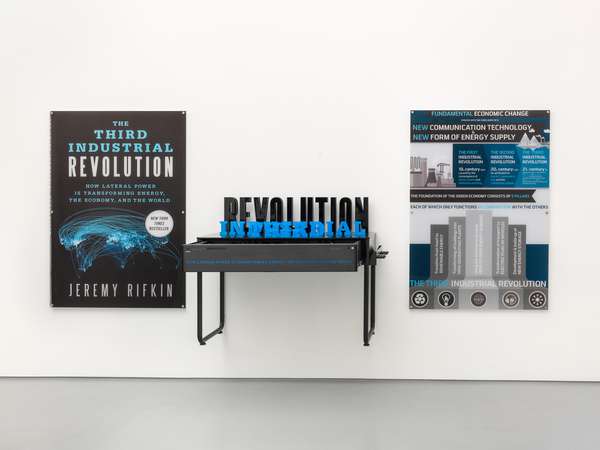
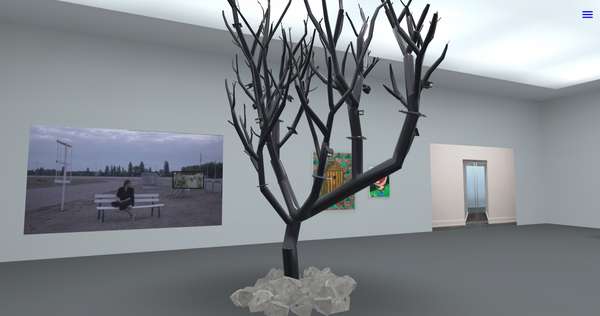
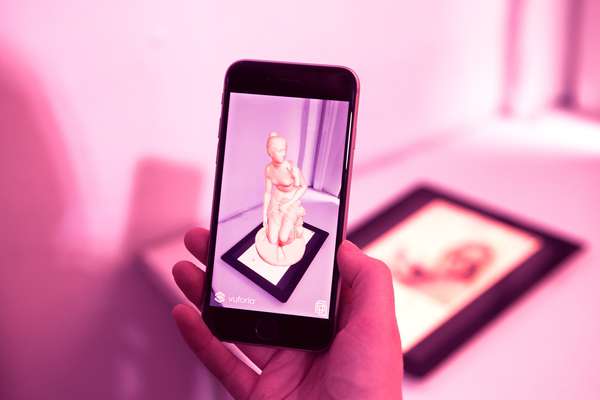
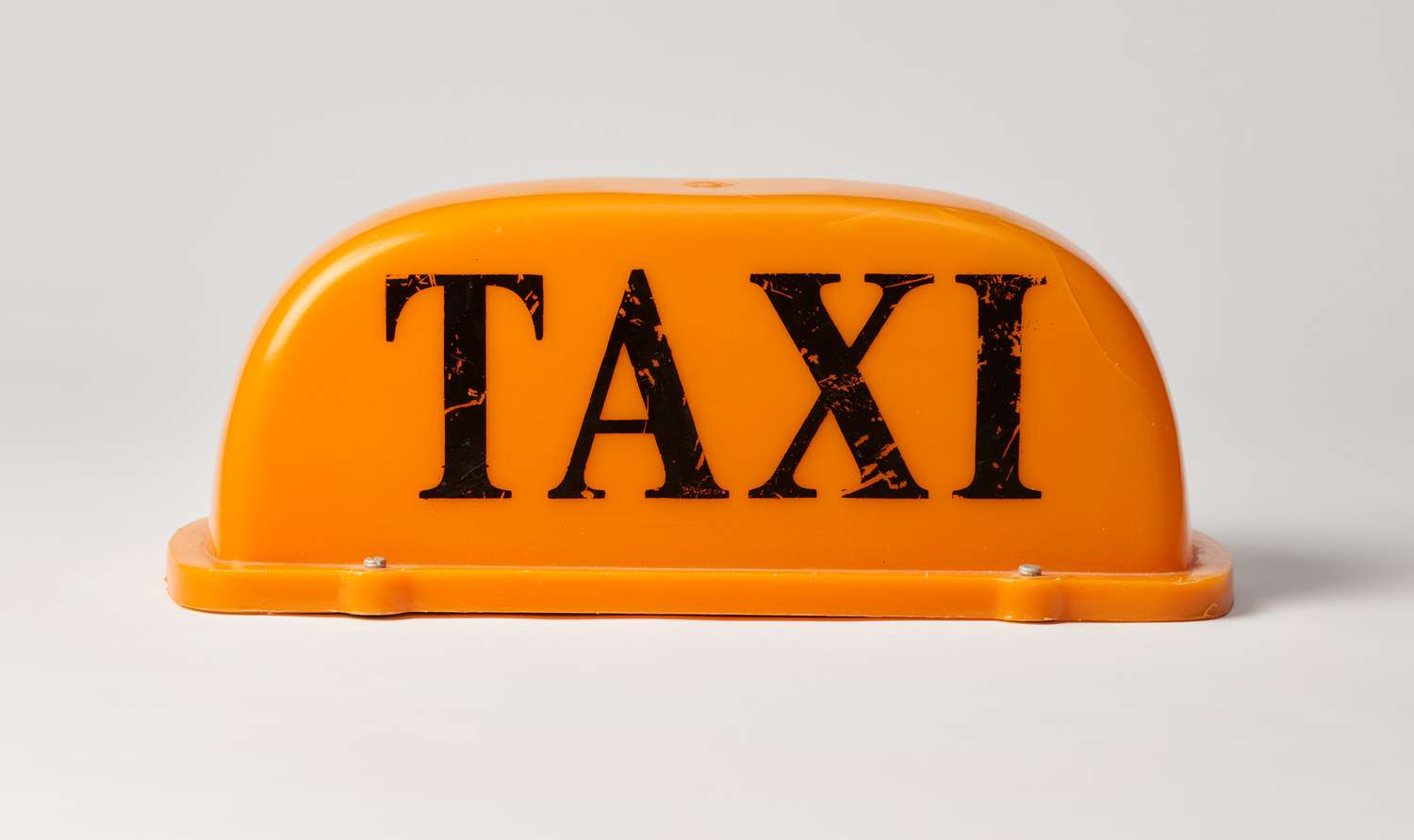
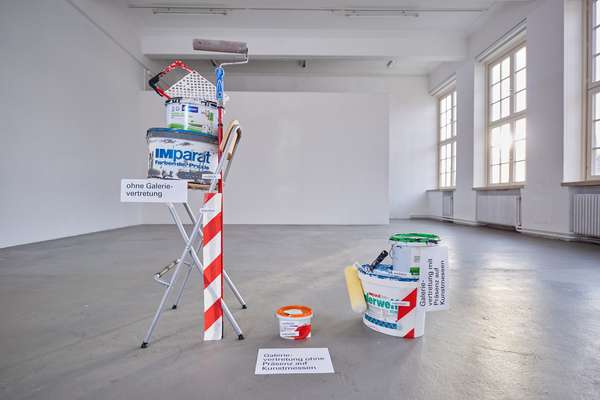
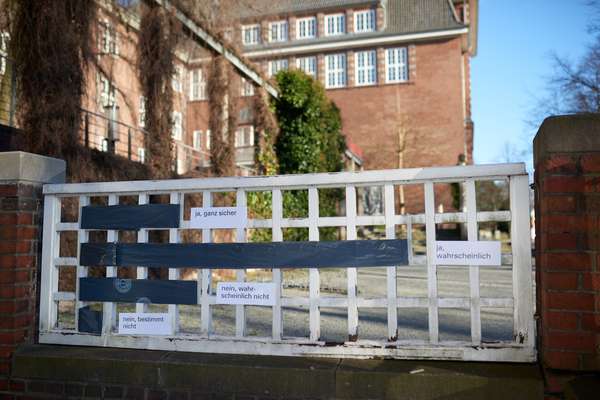
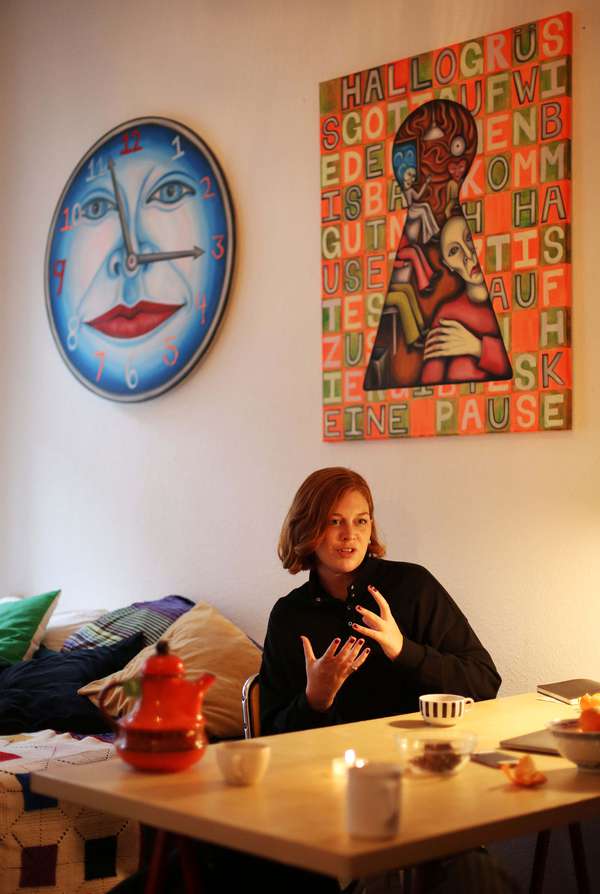
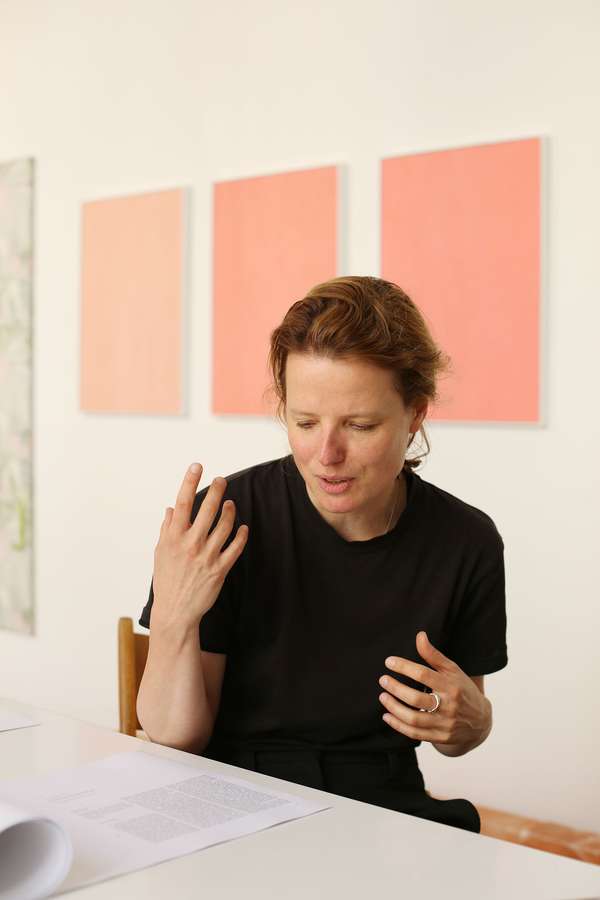
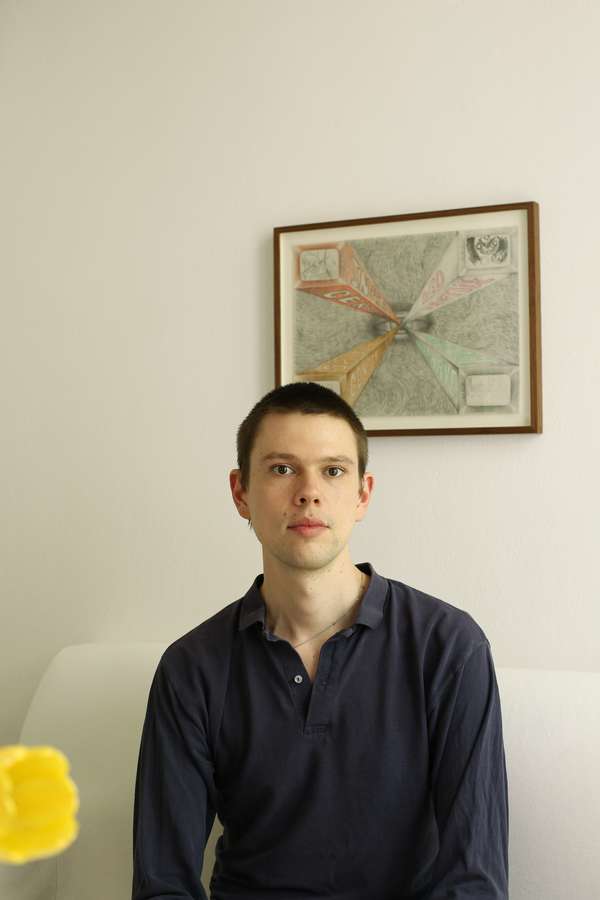
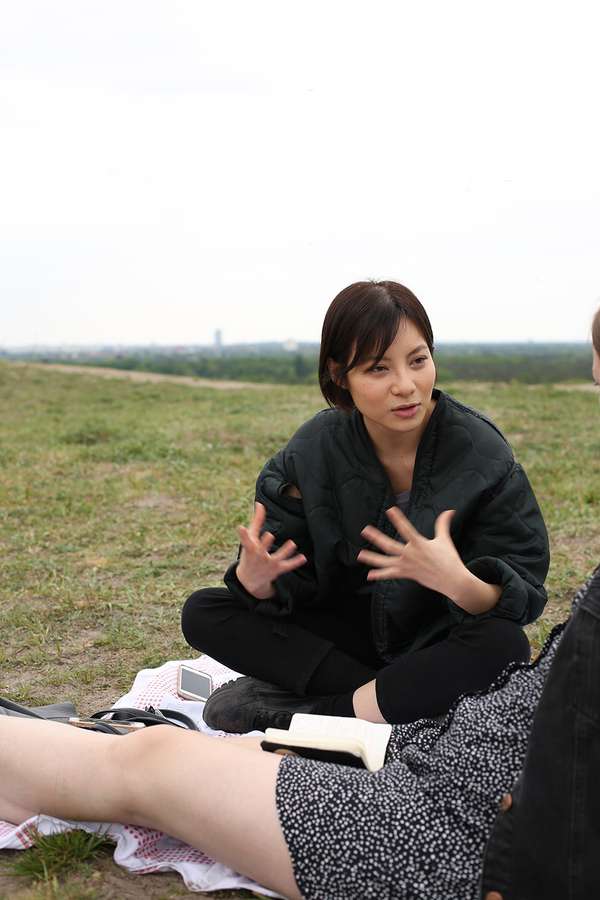
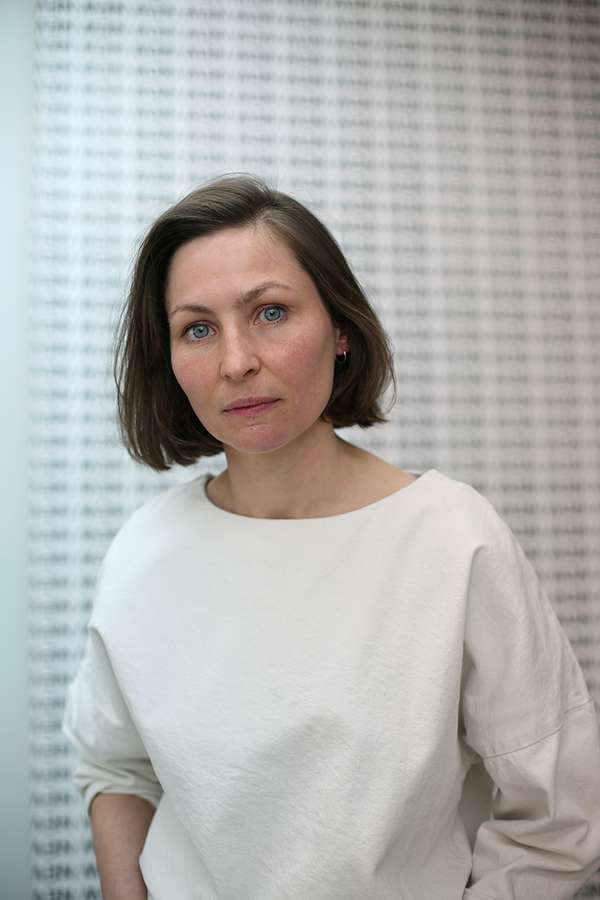
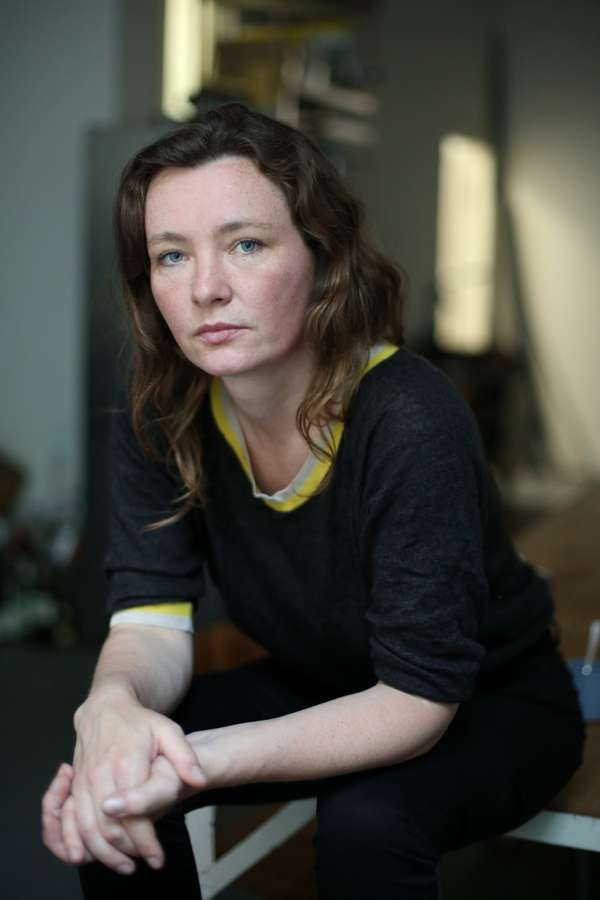
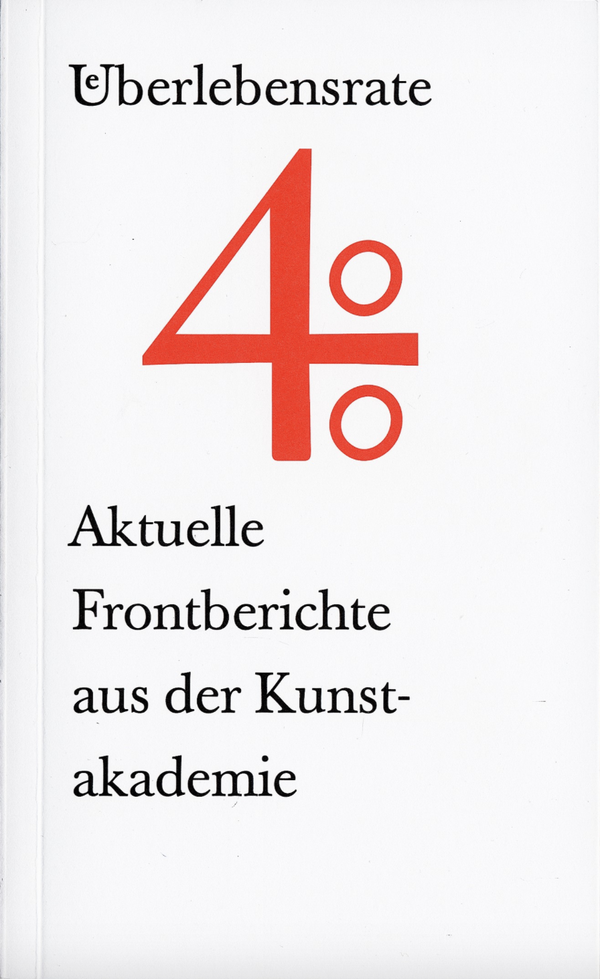
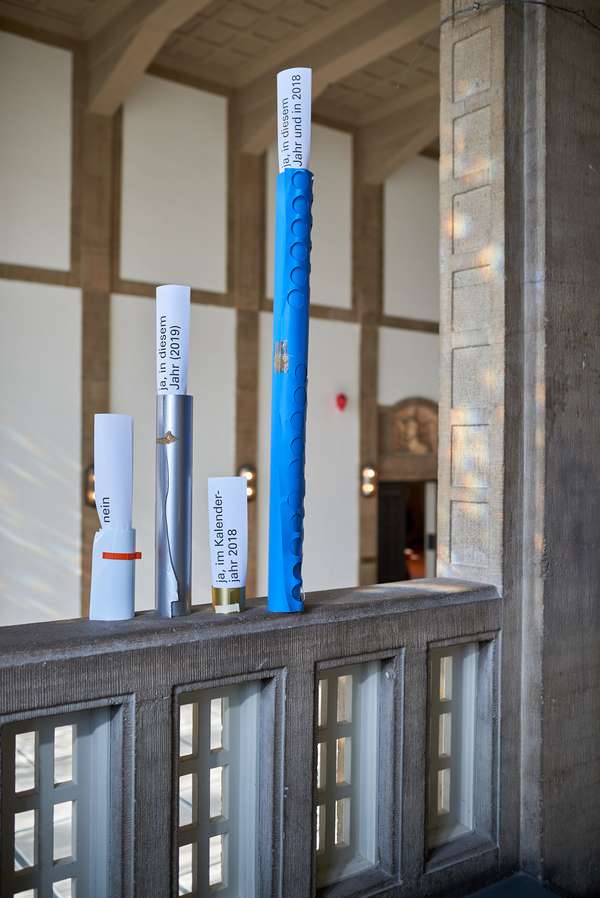
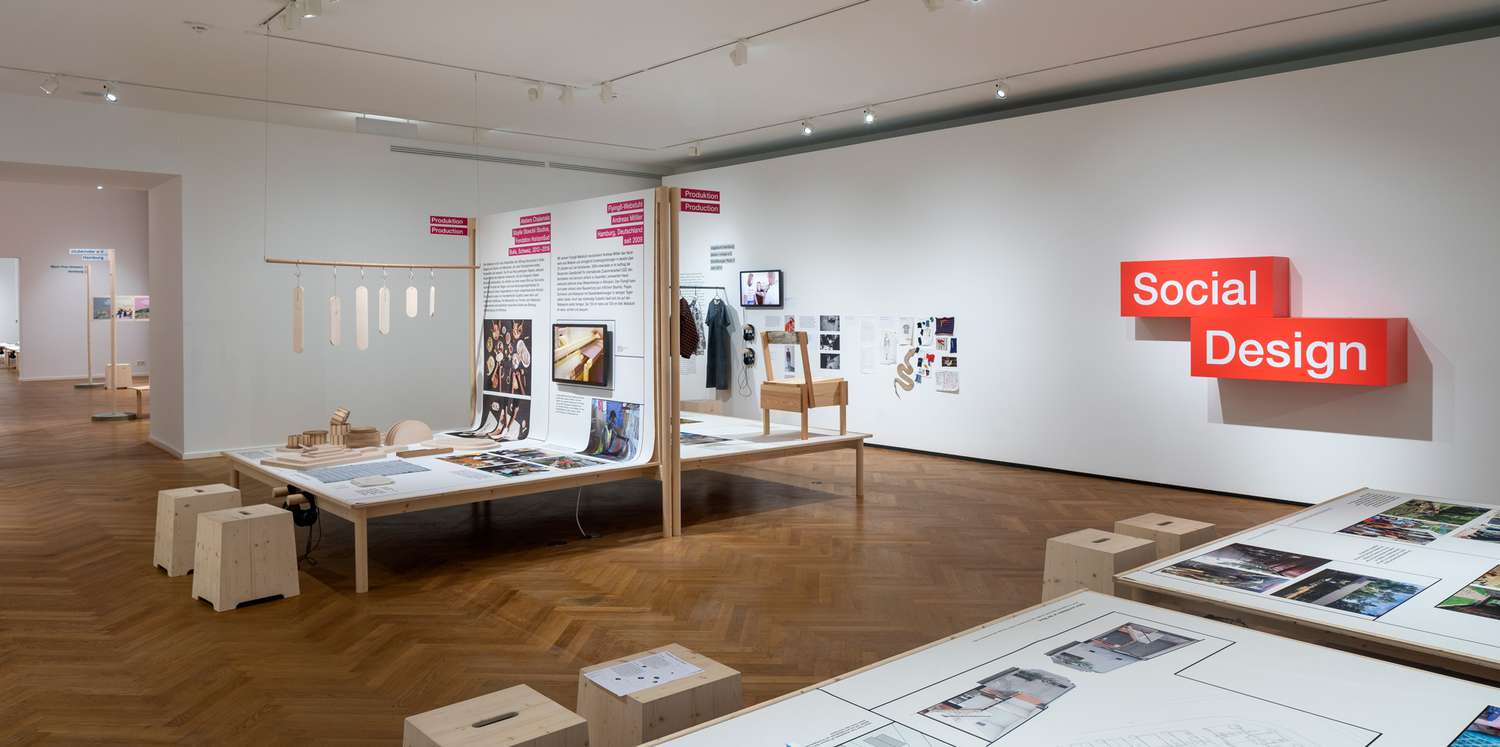
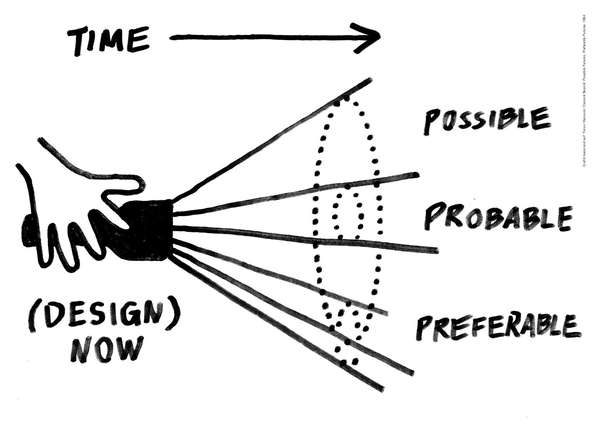
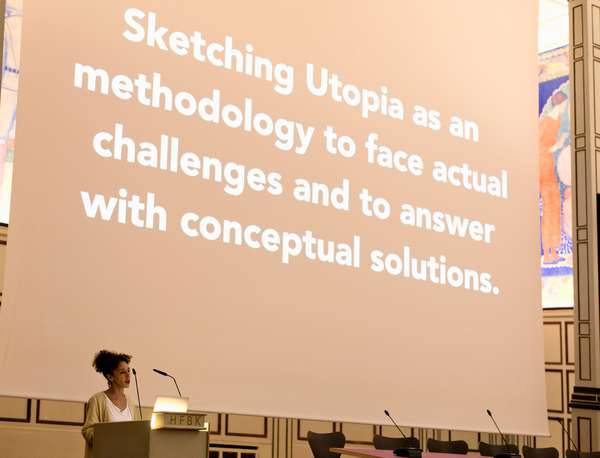
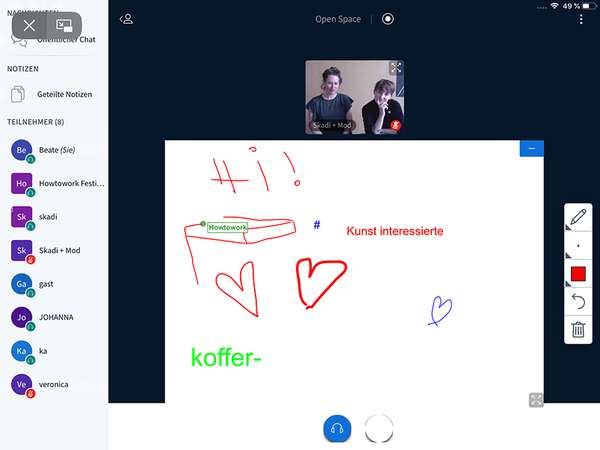

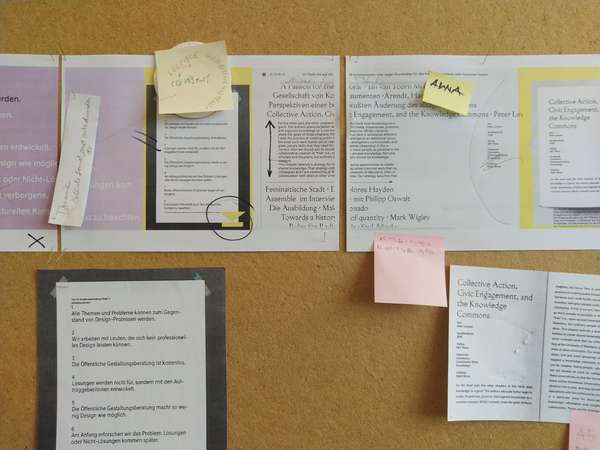
 Autumn program for everyone
Autumn program for everyone
 The New Woman
The New Woman
 Opening of the 2024/25 semester centred on the new film house
Opening of the 2024/25 semester centred on the new film house
 Doing a PhD at the HFBK Hamburg
Doing a PhD at the HFBK Hamburg
 Summer of theory
Summer of theory
 Graduate Show 2024 - Letting Go
Graduate Show 2024 - Letting Go
 Finkenwerder Art Prize 2024
Finkenwerder Art Prize 2024
 Archives of the Body - The Body in Archiving
Archives of the Body - The Body in Archiving
 New partnership with the School of Arts at the University of Haifa
New partnership with the School of Arts at the University of Haifa
 Exhibition recommendations
Exhibition recommendations
 Annual Exhibition 2024 at the HFBK Hamburg
Annual Exhibition 2024 at the HFBK Hamburg
 How to apply: study at HFBK Hamburg
How to apply: study at HFBK Hamburg
 (Ex)Changes of / in Art
(Ex)Changes of / in Art
 Extended Libraries
Extended Libraries
 And Still I Rise
And Still I Rise
 No Tracking. No Paywall.
No Tracking. No Paywall.
 Let's talk about language
Let's talk about language
 Graduate Show 2023: Unfinished Business
Graduate Show 2023: Unfinished Business
 Let`s work together
Let`s work together
 Annual Exhibition 2023 at HFBK Hamburg
Annual Exhibition 2023 at HFBK Hamburg
 Symposium: Controversy over documenta fifteen
Symposium: Controversy over documenta fifteen
 The best is saved until last
The best is saved until last
 Festival and Symposium: Non-Knowledge, Laughter and the Moving Image
Festival and Symposium: Non-Knowledge, Laughter and the Moving Image
 Solo exhibition by Konstantin Grcic
Solo exhibition by Konstantin Grcic
 Art and war
Art and war
 Graduate Show 2022: We’ve Only Just Begun
Graduate Show 2022: We’ve Only Just Begun
 June is full of art and theory
June is full of art and theory
 Finkenwerder Art Prize 2022
Finkenwerder Art Prize 2022
 Nachhaltigkeit im Kontext von Kunst und Kunsthochschule
Nachhaltigkeit im Kontext von Kunst und Kunsthochschule
 Raum für die Kunst
Raum für die Kunst
 Annual Exhibition 2022 at the HFBK
Annual Exhibition 2022 at the HFBK
 Conference: Counter-Monuments and Para-Monuments.
Conference: Counter-Monuments and Para-Monuments.
 Diversity
Diversity
 Summer Break
Summer Break
 Live und in Farbe: die ASA Open Studios im Juni 2021
Live und in Farbe: die ASA Open Studios im Juni 2021
 Unlearning: Wartenau Assemblies
Unlearning: Wartenau Assemblies
 School of No Consequences
School of No Consequences
 Annual Exhibition 2021 at the HFBK
Annual Exhibition 2021 at the HFBK
 Semestereröffnung und Hiscox-Preisverleihung 2020
Semestereröffnung und Hiscox-Preisverleihung 2020
 Teaching Art Online at the HFBK
Teaching Art Online at the HFBK
 HFBK Graduate Survey
HFBK Graduate Survey
 How political is Social Design?
How political is Social Design?